95 - Margaret Goodwin
Margaret Dillon Goodwin was born in 1949 to Edmonia ‘Eddie’ Beal Dillon and Melvin ‘Adj’ Dillon, two of Camp Wyman’s longest serving Executive Directors. “I grew up at Wyman and felt very lucky most of the time. I was in the dining room as an infant and toddler, sleeping, napping or chatting at lunch or dinner with a dining hall full of people. I have pictures of me at the old program office in a play pen and around the flagpole with campers. I went to ACA meetings and was in the back of board meetings or United Way presentations.
I was surrounded by loving and caring people with few harsh words. I was lucky and felt that that was how the world was and should be. People in the Camp Wyman world pitched in and worked for the good of the group and each other. Everyone belonged. I felt cherished and felt like I was the center of my parents and the Wyman world, but everybody was cherished and their thoughts and feelings respected.”
“I grew up folding mailings on the Lemay house dining room table in grade school in the winter or eying potatoes or sorting silverware in the dining hall or folding towels in the laundry. I was there to give, contribute and help like everyone. Wyman’s goal was to work to make things better, to work together and learn from each other and enjoy being part of a team working for the common good. I was engaged as part of the team finding the good in every situation, appreciating the work of others and their gifts, doing for others, and always working hard. I felt lucky to be there and be part of the community.
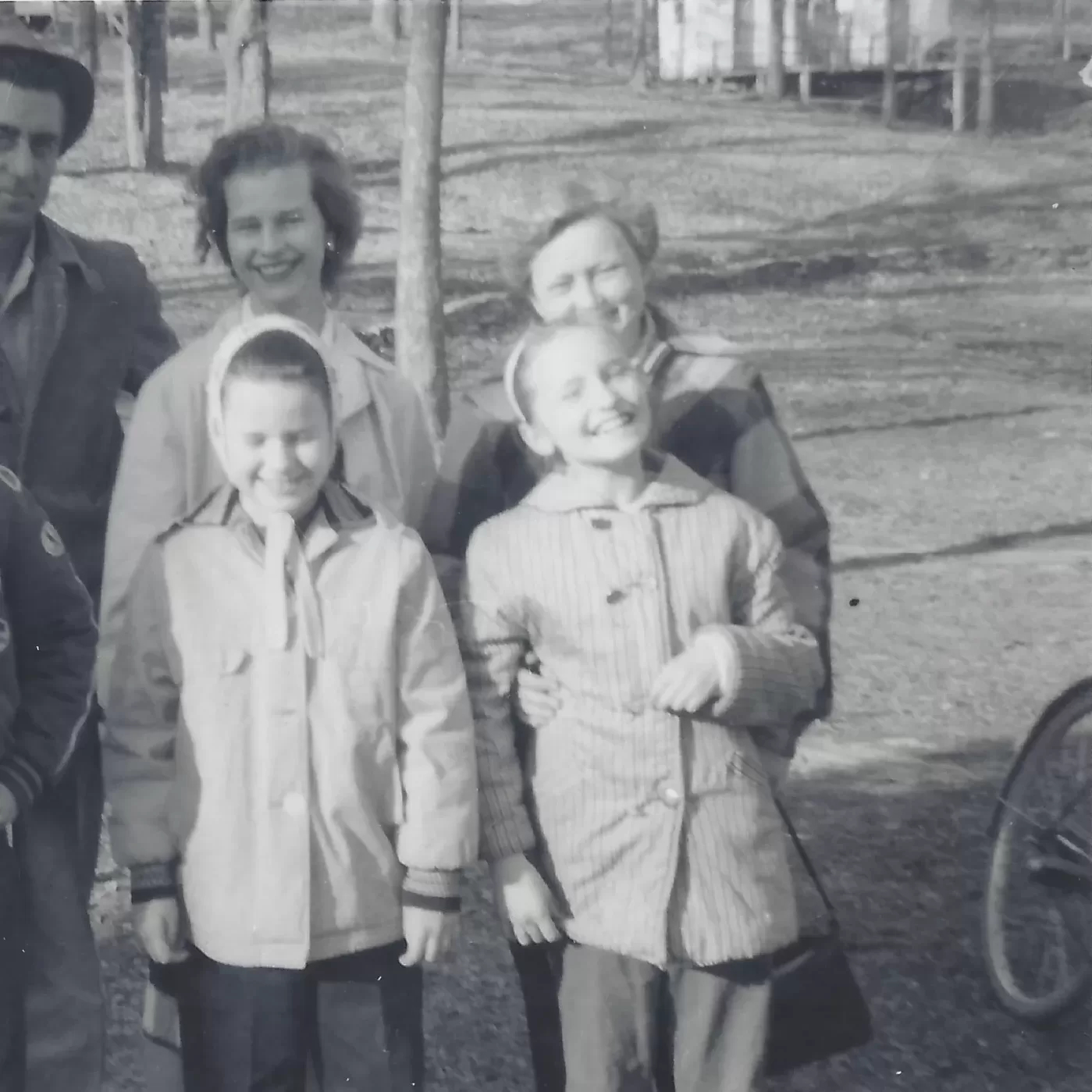
Margaret Goodwin
Wyman Supporter, 1949 - Present
“People in the Camp Wyman world pitched in and worked for the good of the group and each other. Everyone belonged. I felt cherished and felt like I was the center of my parents and the Wyman world, but everybody was cherished and their thoughts and feelings respected.”
For many kids, camp was their two weeks that they could be themselves; it was a place of possibilities and happiness. Wyman became a very special place where people could grow and care and explore. It was a wonderful atmosphere for kids and for staff, whether it was in the kitchen or by the campfire.
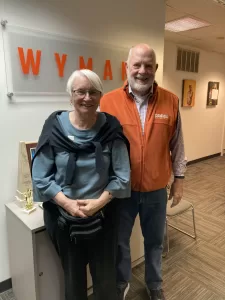
There was emphasis on camping and the outdoors as a place to be explored and respected. There were so many people from different faiths and different backgrounds, and it really was a mixture of so many different kinds of people and different economic groups. I now realize what exposure I had to so many things.”
“The integration of Wyman was a big change, first with staff and then campers. But my father’s style was based on the principle of empowerment and everybody matters. He always believed in the fact that if people had information and that you presented it correctly, and people listened, that change was always possible.
It was a big deal and not a done deal that my mother was made the Executive Director after my dad died. It was scary for me and a big surprise that there was any question about my mother being given the job as director. But Mom took the job and ran. She was open but determined.
I am so amazed by how Wyman has grown and so admire the programs that have developed. Camp Wyman and the Wyman Center has touched so many lives. The Tillerys, the Dillons, the Hilliards and now Claire. Wyman and the St Louis community is so lucky to have had their leadership through the years touching so many lives and changing them for the better.”
94 - Steve Melton
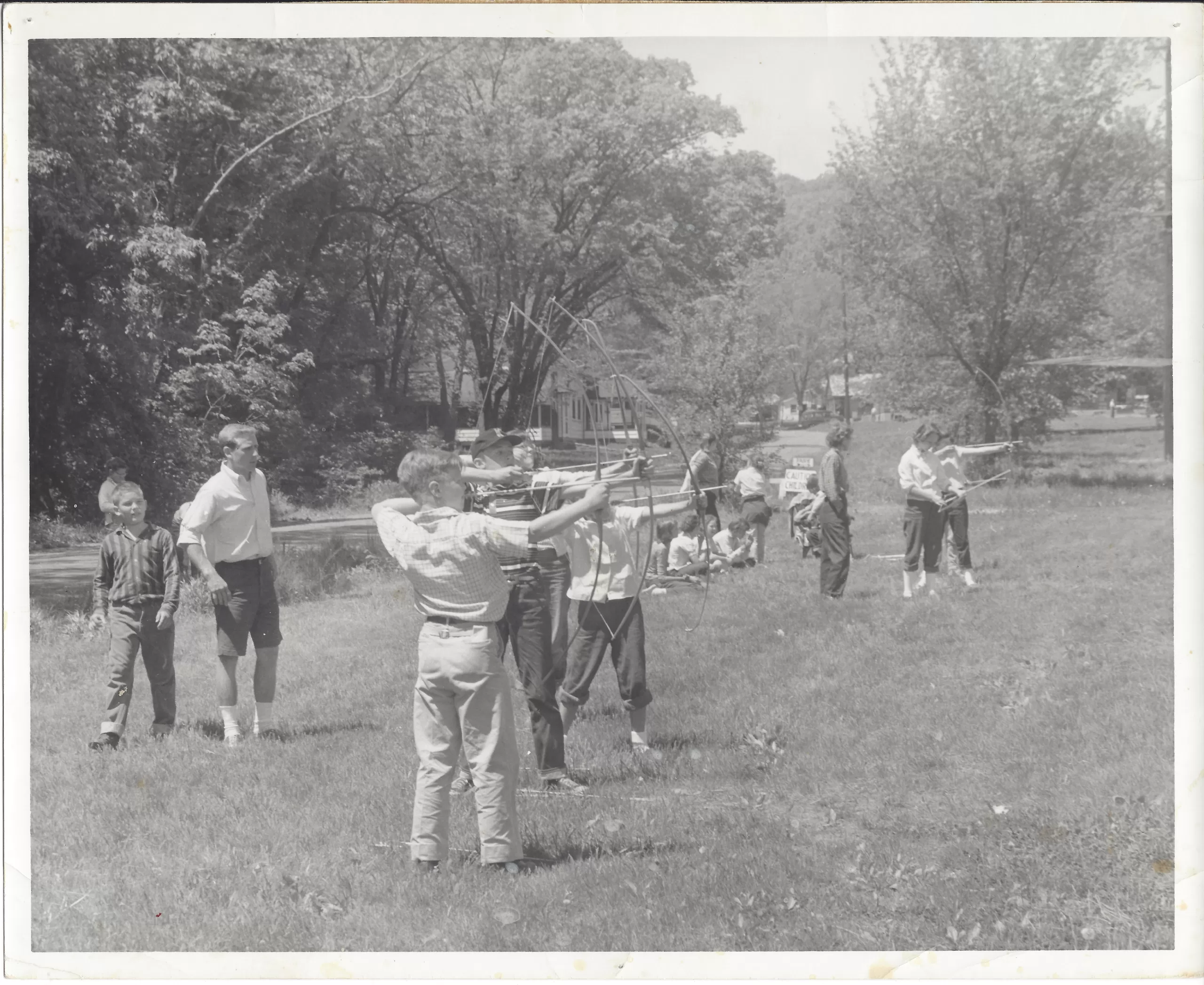
Steve Melton
WEBSTER GROVES CAMPER, 1963
“The whole point of advancing through the ranks of education at Edgar Road was to make it to Camp Wyman, a whole week away from the parents out in the woods. There would be hikes, campfires under the stars, archery, marksmanship. There were snakes, wildlife, and ghost stories told in dark cabins by counselors.”
Camp Wyman, circa 1963. The highlight of my career at Edgar Road Elementary in Webster Groves. From the first day starting fourth grade, all we heard about was Camp Wyman. The whole point of advancing through the ranks of education at Edgar Road was to make it to the end of sixth grade and make it to Camp Wyman, a whole week away from the parents out in the woods. There would be hikes, campfires under the stars while we studied the major constellations, archery with real bows and arrows, marksmanship with real BB rifles. There were snakes and other fascinating reptiles and wildlife. And ghost stories told in dark cabins by counselors. Pretty heady stuff for sixth grade, suburban kids.
Soon enough we were all in the school parking lot saying goodbye to throngs of parents, relatives, and friends. Then, we were pulling into the parking area in front of the chow hall at the camp. There were about a dozen large cabins running along the far side of a big field that occupied the middle of the camp. We collected our stuff and trudged to our assigned cabins. I was in cabin #2, along with a bunch of guys that had been in my third-grade class and Cub Scout pack at Goodall. It was a great reunion.
I don’t know how I ended up doing this. But I sang everyone to sleep at night. Not that I was a great vocalist. I just knew all the lyrics to the popular songs on the radio. I took requests every night and sang until everyone fell asleep.
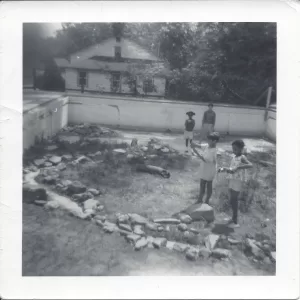
We went on a rather long trail hike one day headed up by one of the local nature experts. First thing we saw was a scorpion. He even spotted a timber rattler lurking just off the trail. Later, someone spotted an absolutely huge blacksnake, crawling across the field. It was the biggest snake I had ever seen. Even given the fact that I was seeing it through a child’s eyes, it could have easily been seven feet long. Someone rounded it up and put it in the abandoned pool. Every day we went down to take a look at it. One day it just disappeared. It was easily large enough to get out on its own. So it did.
During chow the first evening, awards were given out for the day’s activities. Cleanest cabin, most helpful camper, best leaf collection, most knowledgeable astronomer etc. The main thing I remember is a camper being awarded a really cool white feather for hitting a bull’s eye on the archery range. I just had to have one for myself. It took me all afternoon and only fifty arrows to earn my white feather. One girl actually managed to shoot an arrow through a power line that was easily thirty feet above the target. The arrow just hung there all week.
I don’t remember our counselor’s name. But the guy was a great storyteller. He told this story about an ancient warrior who set out on a quest to learn the secret of how to make the world’s finest battle sword. The time at camp flew by. Back in class we were assigned to make a scrapbook of our camping experience. My mother still has that scrapbook, she gets it out every few years and we always talk about that week at Camp Wyman.
93 - Jonel Harris
Jonel Harris remembers being nervous and excited as he applied to join Wyman Leaders “I remember the night before my Wyman essay was due, re-reading and re-writing. I remember being really nervous and really excited about getting into Wyman because it was a big deal. It was easy for me to be a leader at school, to be noticed and seen in those aspects. But now I was about to be a leader with people who are all like that.”
“Being in the room with other leaders was refreshing, exciting and intimidating at the same time. It was the moment that I started to learn that the world is big enough for all types of different leaders and all types of people who come from many different backgrounds. That’s where my Wyman journey started.”
Jonel has a lot of great memories from Wyman Leaders but remembers the service projects and the relationships he built as being some of the most memorable experiences. “On our college tours we did a service project and it was probably one of the best times I’ve had in Wyman. I loved doing our service projects and being able to branch out and do different things that we aren’t doing for ourselves but for others.”

Jonel Harris
WYMAN LEADERS, CLASS OF 2019 CAMP STAFF, 2022
“When I started Wyman, I felt like I had to be this big person who made a difference. As time has gone on, I realized that I don’t have to be the only leader, and I don’t have to be the biggest leader. If I’m changing one small life at a time or changing a couple of lives then I’m doing what I want to do.”
“I remember being really close to the staff and to my camp counselors. I remember looking up to the Wyman staff and thinking they’re like the older siblings I always wanted.” Those relationships were so impactful that Jonel has returned as a camp counselor. “Now that I’m a counselor, I had a teen tell me ‘you’re like the big brother I always wanted.’ I was like, ‘Oh, I know the feeling!’ It felt nice to be like, oh gosh, that was me. Getting the opportunity to be Wyman staff after having been a Wyman teen is a humbling experience. I’m so grateful for it, because it’s one of those experiences that happen once in a lifetime – each session is different from the last. Each group of kids are different from each other. It definitely is one of those moments that I’ll cherish forever.”
“I feel like I evolve every year. When I started Wyman, I felt like I had to be the leader, I felt like I had to be this big person who made a difference. As time has gone on, I realized that I don’t have to be the only leader and I don’t have to be the biggest leader. If I’m changing one life at a time or changing a couple of lives then I’m doing what I want to do. I don’t have to change the whole world, but by changing my little world, changing those lives and connecting with those people, I’m doing what I always wanted to do.
I would explain Wyman as a place of leadership, growth, and acceptance. Because those are all key things that surround my Wyman story. Leadership not just with other people, but within yourself. Growth because you know you grow when you’re here; you don’t just go three weeks without cellular service to not have any spiritual growth. And acceptance because this is the place where I definitely grew in accepting who I am as a person. Wyman Leaders is one of those really fun and great experiences that changes and shapes you into who you are.”
92 - Kim Wright Stewart
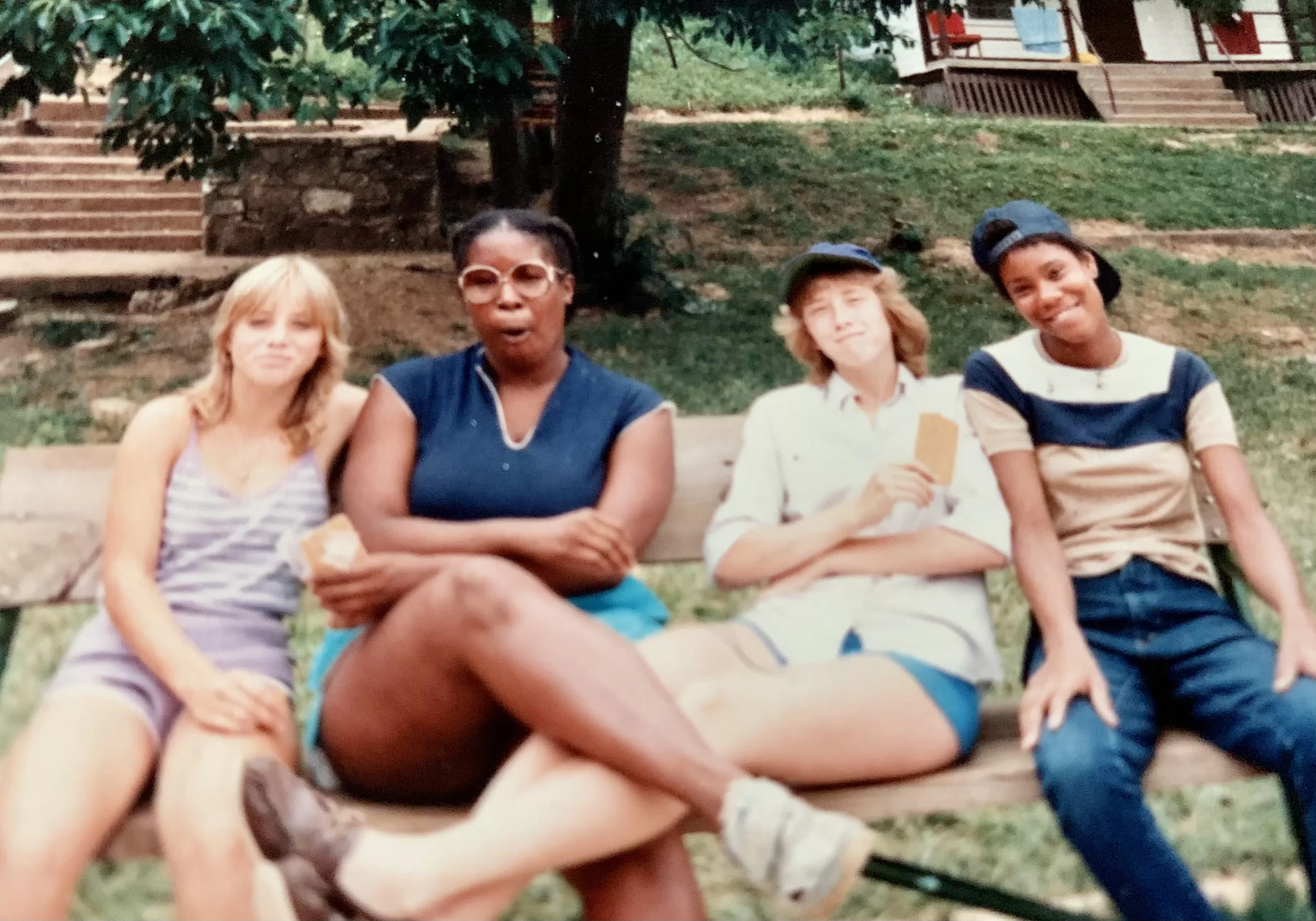
Kim Wright Stewart
Former camper and staff, 1970s - 1980s
“I didn’t connect the dots with this as a kid, but as I got older I thought, gosh, camp was powerful. For 11 days we were all living together, there wasn’t this separation that you experienced in the rest of the world. It was such a gift.”
I grew up in South City, St. Louis in the late 1970s. I started going to Camp Wyman in the summer when I was about 9 until I was 18.
I remember Dave (Hilliard) taking us on hayrides, campfires in the big field, talent show nights, the camp songs, and the dining hall. Most of the kids were from the city, and these weren’t things we did normally. Camp was like a break from all the business of living in the city.
I was like, 11 days? Can I stay longer? Sometimes there was an opening, and I would go back for another 11 days. I just loved it; it was my happy place. I wanted to live there forever.
I loved when I was 13 or 14 and got to go up to the cabins in the woods at Morning Star, that felt like the biggest thing ever. And when I was 15, there was a program where you had different jobs during the camp session and learned job skills like how to do a resume or fill out an application and do interviews. I learned how to apply for my first job that summer at camp.
Our hugs and tears when we left our friends at the bus, I remember those things really vividly. Because you bond really fast at camp. You’re living together, you’re sharing meals, and everyone’s having the same experience. Camp was full of experiences that weren’t part of my normal life. It opened me up to so many different possibilities that I wouldn’t have even considered growing up in the city and realizing that the world was bigger than my concrete neighborhood.
When I was 19, I came back as a staff member for my final summer. We did the Sunship Earth Program, and that’s when I met Claire (Wyneken). It was a middle school program where fifth and sixth graders came out for a five-day science class. We had stations set up at different areas and each had a different focus like learning about photosynthesis, or what kinds of things grow in rocky terrain. They had passports and items that needed to get stamped. It was very interactive.
I still remember all the counselors I had as a camper – especially Kathy, the counselor in the photo with me, I just adored her. I remember the community. Camp was so great for this instant community, and I loved that.
I didn’t connect the dots with this as a kid, but as I got older I thought, gosh, camp was powerful. For 11 days we were all living together, there wasn’t this separation that you experienced in the rest of the world. It was such a gift to be living with all kinds of different people.
It really bothered my grandfather that we went to camp with Black kids. He and my mom had a heated argument about it, and my mom stood her ground and called him out. That’s hard to do, but me seeing that in her was so powerful; my mom defending our experience and friendships.
As I’ve thought about my own story, I’ve had so many Black female teachers and role models. And I know I have friends who would say, ‘I’ve never had a Black teacher.’ My camp counselor Kathy, her investment in us that summer, in teaching us skills, that was pretty powerful and I carried that with me for years. All of those things shaped me, and I’ve carried those things with me. Wyman was a unique experience for so many reasons, and how amazing that I got the honor and the privilege of spending my summers there.
91 - Jaylen Bledsoe
Jaylen was introduced to Wyman as a student when he was nominated by his school to join what is now Wyman Leaders. “When you learn about Wyman, you’re instantly hit with ‘leadership’ and ‘camp’. As a young person hearing about the programs, that combination is pretty exciting. Looking back from this perspective of what I’ve learned, it wasn’t just about the camp songs and hiking. It was how Wyman used that location to build young people like myself through a really intentional social and emotional lens. It’s this unique combo that allows Wyman to make a real difference for so many young people in St. Louis and across the country.”
When Jaylen joined Wyman Leaders, he was balancing not only school but his business as well, which he started when he was 12 years old. His experience in Wyman Leaders helped him leave his comfort zone and learn how to establish relationships which has helped him in business spaces. “With Wyman, there is a requirement to step out of the comfort zone and talk to people and understand how to build relationships. So I learned through Wyman Leaders how to go out and approach people; how to have a conversation; how to get to know someone – and really care about getting to know them. As I went beyond Wyman Leaders and into business spaces, one of the most important things we can do as entrepreneurs, as leaders is to be able to establish relationships by stepping outside of my comfort zone to start a conversation.”
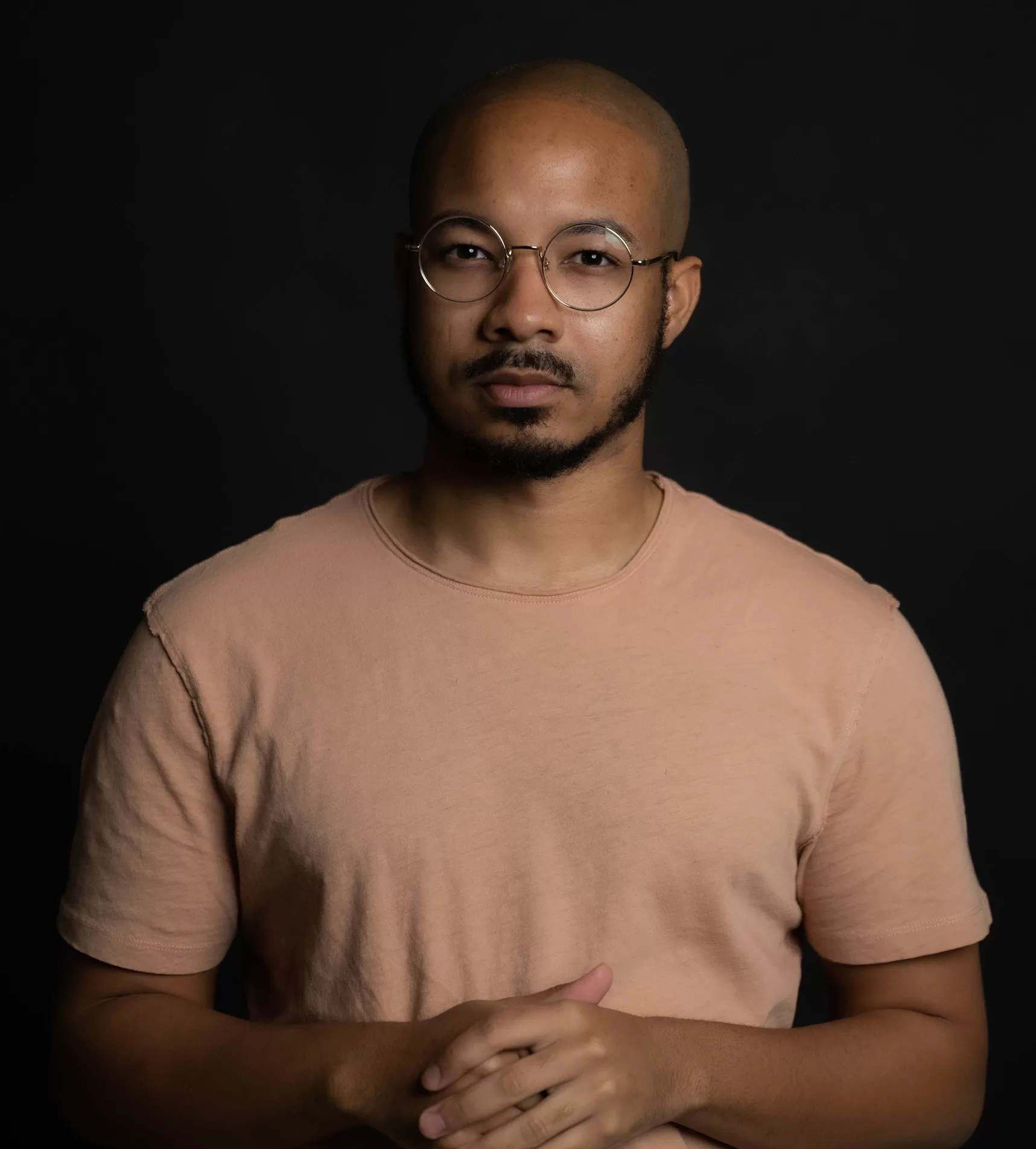
Jaylen Bledsoe
Wyman Leaders Alum, 2016 Incoming Board Chair
“Looking back from this perspective of what I’ve learned, it wasn’t just about the camp songs and hiking. It was how Wyman used that location to build young people like myself through a really intentional social and emotional lens.”
In 2021, Jaylen was elected to the Board of Trustees and during his time on the Board has served on multiple committees and is one of the co-founders of Wyman’s Young Professionals Network. “I think for me it really comes down to Wyman has been an incredible part of my life and an incredible part of many of my friends lives and their development as adults who can give back to their community. Wyman is a family, and most importantly Wyman is sticky. Whether you’re serving on the board, on the staff, or as a camp counselor you’re going to come back to Wyman because of the impact that it’s had on you and your family.”
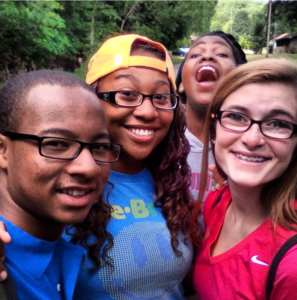
Today, at the age of 25, Jaylen D. Bledsoe serves as the Chairman of the Bledsoe Collective, Inc. and the Managing Director of Flare Partners. Through his work with Flare Partners, Jaylen has played a pivotal role in driving over $4B in new client revenue and overseeing more than $10B in client P&Ls. Their esteemed client roster boasts names like AT&T, Ford Motor Company, Steve Harvey, Jordin Sparks, and NBCUniversal. In addition to this, Jaylen has been a member of AT&T’s Supplier Diversity Board, provided advice to White House officials during President Obama’s Administration on economic policies that impact small businesses, and held board positions with several non-profit organizations. His prior board service includes the Mathews-Dickey Boys’ & Girls’ Club, the Biome School, Multitasking Hearts Corp, Breach, Jordin Sparks’ The M.A.D. Girls, Inc., and, notably, as the former Board Chair of the National Youth Rights Association.
90 - Reanell

Reanell
Wyman Leaders Class of 2026
“Wyman is a fun and active, creative, interactive learning place.”
After a successful final year of middle school, Reanell is excited to head into high school this fall. “My grades were good, I knew and liked all my teachers, they liked me, I had friends, it went pretty well.”
He first learned about Wyman through the TOP program at his school, and is already enjoying being a member of Wyman Leaders. “Yes, it’s very fun. Made some new friends, met some new people. Yeah. It’s more fun than I thought it was going to be.”
“Everybody’s cool, chill and pretty nice. I like everybody.”
The biggest change Reanell has noticed since joining Wyman Leaders is, “I know a little bit more about myself. Like what type of learner I am.”
He was also excited to spend his first summer out at camp this year. “It was fun, chill, active place. It’s real active because we do a lot of moving and a lot of physical activities. You have fun, you laugh, you play, it’s fun. Just fun.”
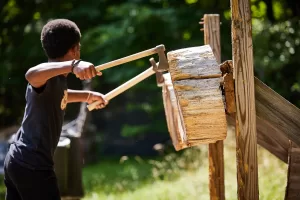
“I am thinking on what I want to do after high school. I know I want to go to college, but I don’t know if it’s for engineering or culinary school because I like cooking and I like building things. I don’t know what I really want to go to college for yet.”
Reanell has advice for anyone thinking about joining Wyman. “I would probably say, I know what they’re thinking about it, because I was hesitant, too. But now that I get to know everybody and see the type of stuff we do here, I enjoy it. So I would tell them, I know you’re worried and maybe you think it’s not for you, but it’s fun and you’ll learn new stuff about yourself and other people.“
89 - Jon Richard
“I’ll never forget that rainy January day in 1997 when I rolled up the Wyman drive to my new home up on the hillside. Little did I know then how important and valuable Wyman would become.
While I only worked with Wyman for 3 years, Wyman remained a constant in my life. My 9-year career as a teacher began through meeting serving the students and teaching from Chesterfield Day School that attended Camp Wyman for their fall outdoor ed week. As a science teacher at the school, I continued to take my students to Lion’s Den for outdoor education.
I also made important connections through my time at Wyman running treks for the Chaddock School. I made many good friends, and my housemates and I shared many fun times in the house up on the hill. Two of them eventually got married at Camp Wyman. Looking back, I had no idea that I would start Vertical Voyages or become a tree climber and eventually an arborist. Life is a mystery, sometimes hard, sometimes glorious and wonderful, one might say a grand adventure.
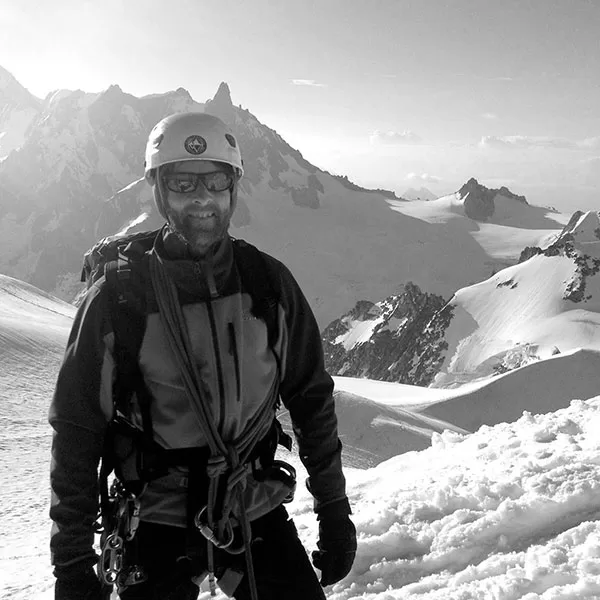
Jon Richard
Wyman Staff, 1993 - 1996
“I asked the students what was the hardest part, and many said it was scary to lean back and trust the rope. But once they committed through initial discomfort, the rest of the rappel was actually quite enjoyable. ‘The scariest moment is right before you start’. So a true lesson that we all can learn from.”
I’d like to share a story from the summer of 2022 as it encapsulates why I do what I do and also aligns with what Wyman is all about. This summer we rappelled at Greens Cave for the Trek program. Anyone who has seen or experienced this rappel knows it’s exposed and exhilarating. Frankly, it’s probably not the best first rappel, but it is what it is and most campers truly enjoy the experience. I recall working with one girl in particular. As she approached the stance at the edge she was obviously unnerved, as she leaned back to the edge the resistance and fear grew to the point of panic and. A few tears. I told her that she didn’t have to rappel if it was too much, but she was determined and managed to muster up the courage to stay engaged and descend 110’ to the base.
When I returned to walk the next group up the girl was smiling and asked if she could do it again! After the experience, I asked the students what was the hardest part, and many said it was very scary to lean back and trust the rope. But they confessed that once they committed through initial discomfort and committed to leaning back, the rest of the rappel was actually not scary and quite enjoyable. This was the perfect opportunity to relate what they experience to everyday life: Initially new things are scary. It reminded me of the Steven King quote, ‘The scariest moment is right before you start’. So a true lesson that we all can learn from.
In appreciation for Camp Wyman and the good things Wyman provides to today’s youth, Jon Richard
88 - Karina Arango
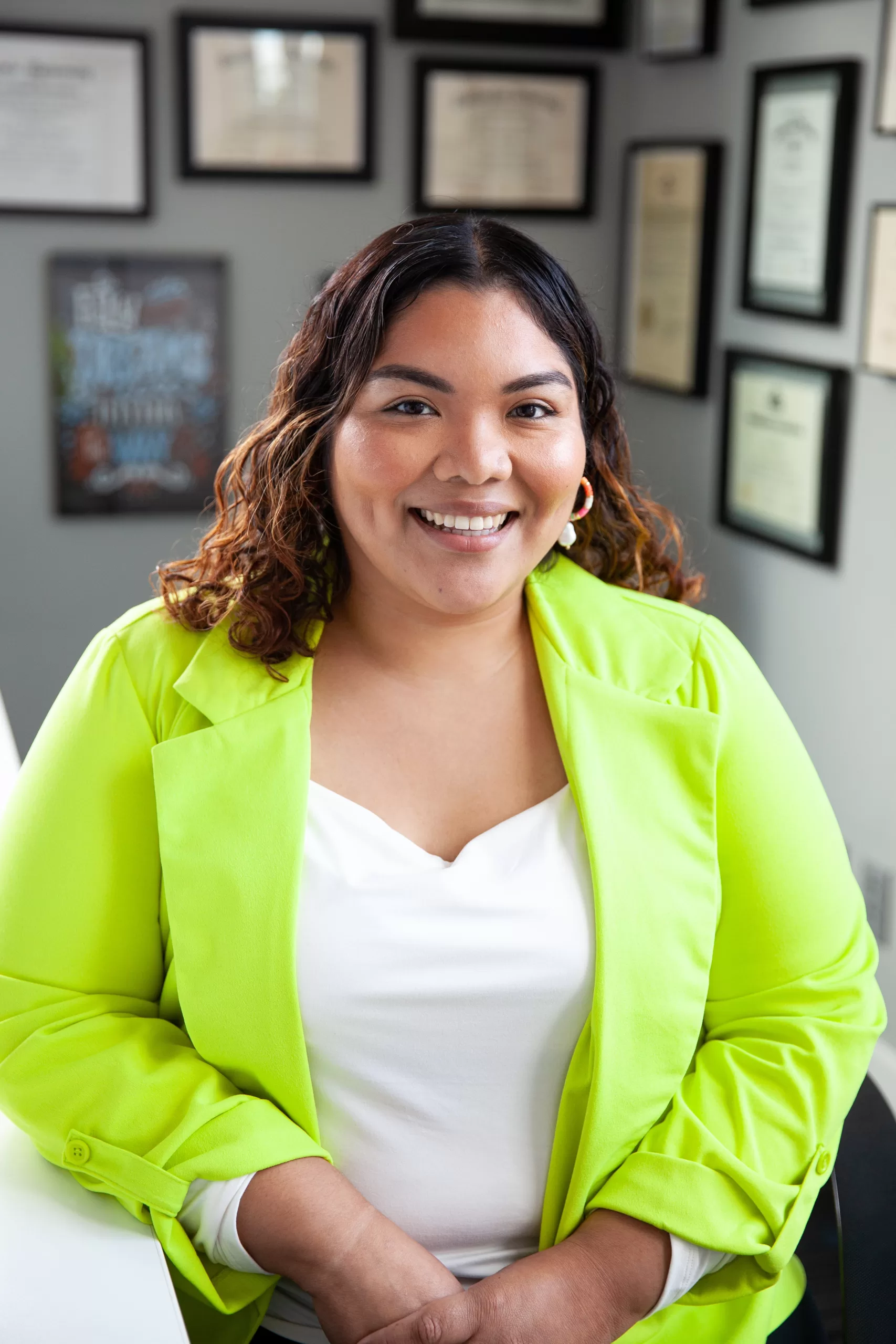
Karina Arango
Wyman Leaders Class of 2011, Wyman Partner since 2021
“My mom would say, ‘education is key. And I thought, well I want to go to college. But I had no idea how. I had the mission, but I didn’t have the vision of how to get there. Wyman was there every step along the way, they listened to my goals, and introduced me to other programs.”
A 2011 graduate of Wyman Leaders, Karina Arango remains connected to Wyman through her work and her personal relationships. “Through Wyman, I learned so much. It really impacted my years going into high school, during high school, and afterwards. And the folks that I met there, I’m still very much connected to. Each summer we’d spend a lot of time outdoors and through that developed leadership and community. It was impactful and really eye opening. I learned so much about myself and I did a lot of things I have never done: I’d never gone camping before Wyman, I’d never been away from my family for more than a week at a time. And the challenges were met with opportunities to really develop myself as a leader.”
“I gained a lot of confidence in understanding the delicate balance of comfort, of risk, and where there’s a challenge there’s actually an opportunity. I gained confidence in myself enough to take the risk even when the reward wasn’t what I was anticipating.
The summer that impacted me the most at Wyman was my third summer. There were a lot of things I was holding at the time – as a student, with my family, and with immigration policies shifting and impacting the household I was in. That summer I did not want to go to Wyman, but I remember speaking with my counselor from the year before and they were really supportive. I still remember being overwhelmed, but having the space and time to be with Wyman was just what I needed.
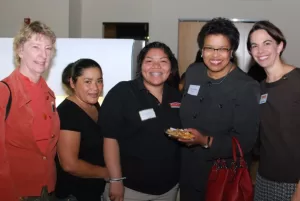
In particular I remember how Allison (Williams) told me, simply put, I know that you’re going to go far. At the time, as a teenager, I’m like ok, but also wow. Someone really believes in me. Someone really wants that for me as much as I want it for myself. That’s one of the many moments at Wyman that impacted me for the rest of my life. It was one of my first moments with Wyman where I was like wow, I feel really seen and supported.
Wyman presented me with opportunities I thought I would never have in my entire life. Since I was little, my mom would say, ‘education is key.’ And I thought, well I want to go to college. But I had no idea how. I had the mission, but I didn’t have the vision of how to get there. Wyman was there every step along the way, they listened to my goals, and introduced me to other programs.”
One of those organizations Wyman connected Karina to was the Scholarship Foundation. “There was a financial literacy course that Wyman provided during summer camp, and there was a follow up workshop where The Foundation presented on college preparation and introduced their services. During my senior year of high school, I applied to receive funding from the Scholarship Foundation.” Now, Karina works as the Advocacy Director at the Scholarship Foundation.
“I was attracted to this position because the role encompasses my lived experiences as a student with Wyman and the Scholarship Foundation, but also because the way the Foundation is evolving alongside and with partners in the community and in the region, and leading advocacy efforts in higher education.
This work is important to me because I was a student who once had a lot of ideas and goals, but didn’t know how to get there. Organizations like Wyman and the Scholarship Foundation provided avenues and opportunities for me to build confidence and gain skills, and to also be in spaces where community is welcome – all communities of many different worlds. Essentially being there alongside people is really important, and I want to help continue working alongside folks just like who I once was.”
87 - Carol Ross
After many years away, Carol Ross’s memories of Camp Wyman in Eureka, that “home away from home,” remained freshly imprinted in her mind.
Ross remembers her first ride on the bus which took her away from her parents for two weeks. At age 6, she admits to being a little frightened. But soon her fears were put to rest as she began to experience all the fun things the camp had to offer: camping in the woods, singing around the campfire and making friends.
As one of 10 children, Ross said her family didn’t have much money. She shared a bedroom with four sisters. And sometimes she felt lost in the group, she said.
But at Camp Wyman, Ross said she had the opportunity to try new things and to excel in them.
“Camp Wyman was a source of self-confidence for me,” Ross said. “I remember that I learned how to swim that first year, and it was wonderful. By the next year, I got every award in swimming. I really got good at it.”
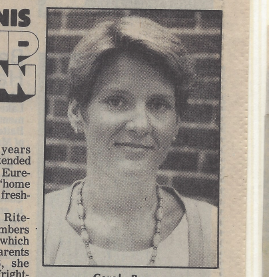
Carol Ross
Camper & Counselor, 1960s
“The camp friends that I made in those two short weeks made me realize that friends can be found anywhere, no matter how short of a time that you spend together.”
Ross continued to spend the next fire summers at Camp Wyman. “It was literally the highlight of my summer,” she said. “I was packed weeks before I was suppose to go.”
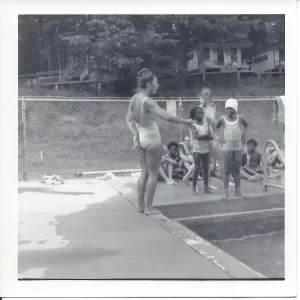
As she got older, Ross’ camp experiences changed. She remembers rock climbing and three-day campouts.
“I also remember that they taught us to make our own sleeping bag,” she said. “They gave us a tarp, blanket and sheet for our bedroll. We didn’t have all the equipment they have now.”
Ross recalled that the dining hall was at the center of the camp. A big bell in front of it would ring throughout the camp signaling the change of activities. It also would ring when it was time to call the campers for meals or when it was time for them to gather in front of the dining hall for the raising and lowering of the flag.
After her years as a camper, Ross returned later as a camp counselor. She remembers the sadness she felt at summer’s end when the sessions were over. But she also remembers the words of David Hilliard, former executive director of the camp, spoke to the counselors before they said their last goodbyes.
“He said, ‘Consider this your home away from home. You’re always welcome here,’” Ross recalled. And I knew that was true. I would always be welcome there.”
86 - DeAntra Shae Darough

Deantra Shae Darough
Wyman Leaders Class of 2013
“Wyman offers so many opportunities for those who aren’t able to come across those options on their own. Wyman will give you the tools to succeed, and they will open your eyes to a lot more. They will push you out of your comfort zone. All for the benefit of you.”
Shae entered Wyman’s Leadership program in 2008. In 2019, she graduated from her master’s program and began exploring all the career opportunities available to her, seeking out one that matches her aspirations and desires – not settling for anything less.
Like many over the past year, her career was directly impacted by the COVID-19 pandemic. Shae pivoted immediately, working through a series of jobs before landing in her current position as a human resource specialist. Her flexibility has been a huge asset in navigating the past two years.
Shae credits Wyman with helping her develop this mindset. She recalls that it was through experiences at camp that she become much more open-minded. “Wyman helped me be more flexible. I was so stubborn, so set in my ways. I have to make compromises every so often, and I’m ok with doing that.”
The staff and her fellow participants were also a huge source of support for Shae. “The thing I can’t stress enough is the support system that Wyman offers. Whether it’s from the camp counselors, other participants, or the admin team, there’s a lot of advice, a lot of wisdom that they can offer.”
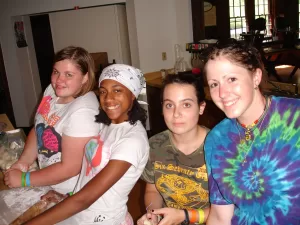
“Wyman offers so many opportunities for those who aren’t able to come across those options on their own. Wyman will give you the tools to succeed, and they will open your eyes to a lot more. They will push you out of your comfort zone. All for the benefit of you. Because how can you grow if you’re comfortable? You have to be uncomfortable to grow. And that’s what Wyman will do for you.”
While attending Missouri State University, Shae’s scholarship helped her keep her focus on classes, rather than how to fund her education. “That was one thing I didn’t have to worry about at all, figuring out how I was going to pay for school.”
In 2019, Shae had already recognized her desire to impact the lives of others, and that remains one of her goals. “I just always wanted to help people.” Shae is confident that her current job is a great step along that path and has already opened her eyes to new opportunities. “I like to be in those support roles where I can help people complete their goals and get where they need to be.”
“I’m glad I stuck with it and I’m still sticking with it. They’ve helped mold me into the person I am today, and I couldn’t be more grateful.”
85 - Gloria J. Thomas
“I remember the whole two weeks. Because of this experience, I attended camp twice afterwards and encouraged my son to go camping whenever possible.
I learned how to do crafts that I still do and the camp friends that I made in those two short weeks made me realize that friends can be found anywhere no matter how short of a time that you spend together. I also learned how to swim-going from beginner to swimmer those two weeks.
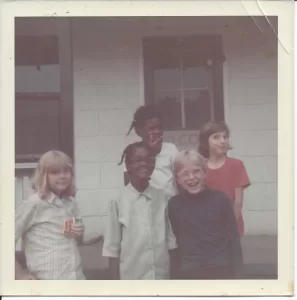
Gloria J. Thomas
(Gloria Jean Hayes)”
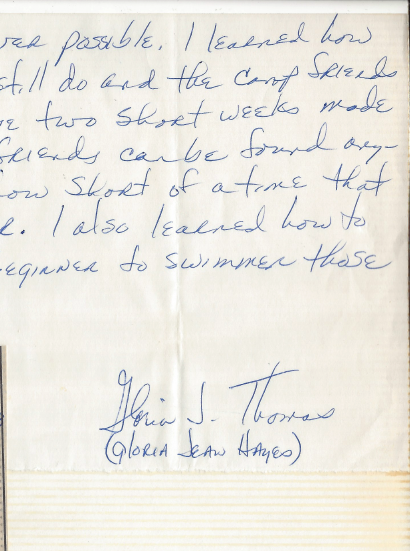
Gloria J. Thomas
Wyman Camper, 1961 - 1963
“The camp friends that I made in those two short weeks made me realize that friends can be found anywhere, no matter how short of a time that you spend together.”
Story 84 - Jill Pankers Berni
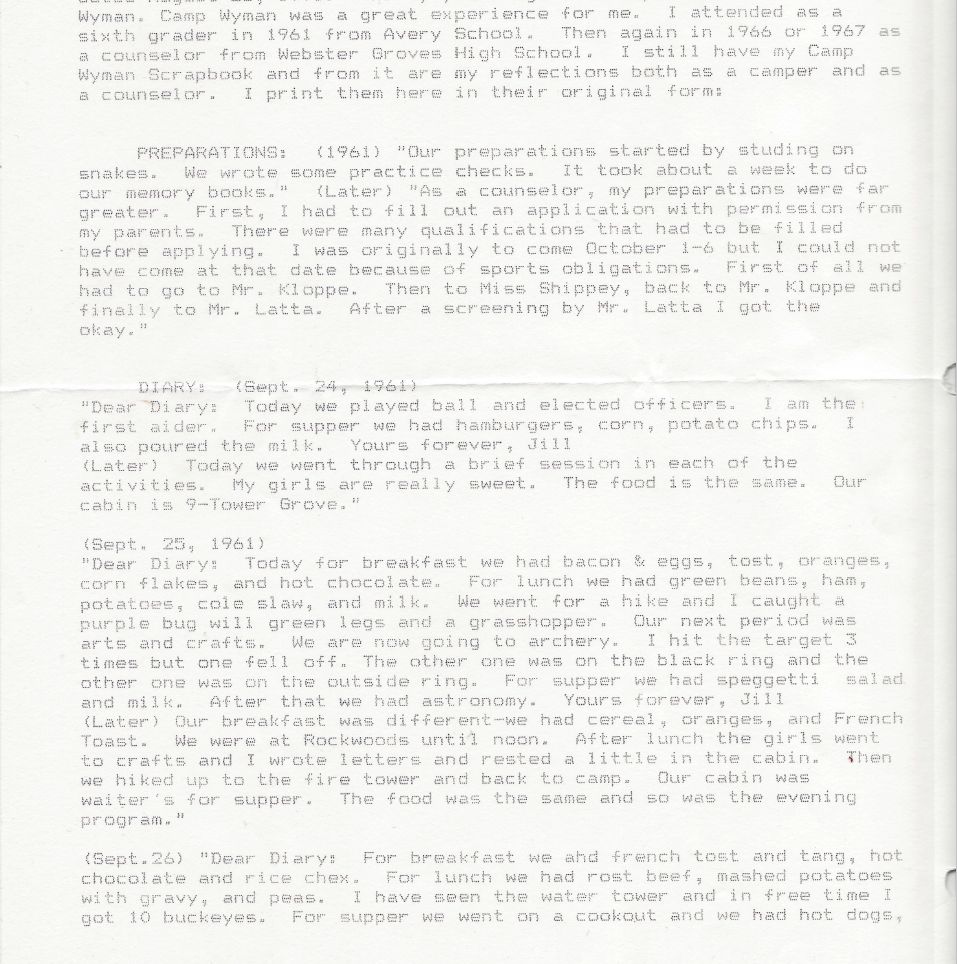
Jill Pankers Berni
Webster Groves camper and Counselor, 1961 & 1966
“Monday we had astronomy and I saw Saturn. Tuesday we had a cookout. Wednesday was dance night. Thursday we had cartoons and skits. I did the commercial. Friday we had the closing campfire.”
Camp Wyman was a great experience for me. I attended as a sixth grader in 1961 from Avery School. Then again in 1966 or 1967 as a counselor from Webster Groves High School. I still have my Camp Wyman Scrapbook and from it are my reflections both as a camper and as a counselor. I print them here in their original form:
Sept. 24, 1961): Today we played ball and elected officers. I am the first aider. For supper we had hamburgers, corn, potato chips. I also poured the milk.
(Later) Today we went through a brief session in each of the activities. My girls are really sweet. The food is the same. Our cabin is 9-Tower Grove.
Sept. 25: Today for breakfast we had bacon & eggs, toast, oranges, corn flakes, and hot chocolate. For lunch we had green beans, ham, potatoes, coleslaw, and milk. We went for a hike and I caught a purple bug will green legs and a grasshopper. Our next period was arts and crafts. We are now going to archery. I hit the target 3 times but one fell off. The other one was on the black ring and the other one was on the outside ring. For supper we had spaghetti salad and milk. After that we had astronomy.
(Later) Our breakfast was different-we had cereal, oranges, and French Toast. We were at Rockwoods until noon. After lunch the girls went to crafts and I wrote letters and rested a little in the cabin. Then we hiked up to the fire tower and back to camp. Our cabin was waiter’s for supper. The food was the same and so was the evening program.
Sept. 26: For breakfast we had french toast and tang, hot chocolate and rice chex. For lunch we had roast beef, mashed potatoes with gravy, and peas. I have seen the water tower and in free time I got 10 buckeyes. For supper we went on a cookout and we had hot dogs, punch, carrot and celery sticks, bananas, chocolate, marshmallows, gram crackers. After that we played games and sang. I didn’t get to go to Indian Cave because I was first aider and when I went to get my kit they told me they would wait. When I got back they were gone. Yours forever, Jill P.S. We also raised the flag.
Sept. 27: “Dear Diary: For breakfast we had wheat chex, and more good food. Since I didn’t get to go to Indian Cave and the Fire Tower, I stopped at the fire tower on the way to the farm. After we went to the farm we had lunch. Then I went to archery and crafts. Then we had supper and then got ready for the dance. Mark McReynolds asked me for the first dance.
Sept.28: “Dear Diary: Today we had breakfast and then met on the chapel porch. Mr. Downs the principal of Lockwood took us to hunt for fossils. We were to look for three kinds. After that he said we could look for frogs. I caught the first frog in my whole life that day. Then we had lunch, we had rest hour and then met in front of the dining hall. We hiked to St. Peters Sandstone. I carved my name and then we went to forestry. We went to a place on a hill and he drilled a piece of wood that looked like a pencil. We got back and ate dinner and had our evening program.
Sept. 30: Today we packed and moped most all morning. It sure was terrible to have to leave. Yours forever, Jill (there is a picture drawn on the page of a stick figure girl crying a puddle of tears!)


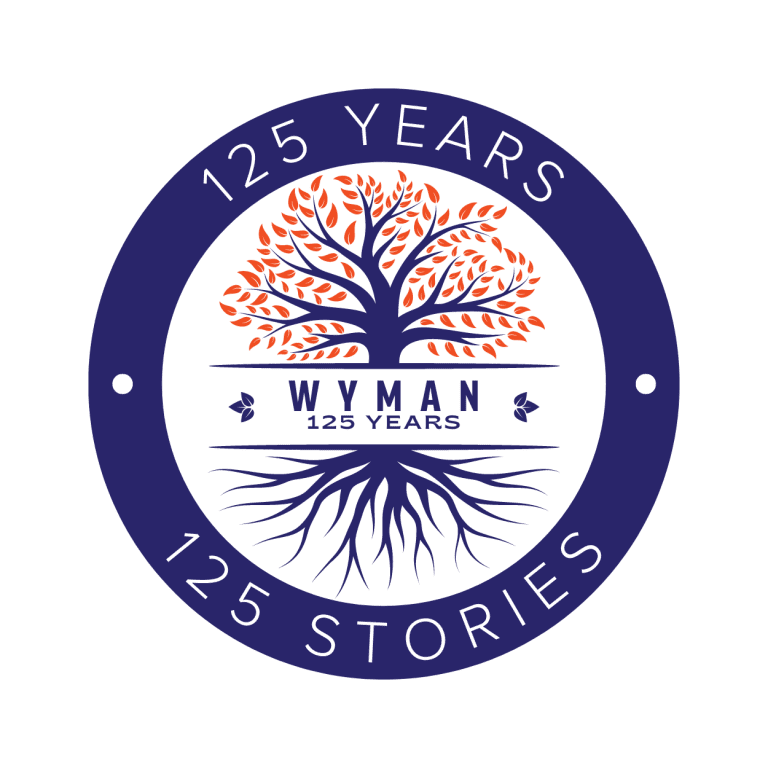
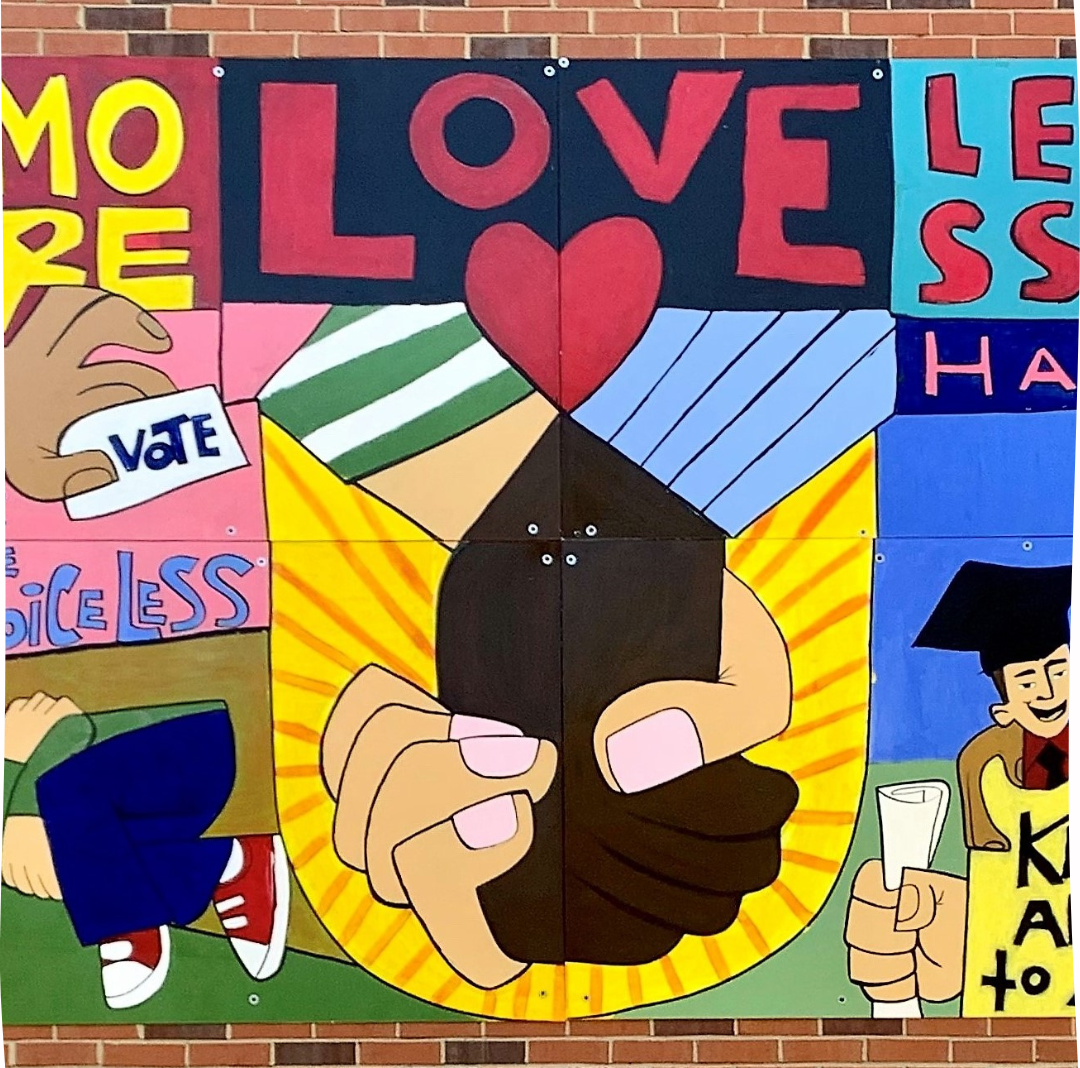
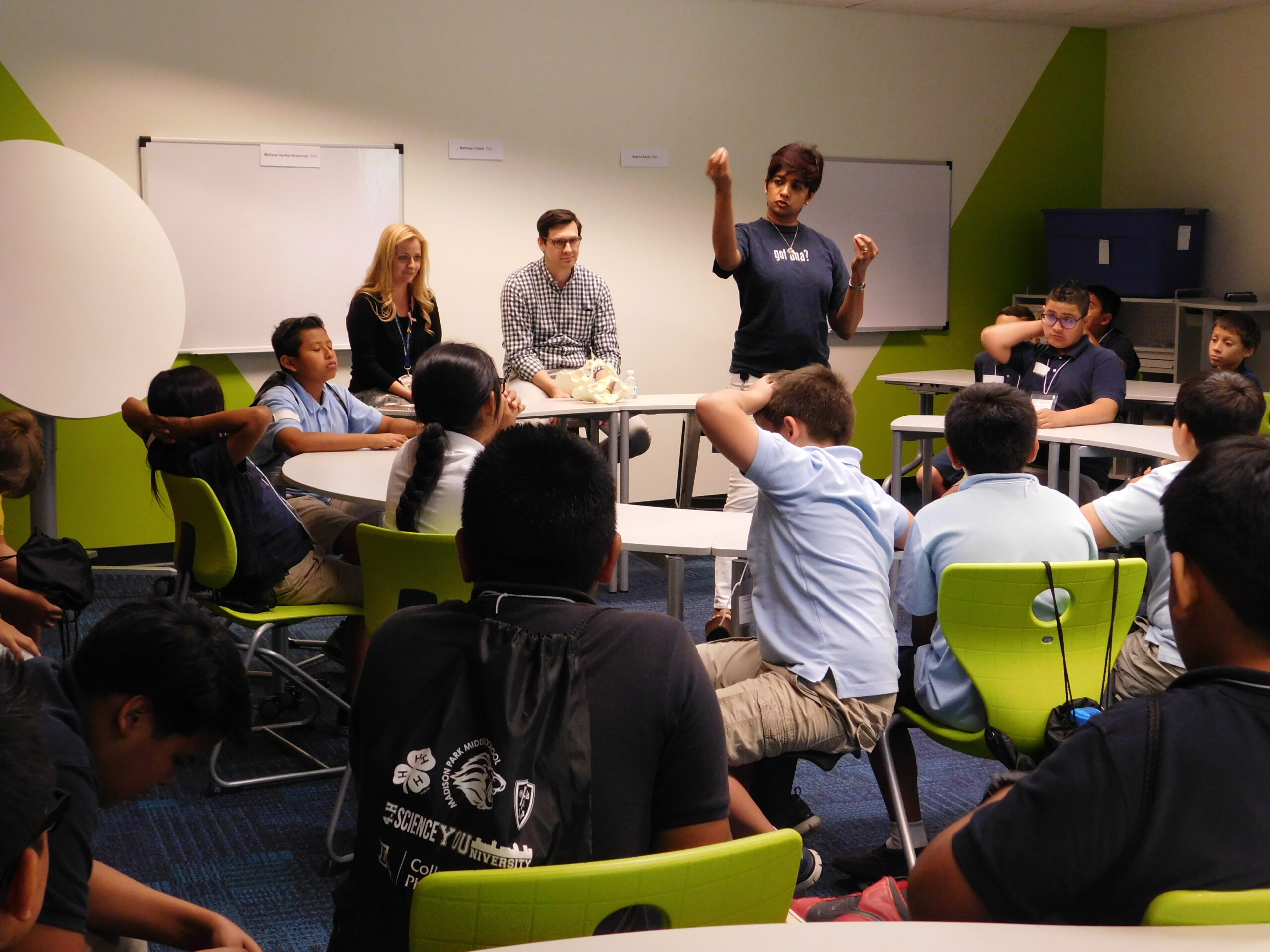
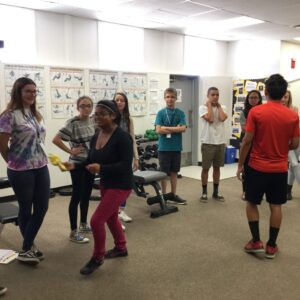 Ruth and Annie Philipps, National Network Director for TOP, worked closely on planning and other TOP facilitators in Arizona quickly joined the translation work. In addition to Sandra and Haydee, translators included Claudia Espinosa and Alejandra Naranjo, from the Phoenix based non-profit Friendly House, and Karen Castello, from the Yuma County based non-profit Campesinos Sin Fronteras.
Ruth and Annie Philipps, National Network Director for TOP, worked closely on planning and other TOP facilitators in Arizona quickly joined the translation work. In addition to Sandra and Haydee, translators included Claudia Espinosa and Alejandra Naranjo, from the Phoenix based non-profit Friendly House, and Karen Castello, from the Yuma County based non-profit Campesinos Sin Fronteras. 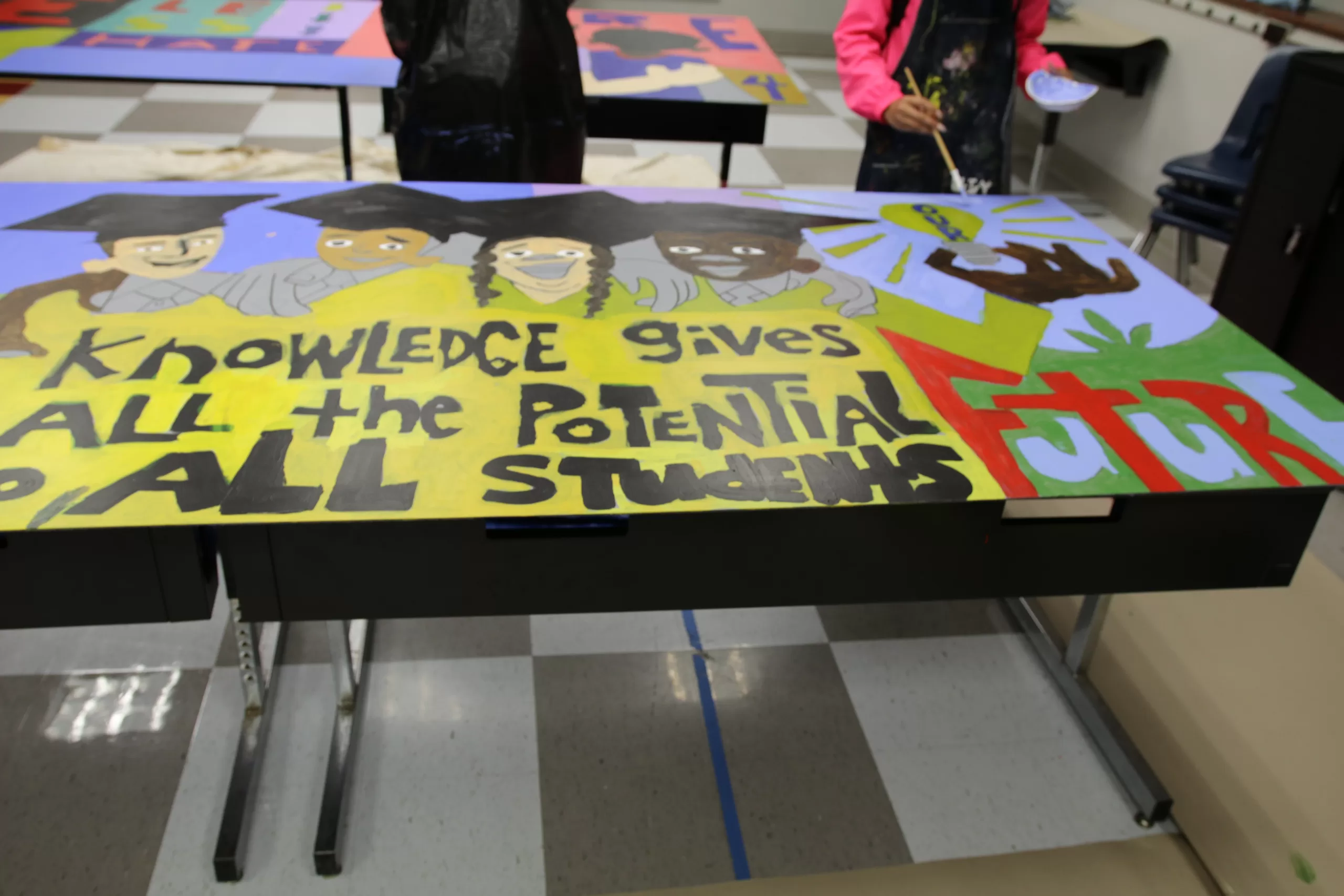

 “Wyman is important to me because I think it is good for me. I think it helps teenagers like me and helps inspire them in life. The difference Wyman has made in my life is it makes me happier. When I was in 5th grade, I was moody, gloomy, and cried. Since I’m in TOP it has helped me be a better person and helped with how I think about myself. It just makes me happy.”
“Wyman is important to me because I think it is good for me. I think it helps teenagers like me and helps inspire them in life. The difference Wyman has made in my life is it makes me happier. When I was in 5th grade, I was moody, gloomy, and cried. Since I’m in TOP it has helped me be a better person and helped with how I think about myself. It just makes me happy.”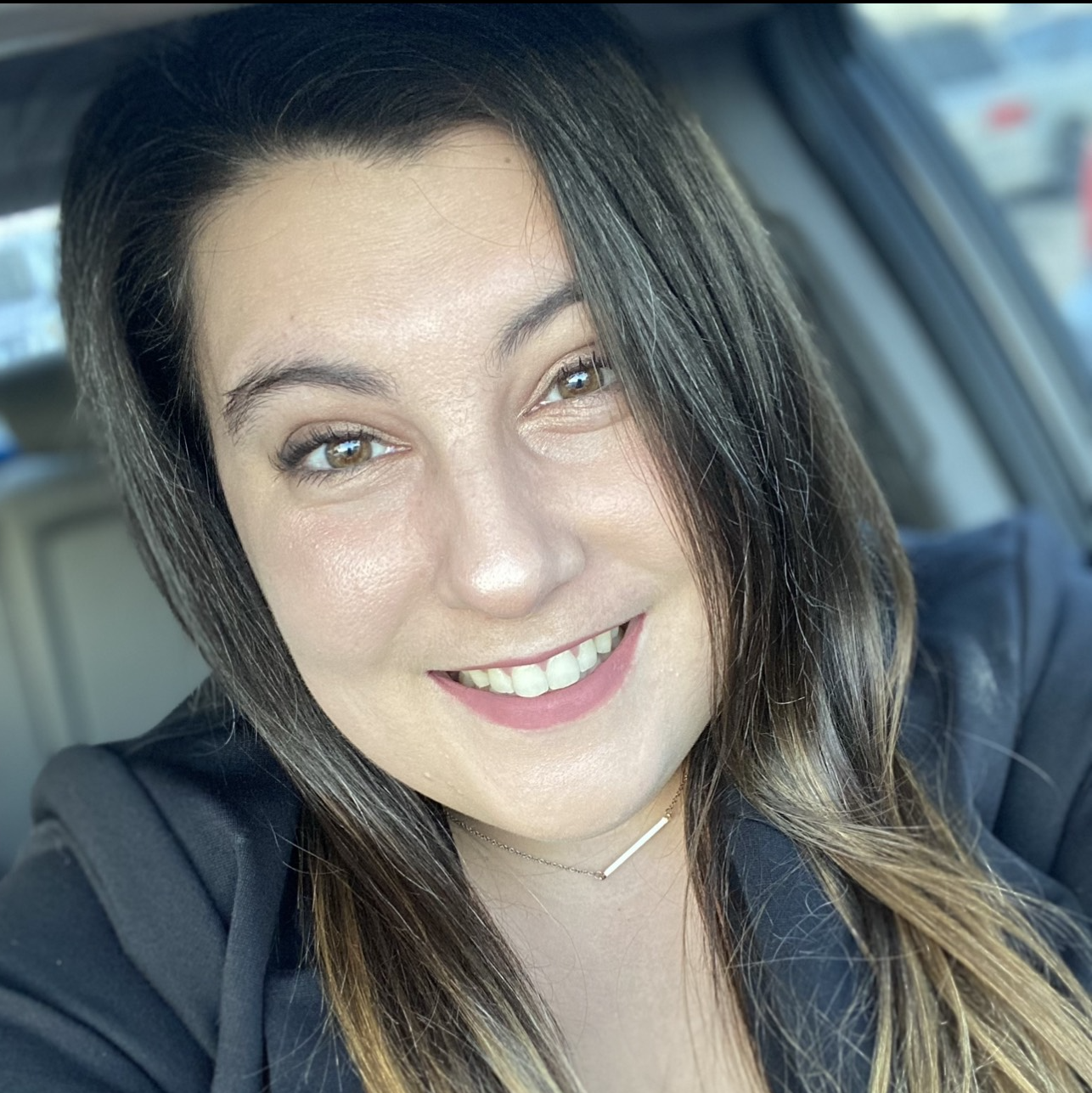
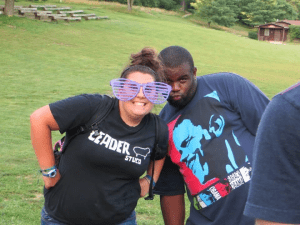
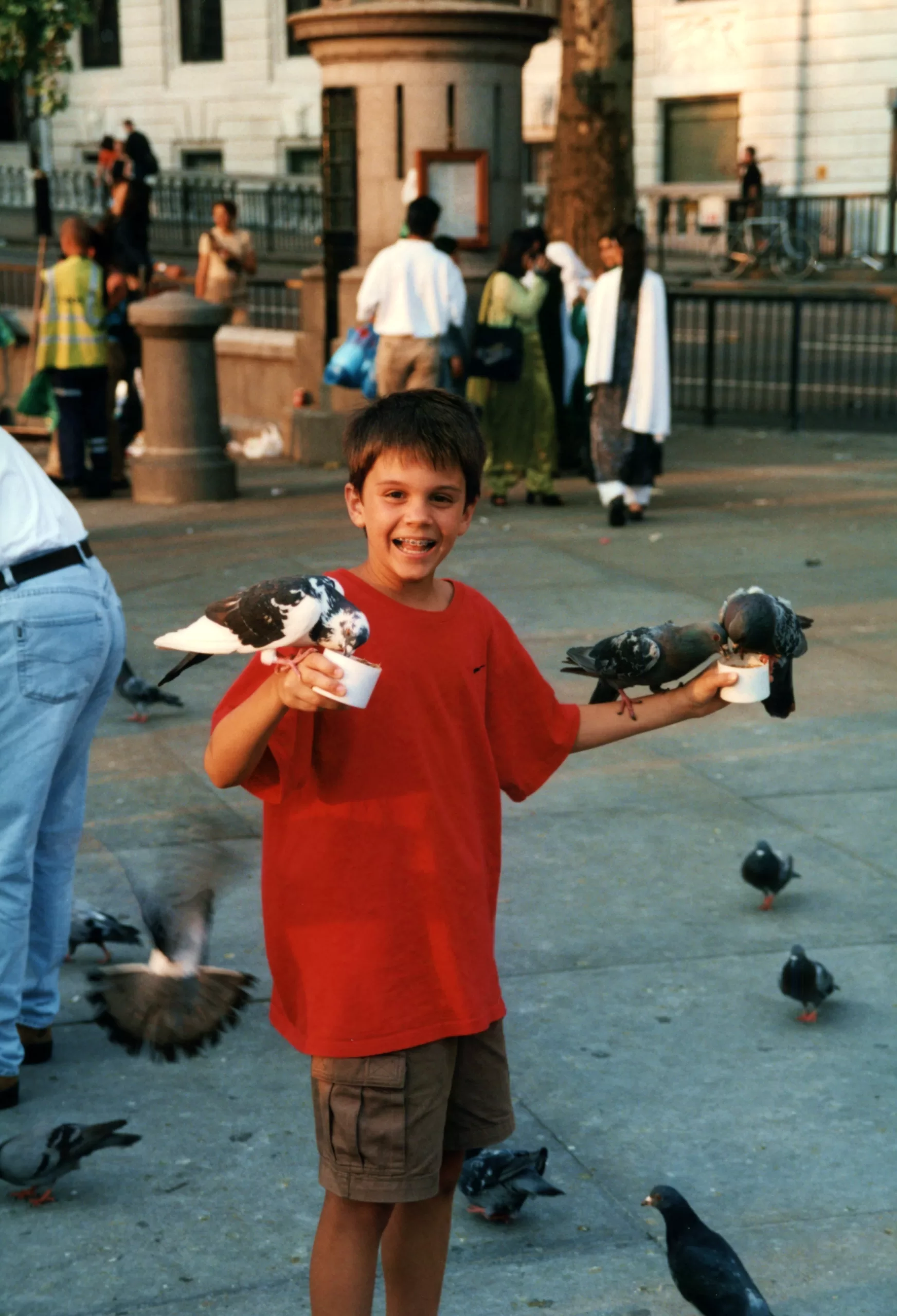
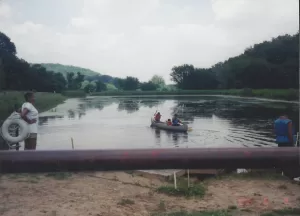
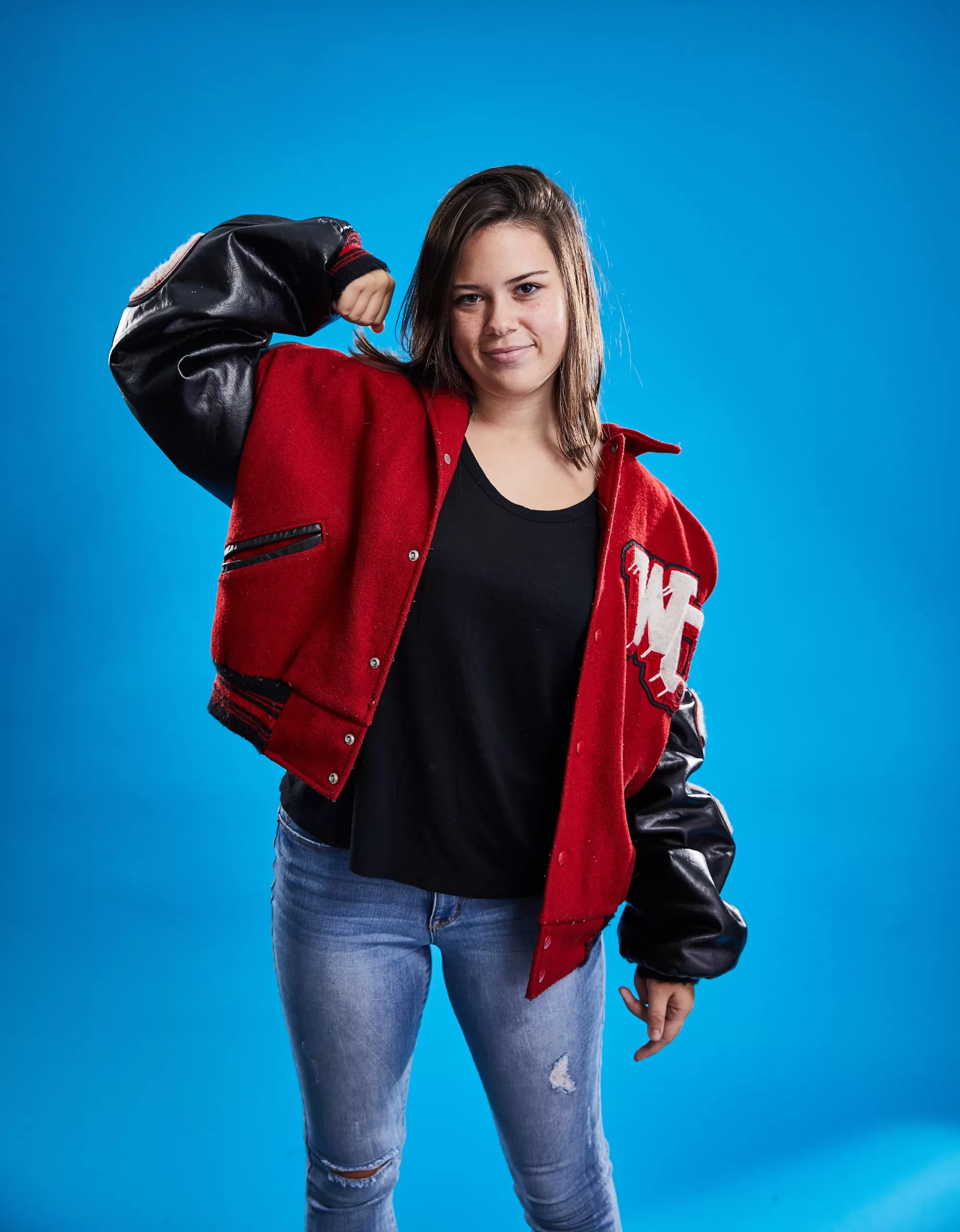
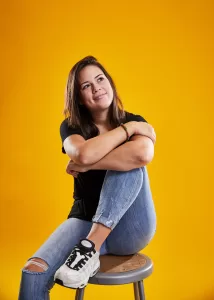 “I was a pretty good student before Wyman but it got harder throughout high school. Wyman has given me the confidence and knowledge to feel more secure and be more open to new opportunities. I’ve changed so much on the inside. Before, I was always scared. I used to always worry what other people are thinking about me and if they are judging me. Now I look around to see how others are feeling in the situation. I’m curious now, I want to see what else is out there and get out of my comfort zone. I’m always evolving. I believe that’s what life is.”
“I was a pretty good student before Wyman but it got harder throughout high school. Wyman has given me the confidence and knowledge to feel more secure and be more open to new opportunities. I’ve changed so much on the inside. Before, I was always scared. I used to always worry what other people are thinking about me and if they are judging me. Now I look around to see how others are feeling in the situation. I’m curious now, I want to see what else is out there and get out of my comfort zone. I’m always evolving. I believe that’s what life is.”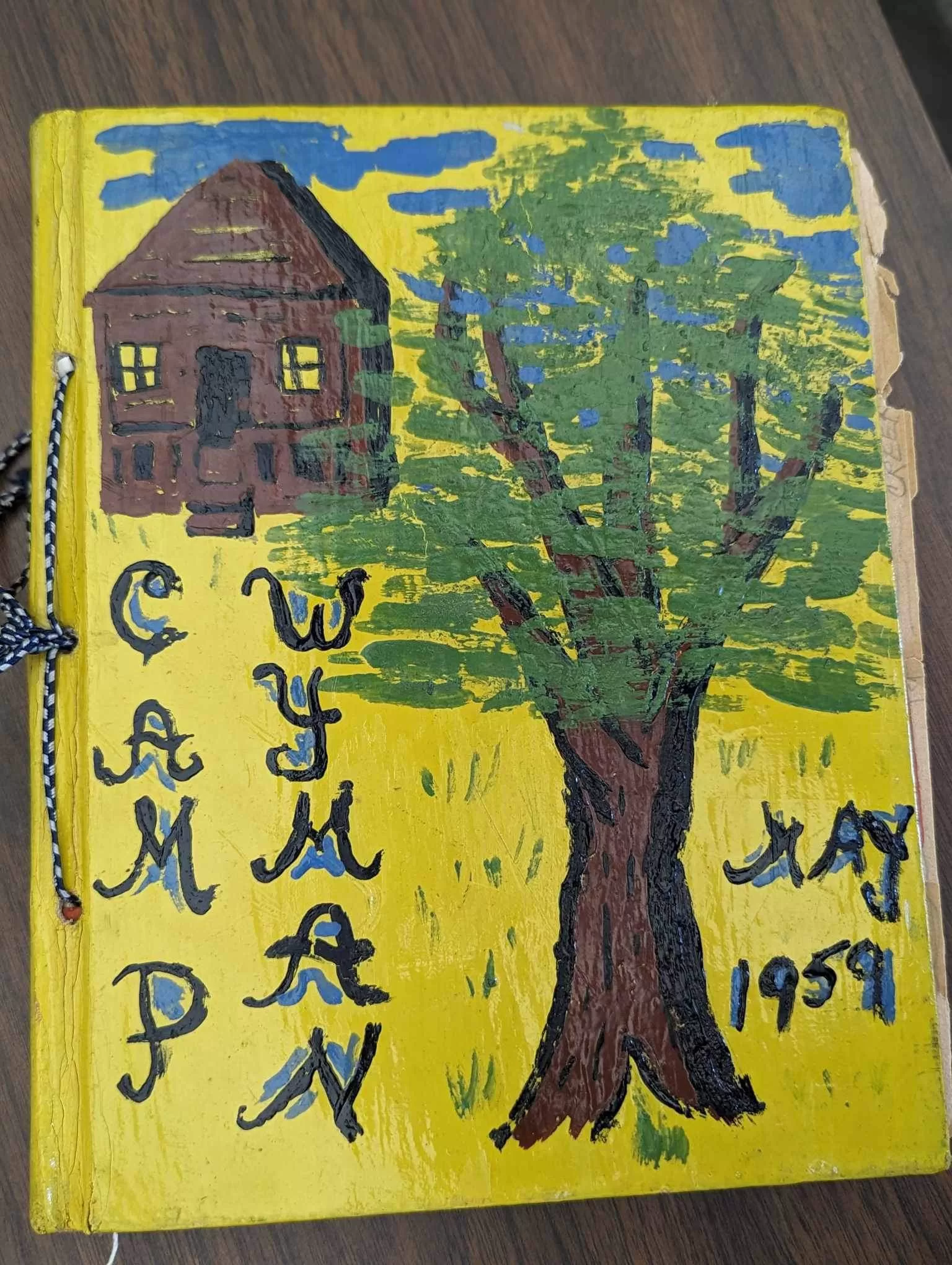
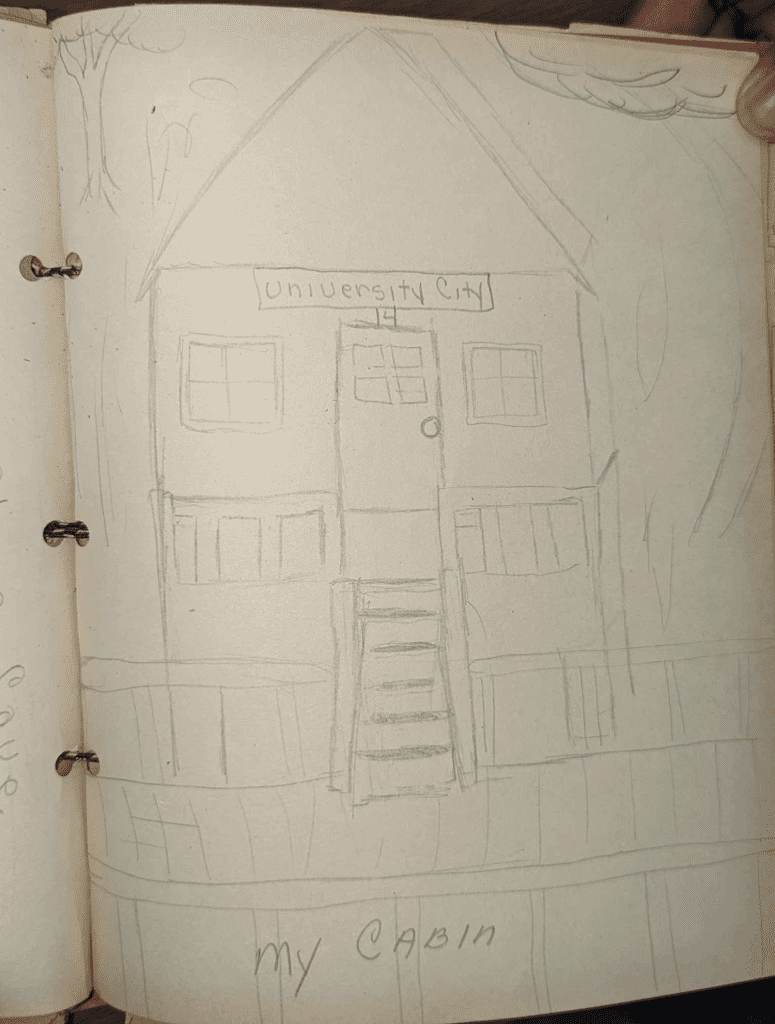
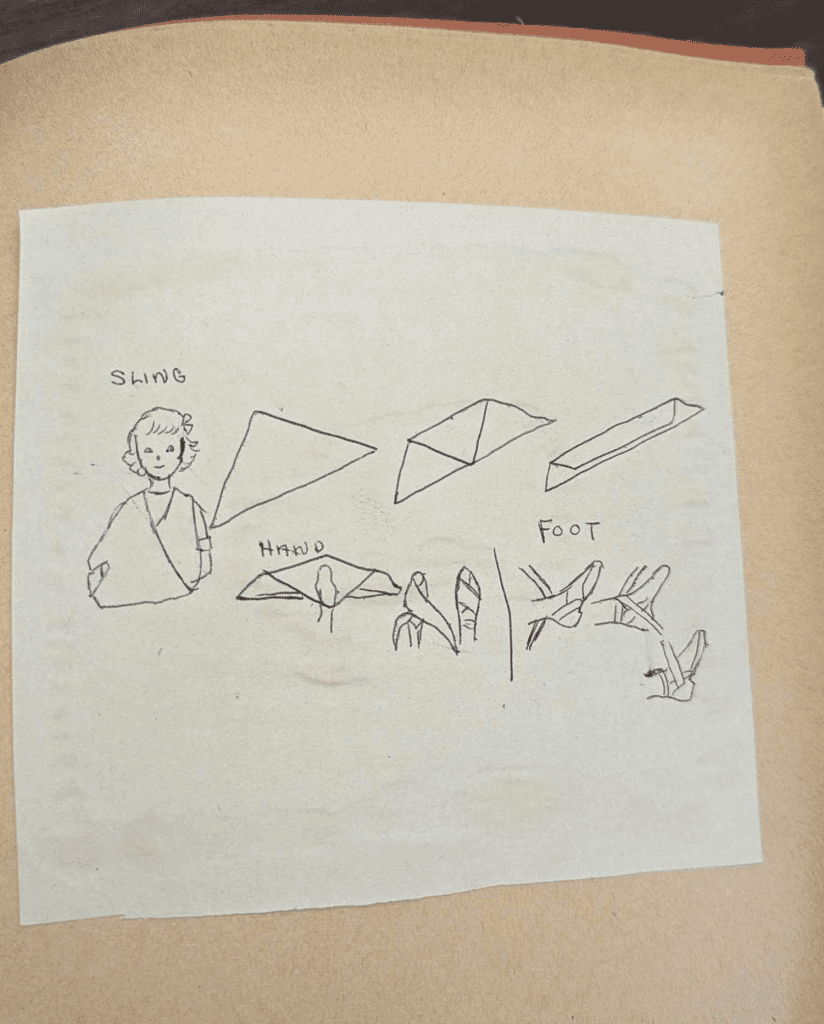
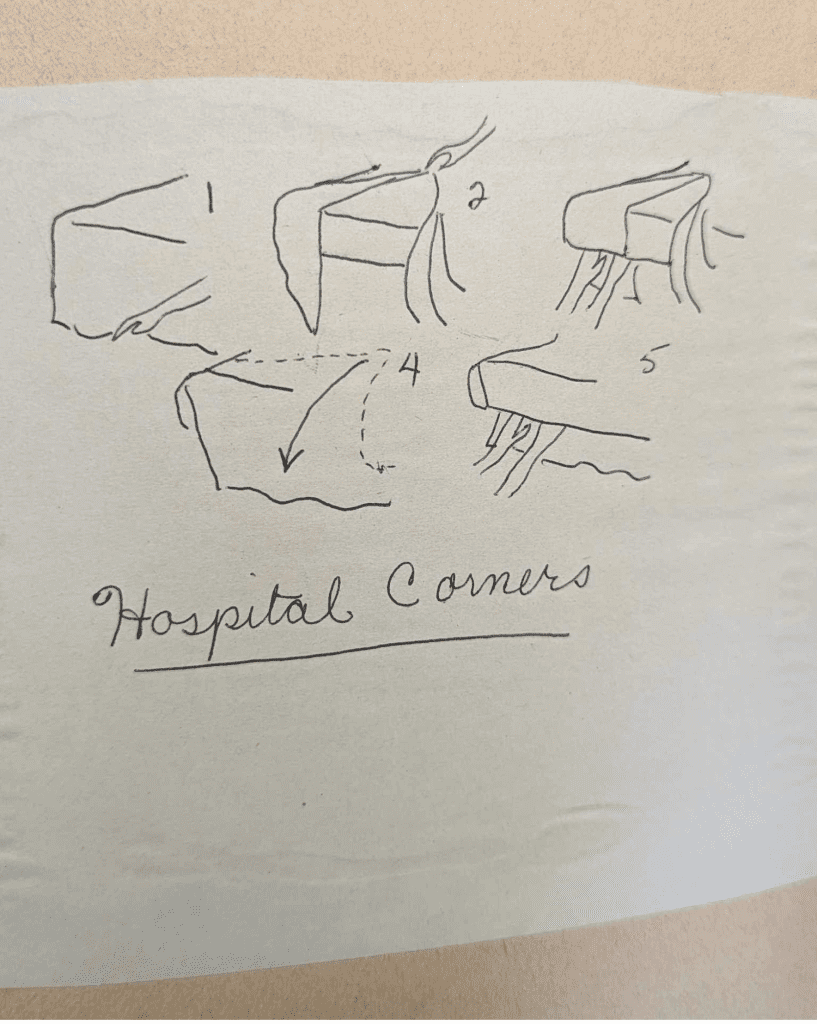
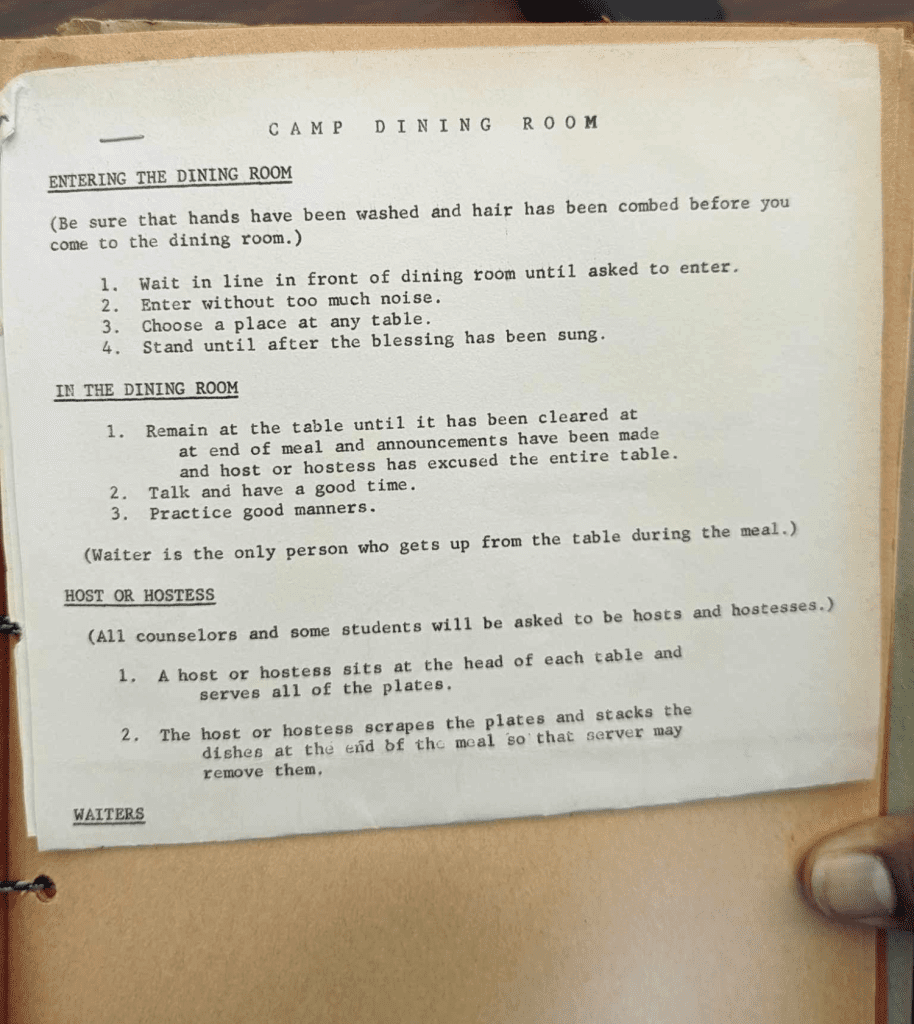
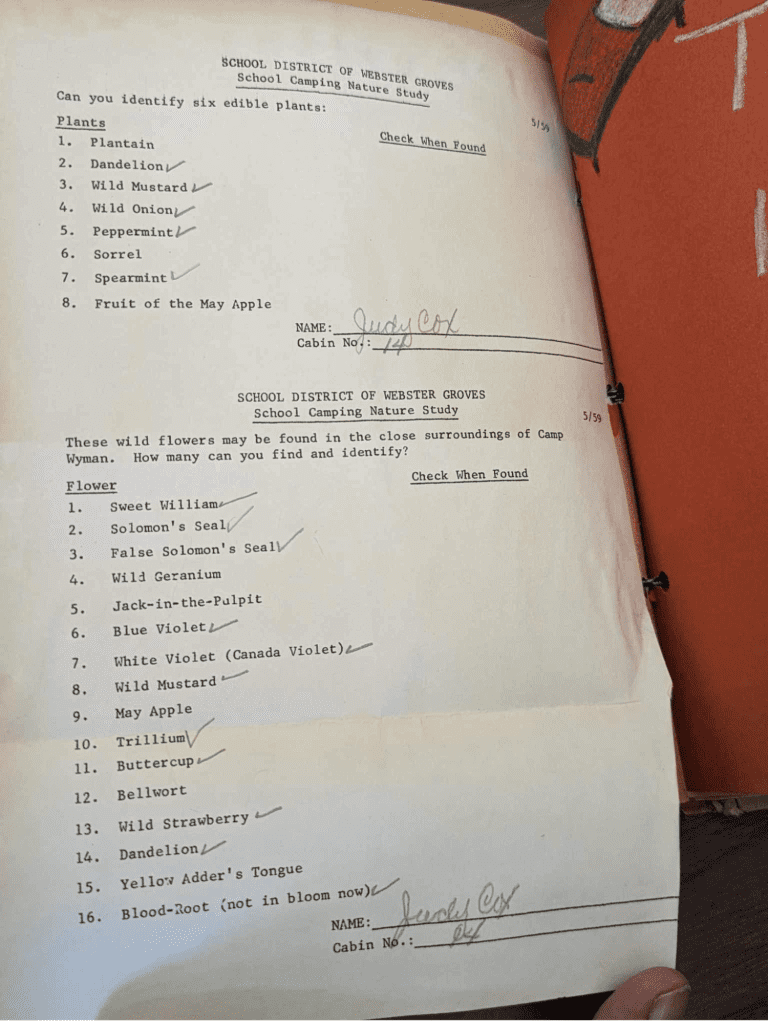
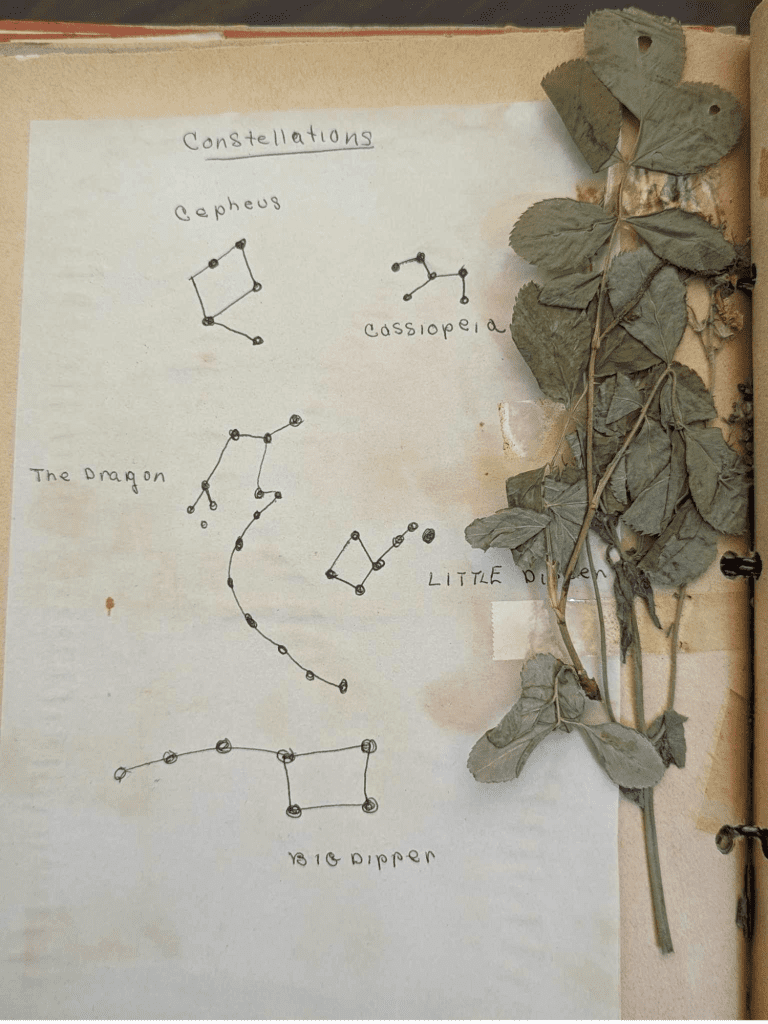
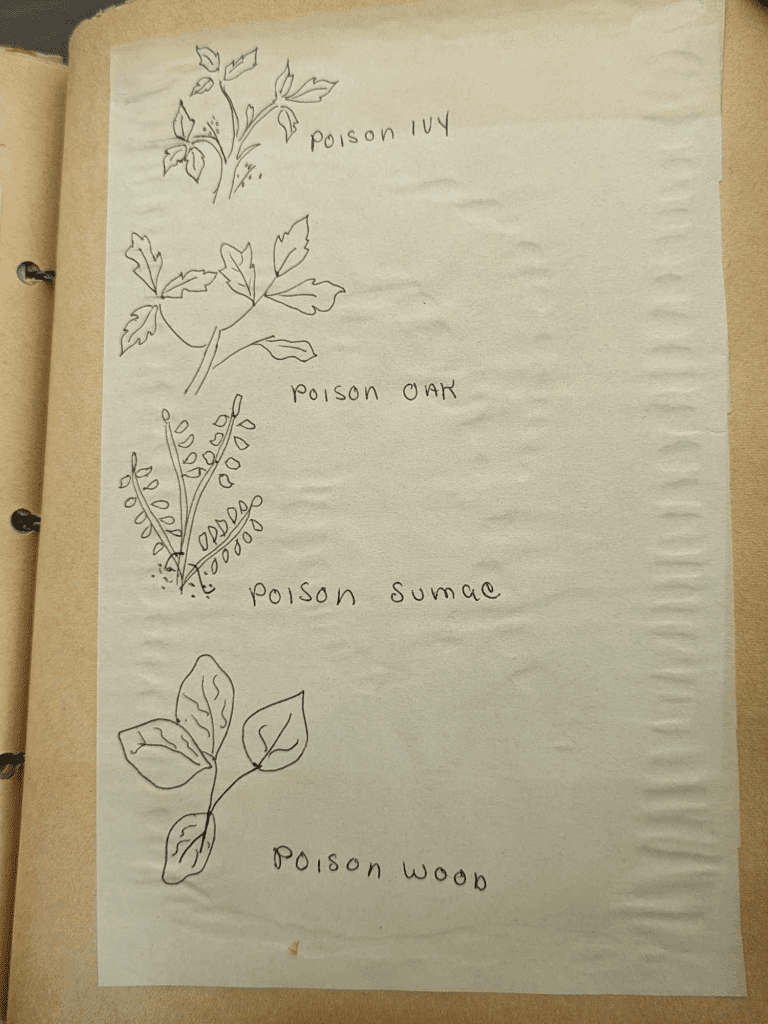
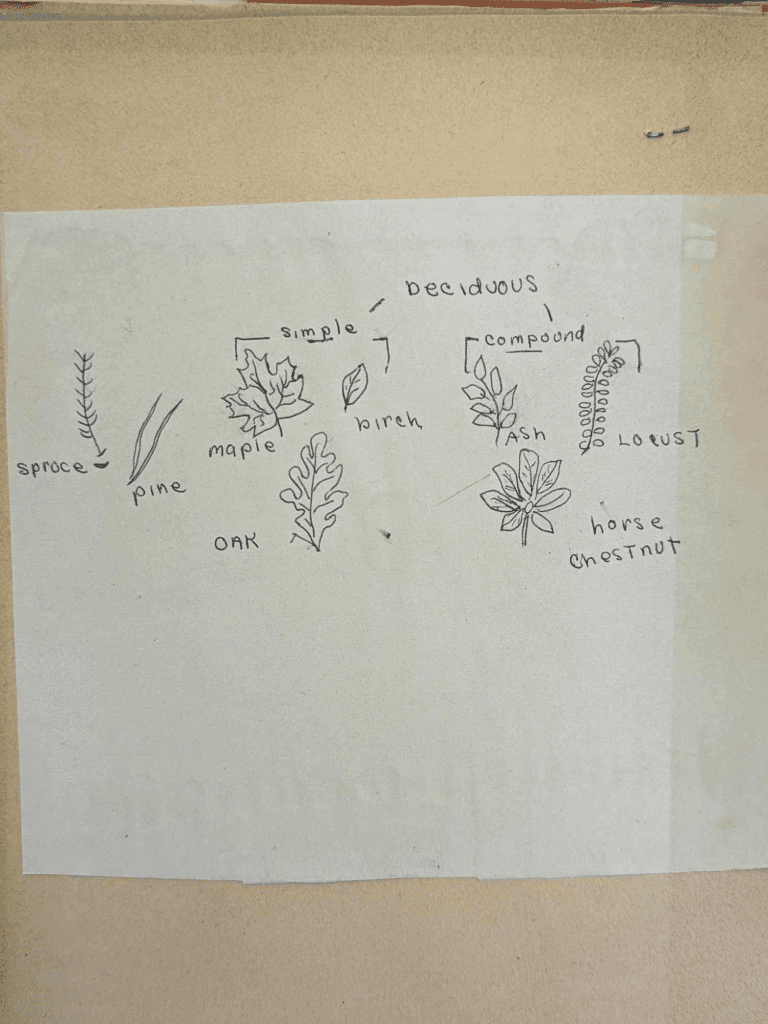
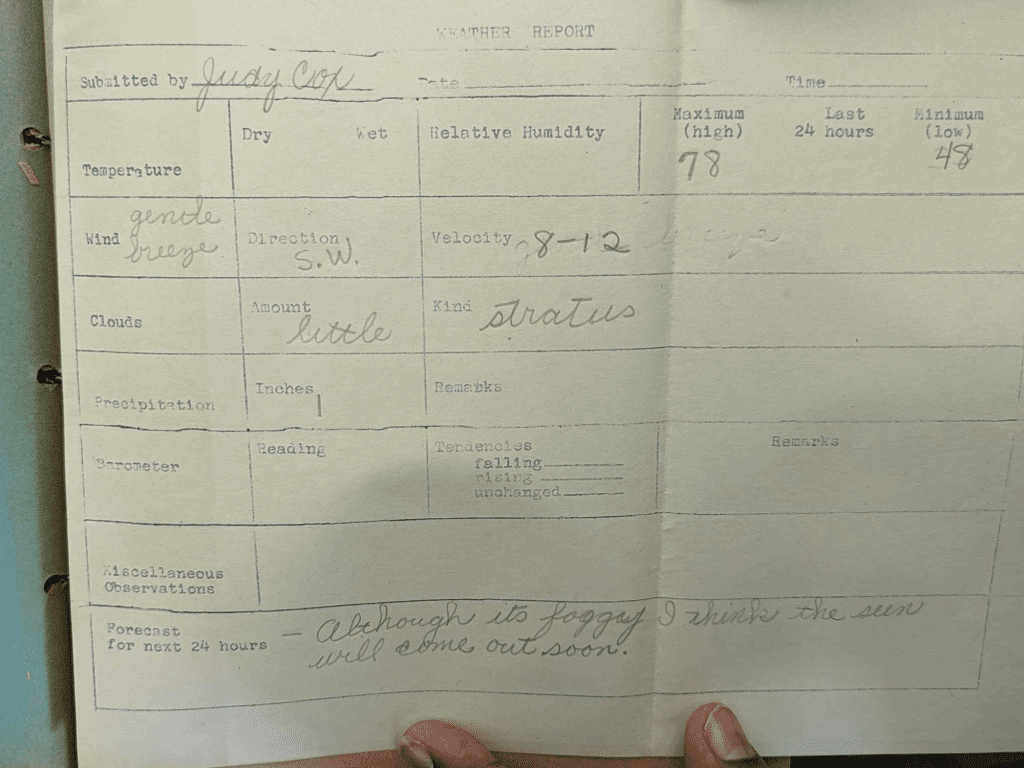
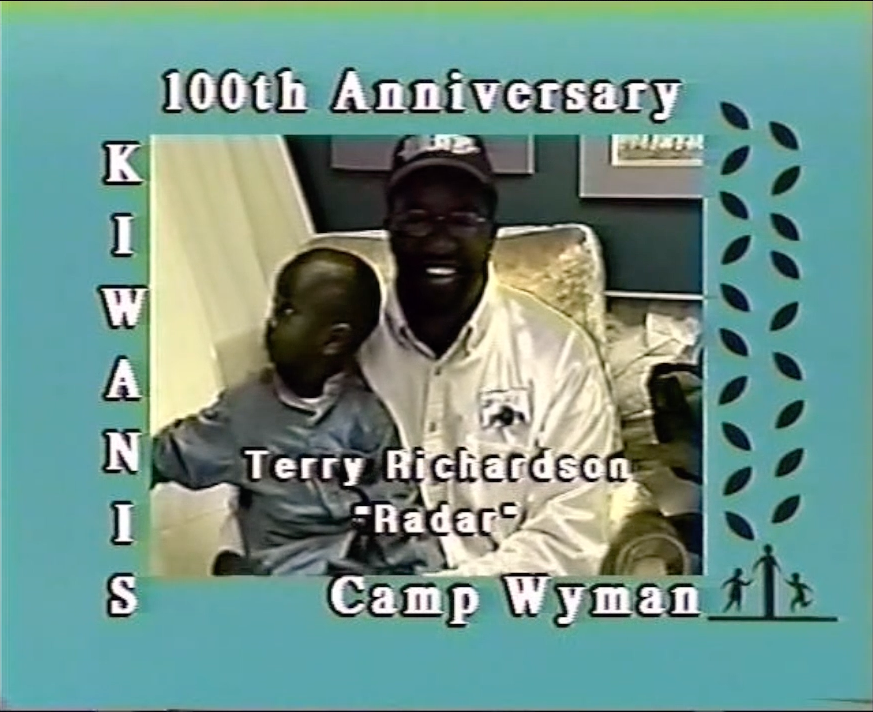
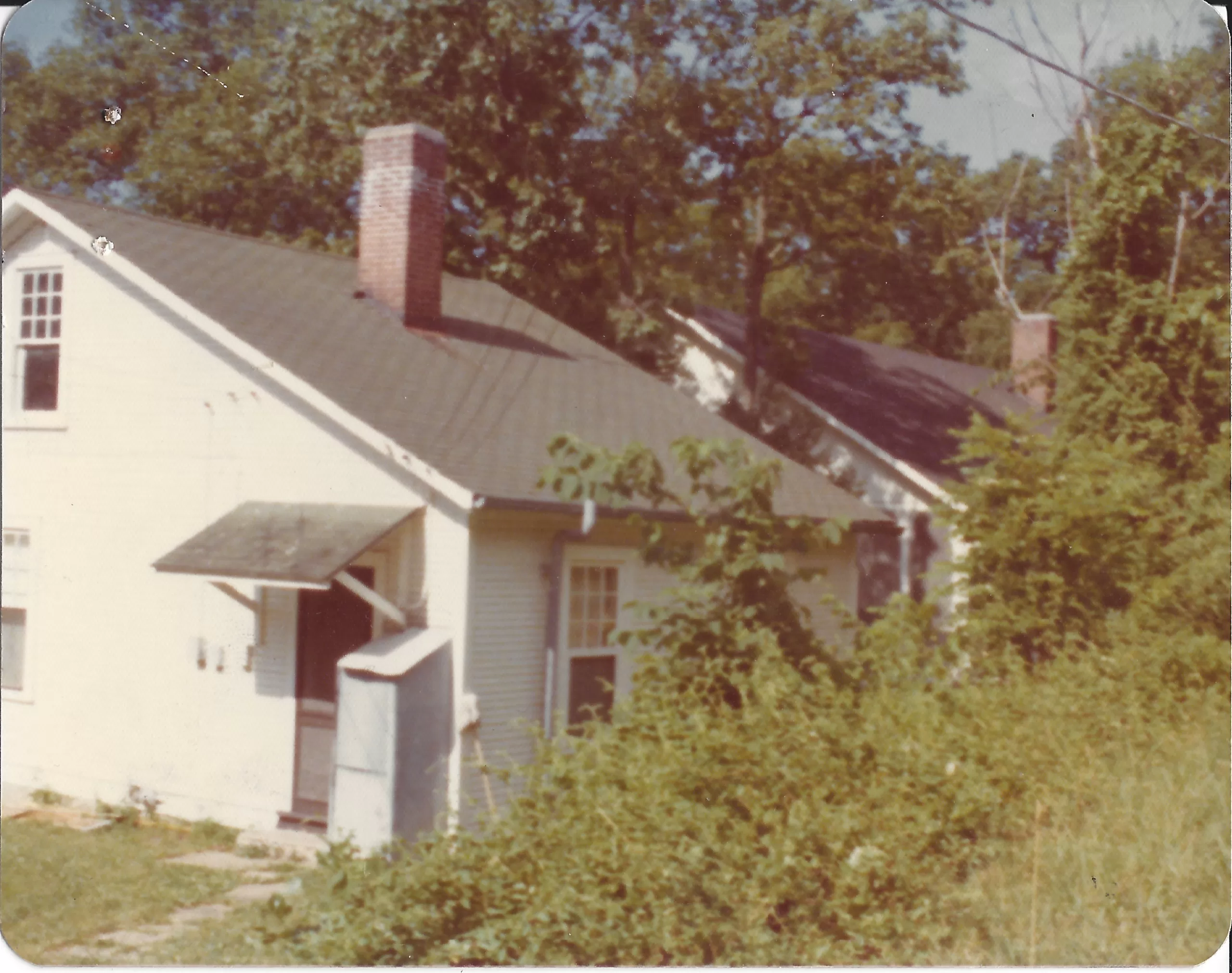

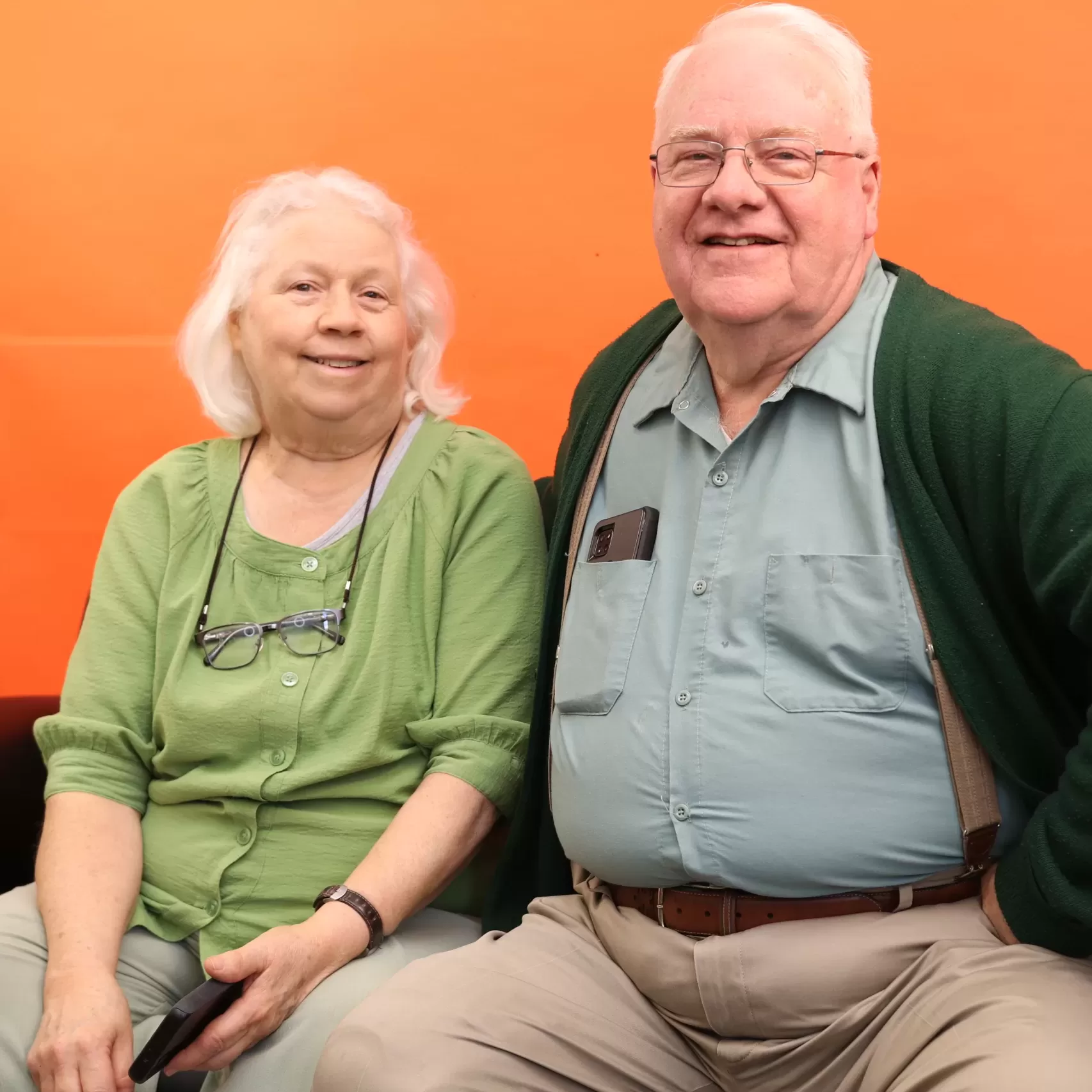
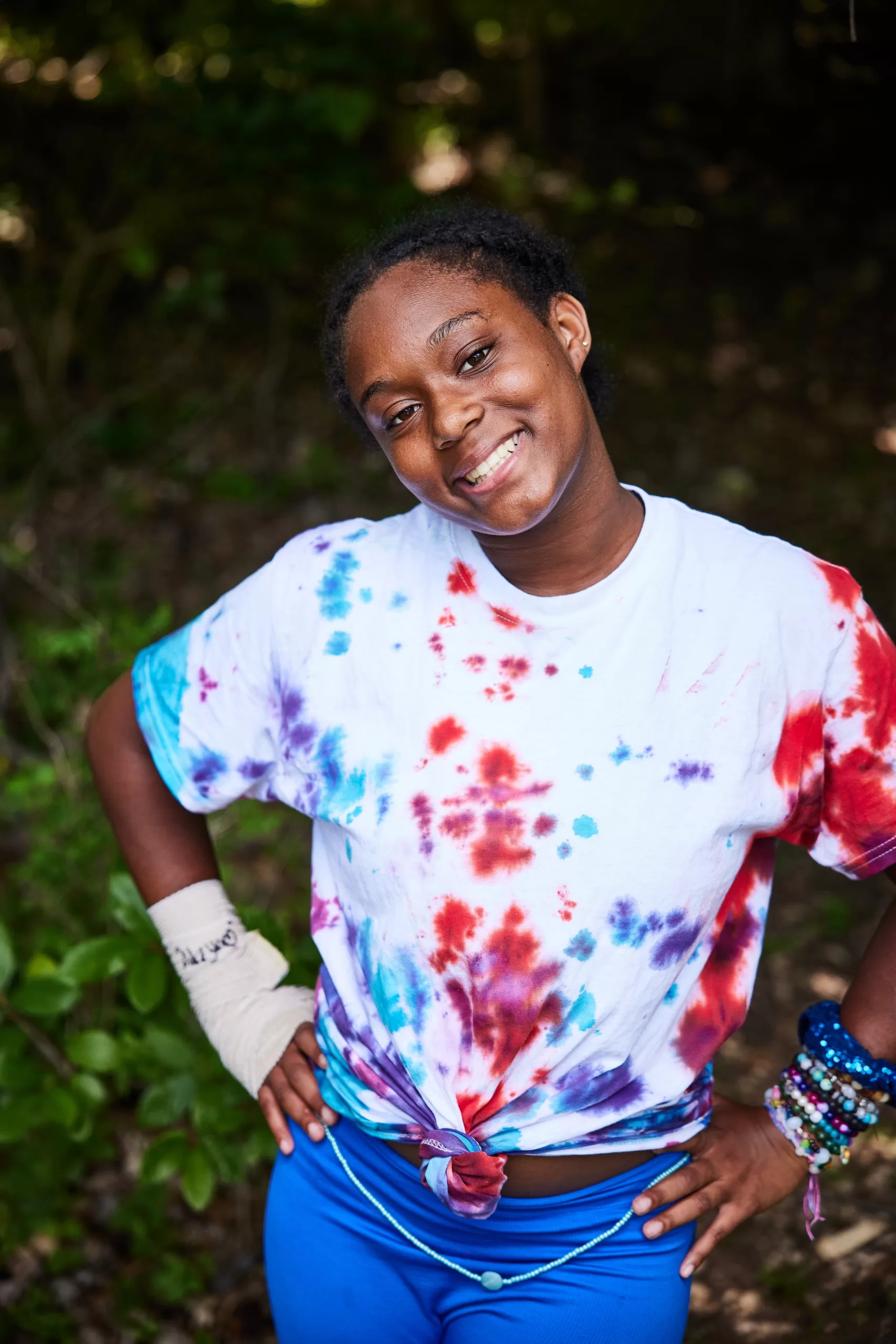
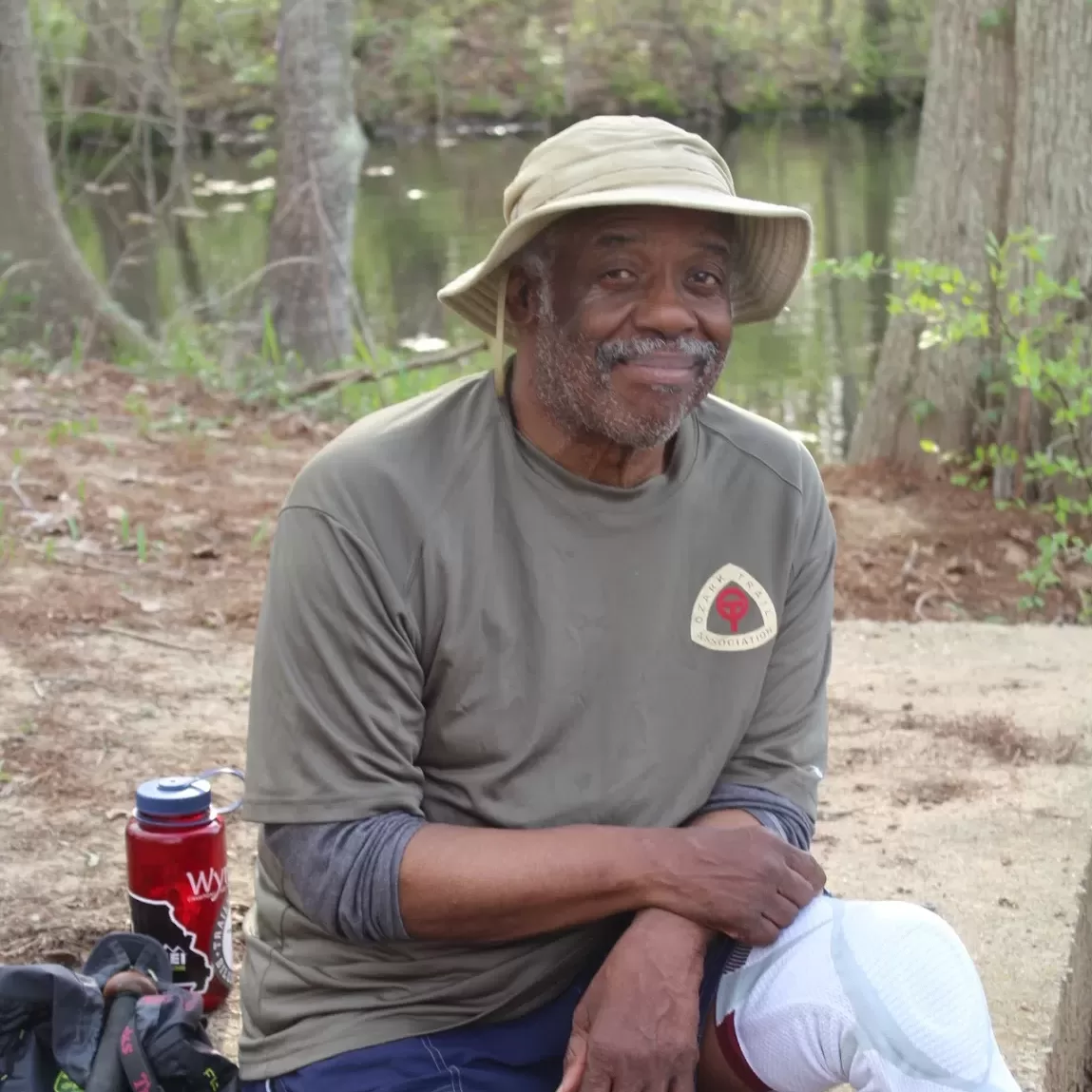
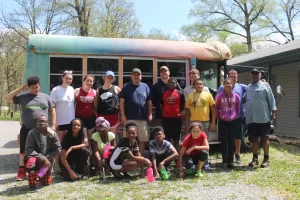
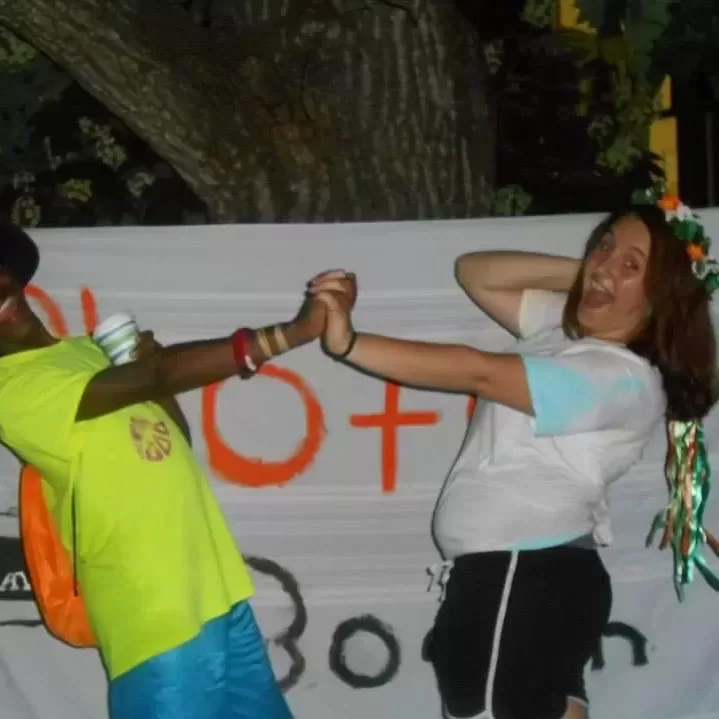
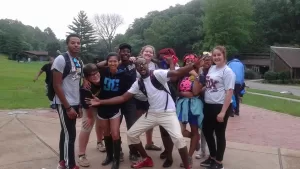
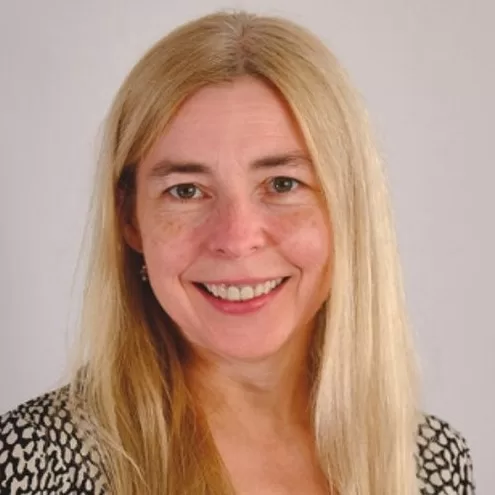
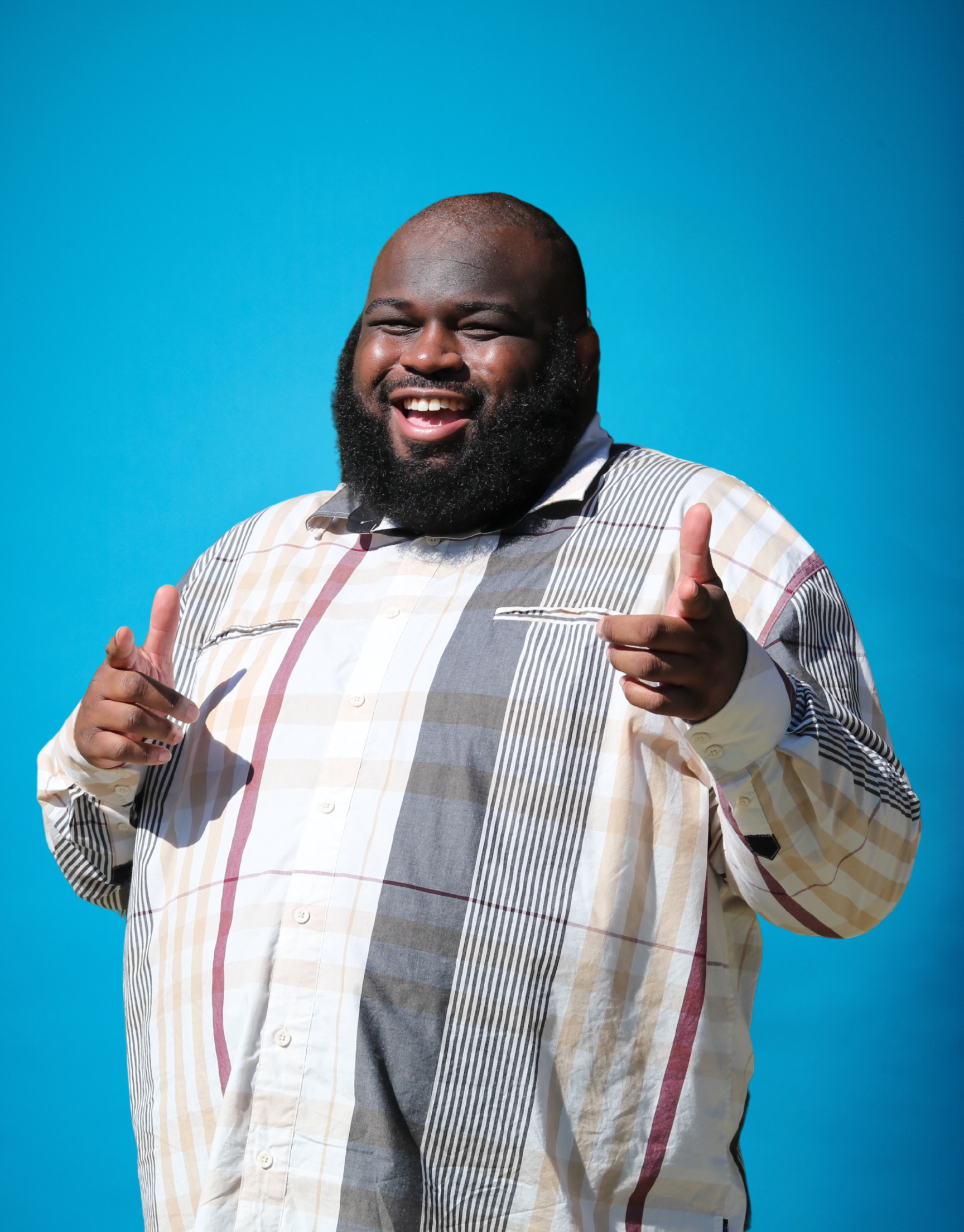
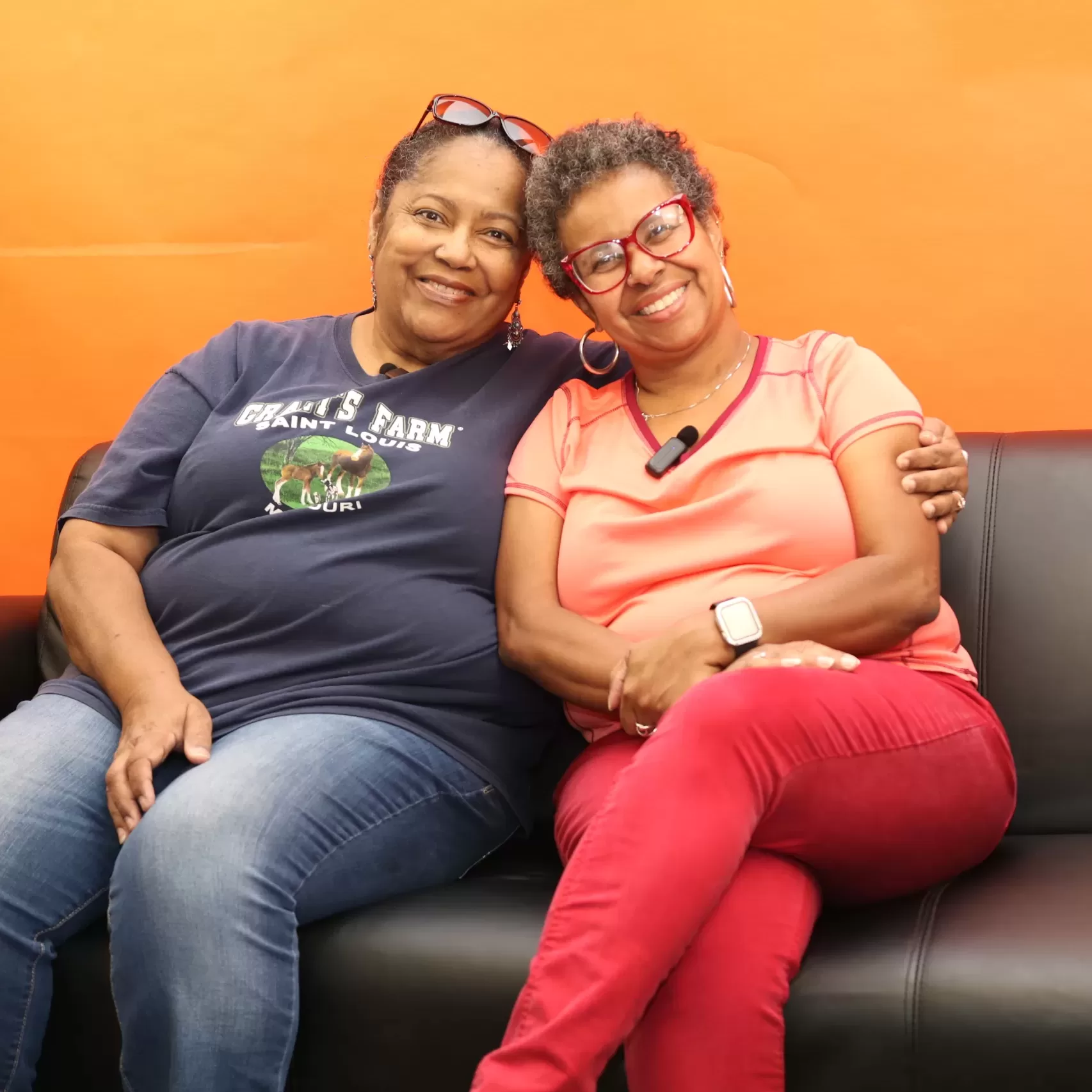
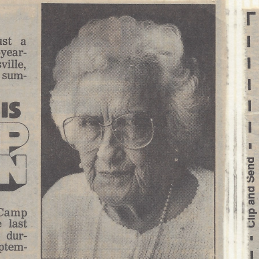
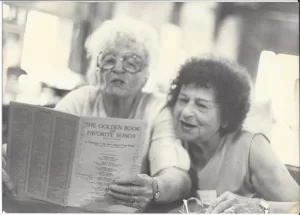

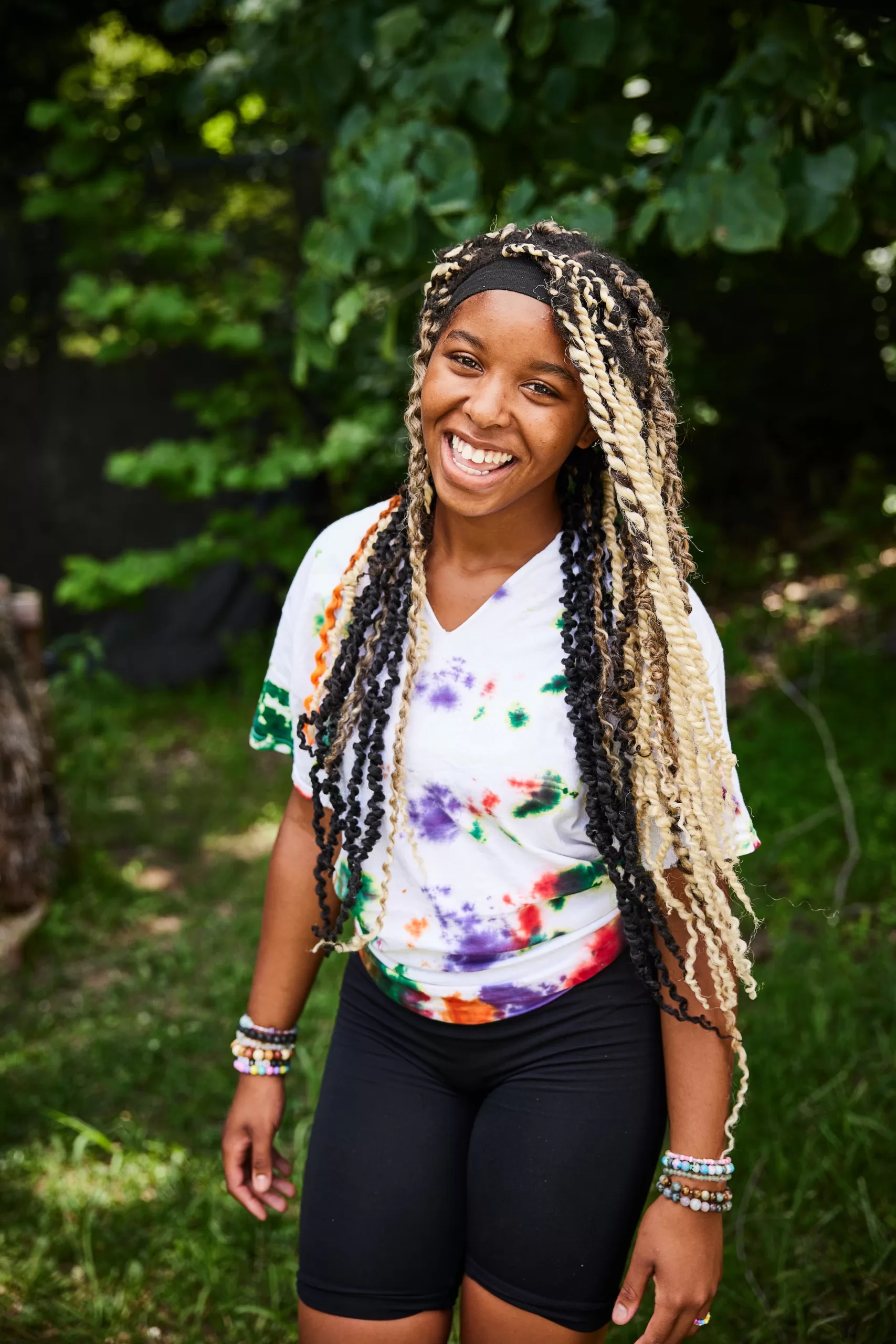
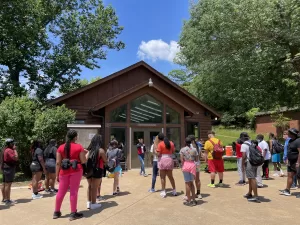
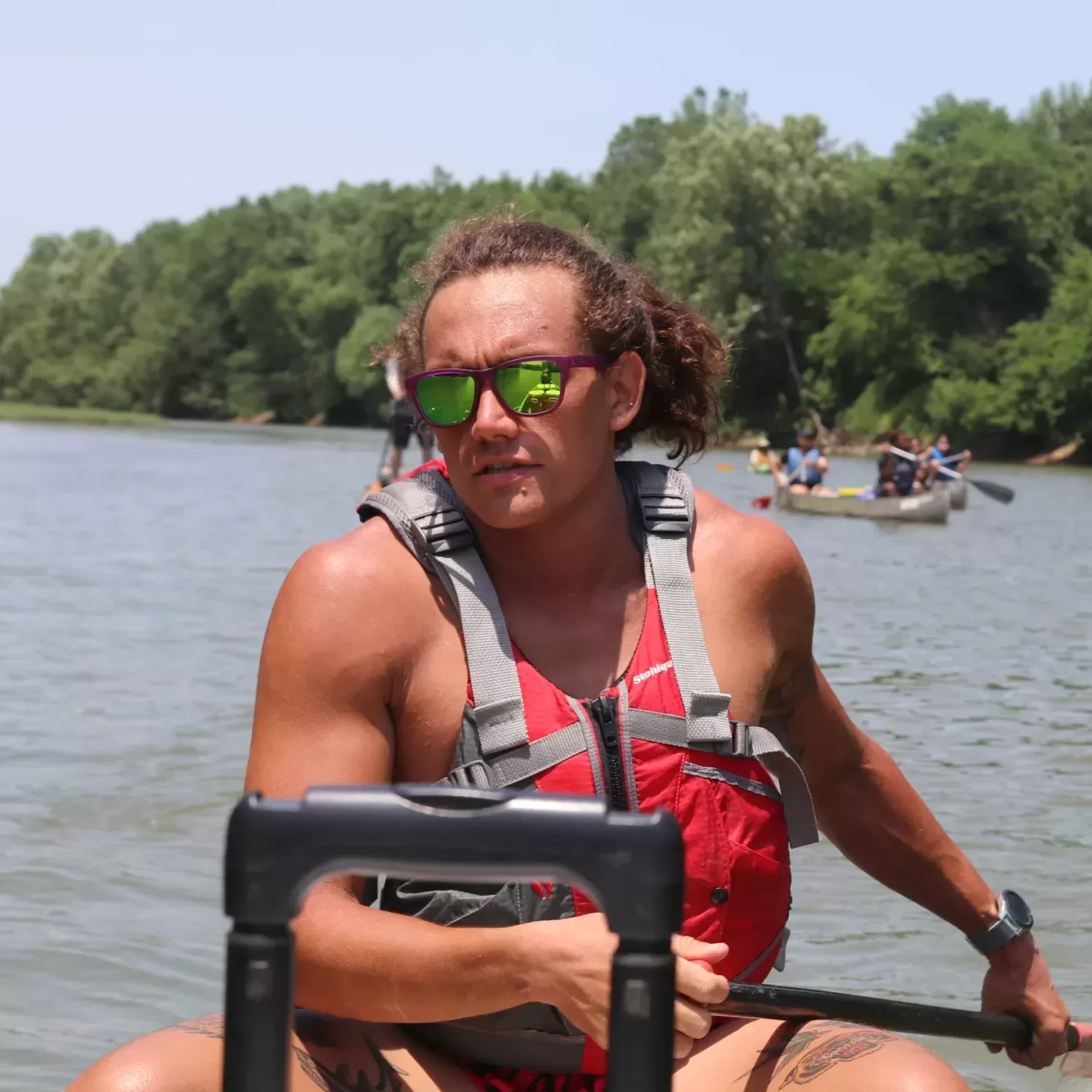
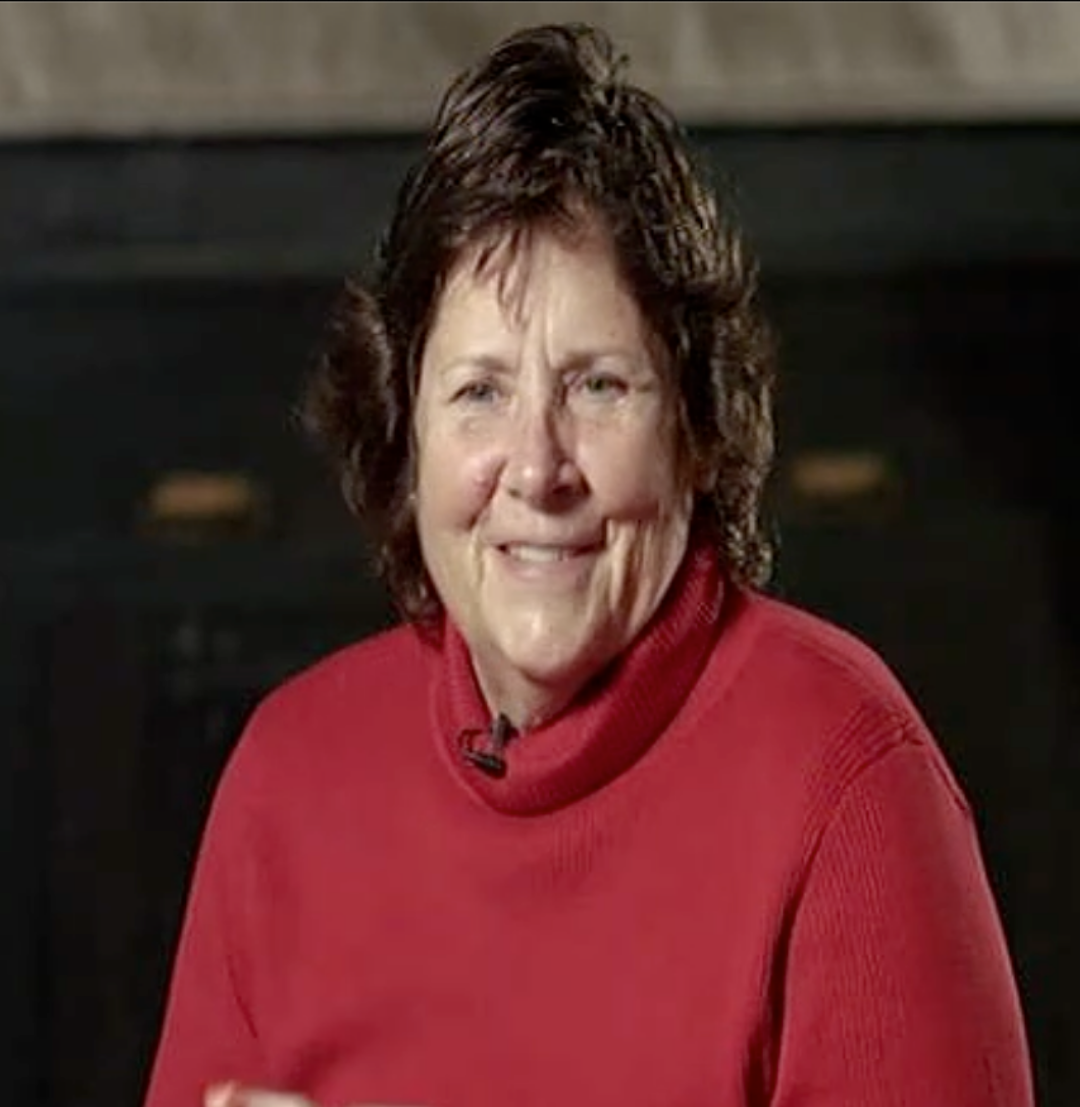
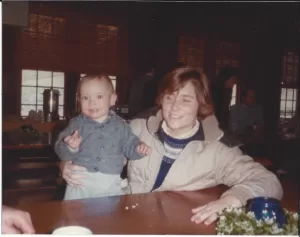
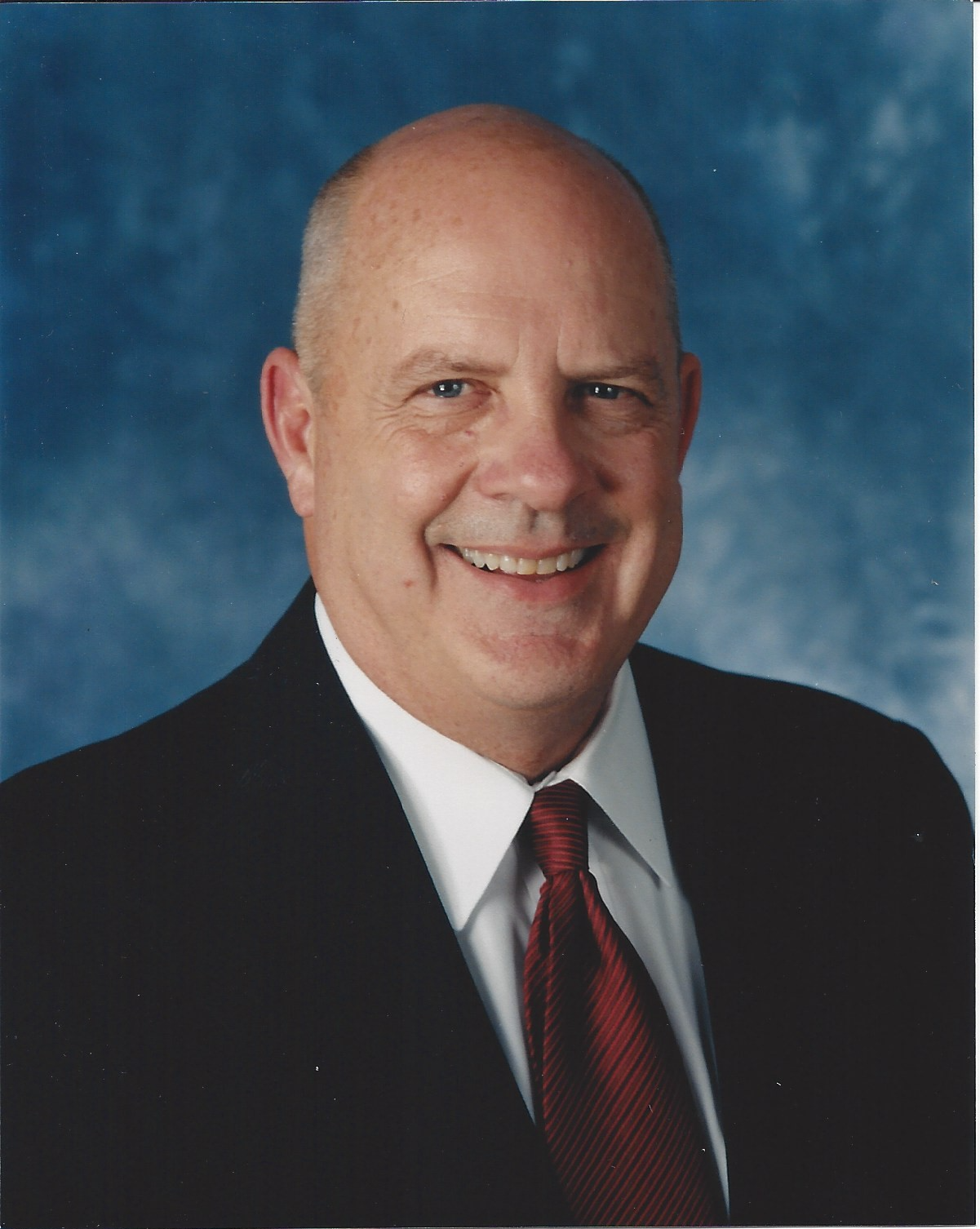
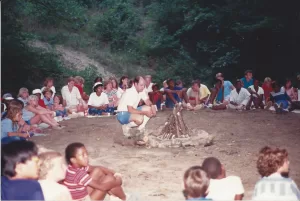
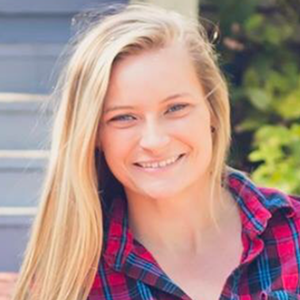
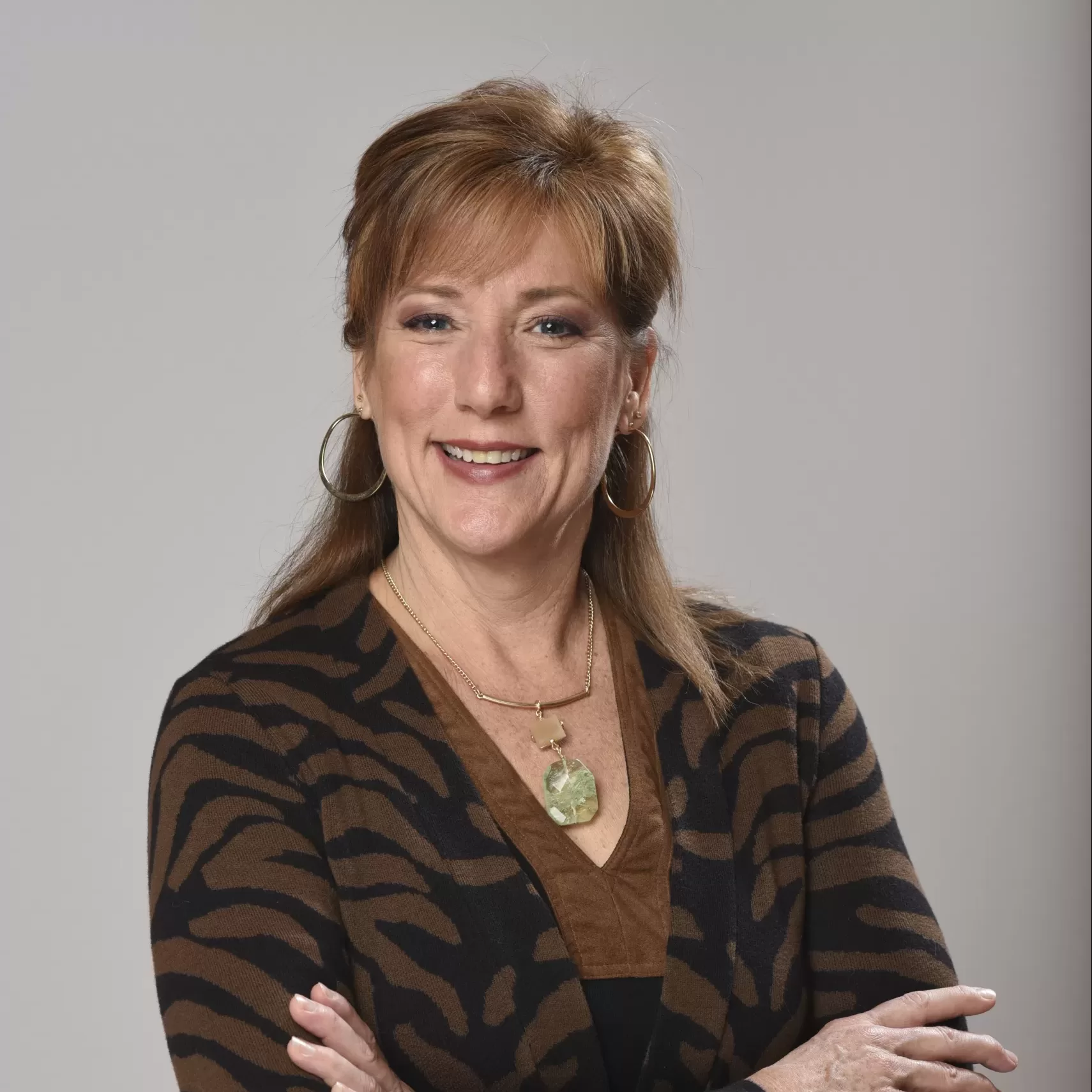
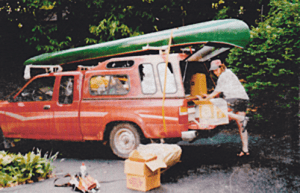
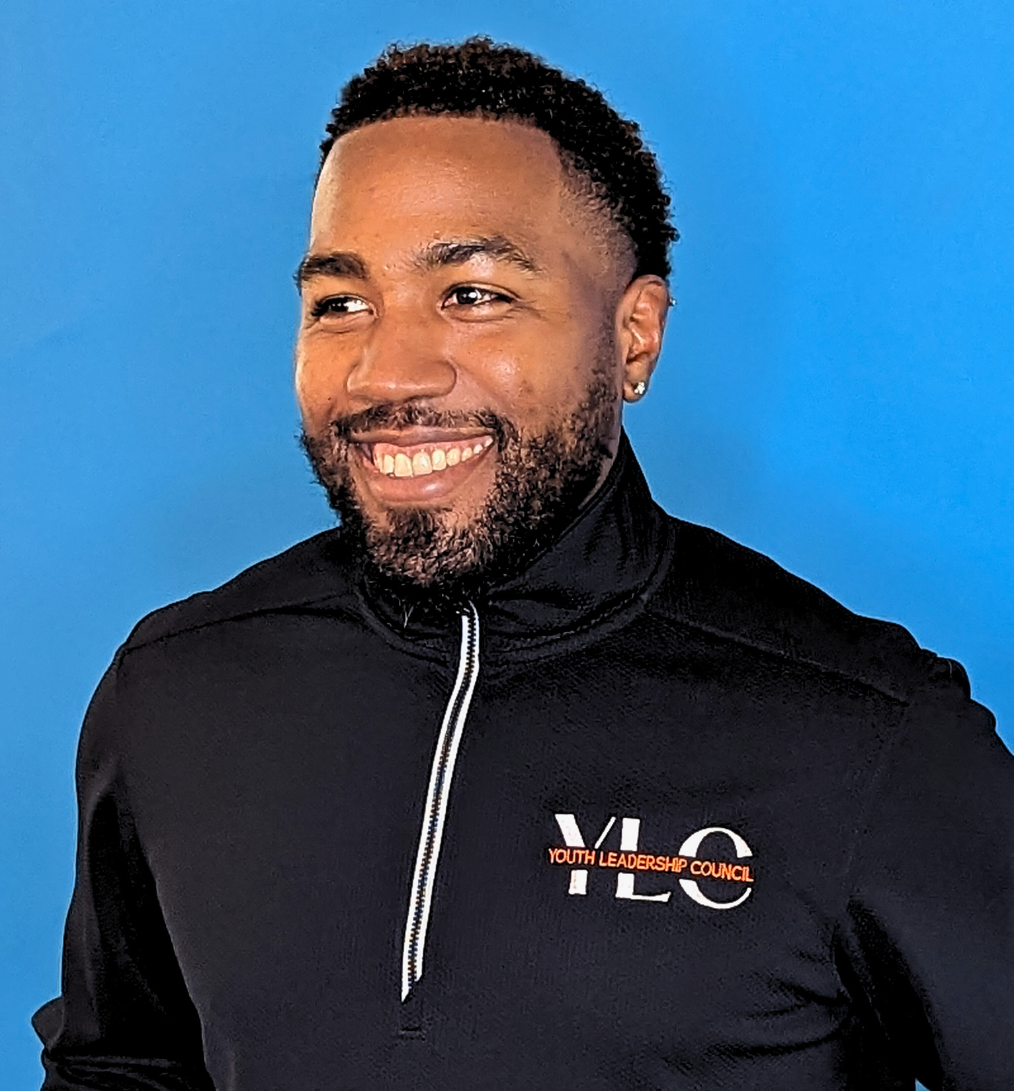
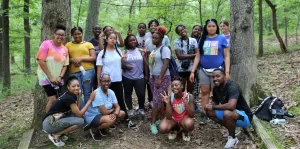
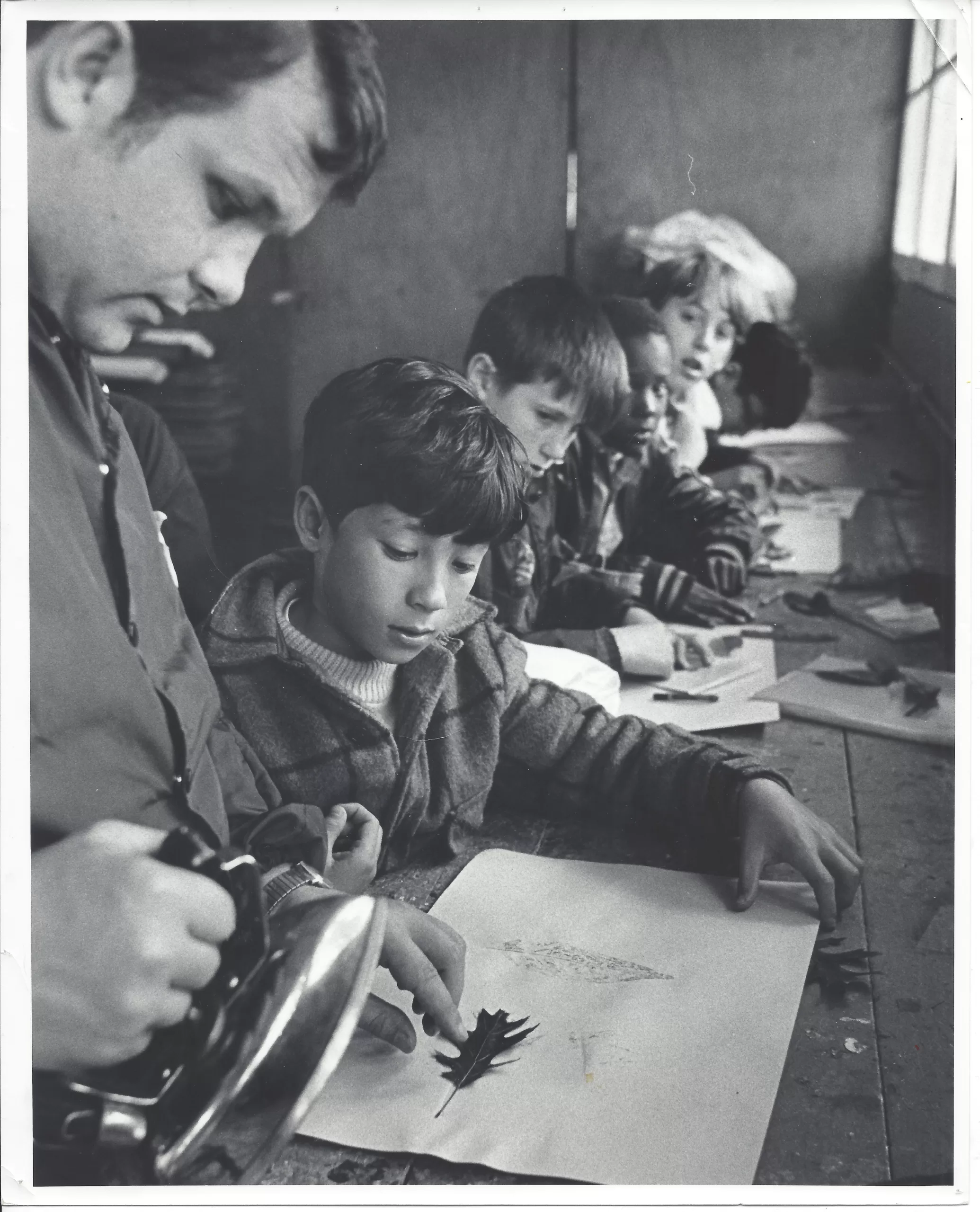
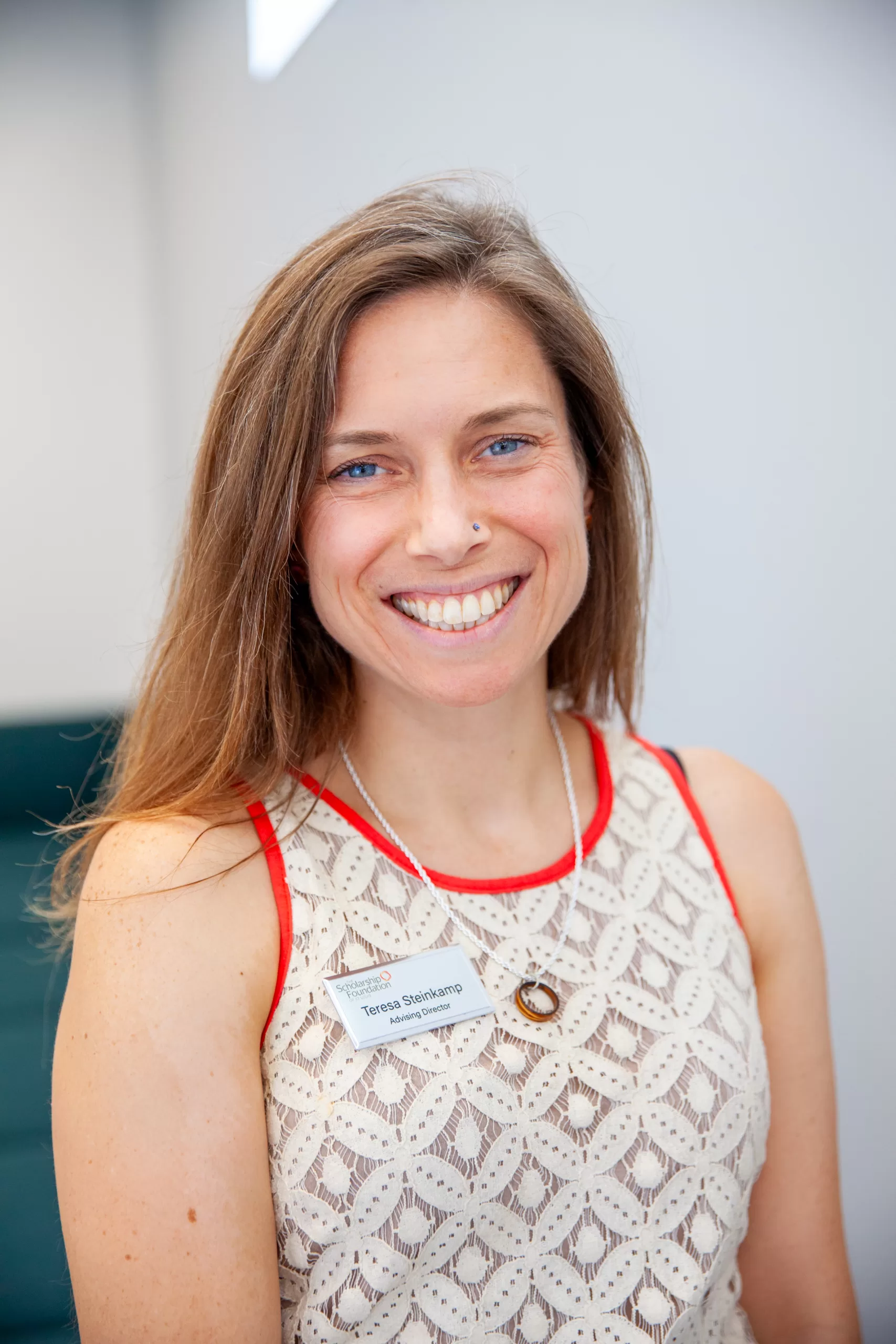
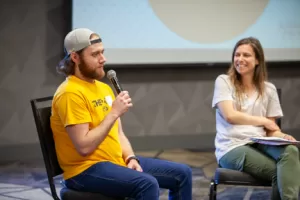
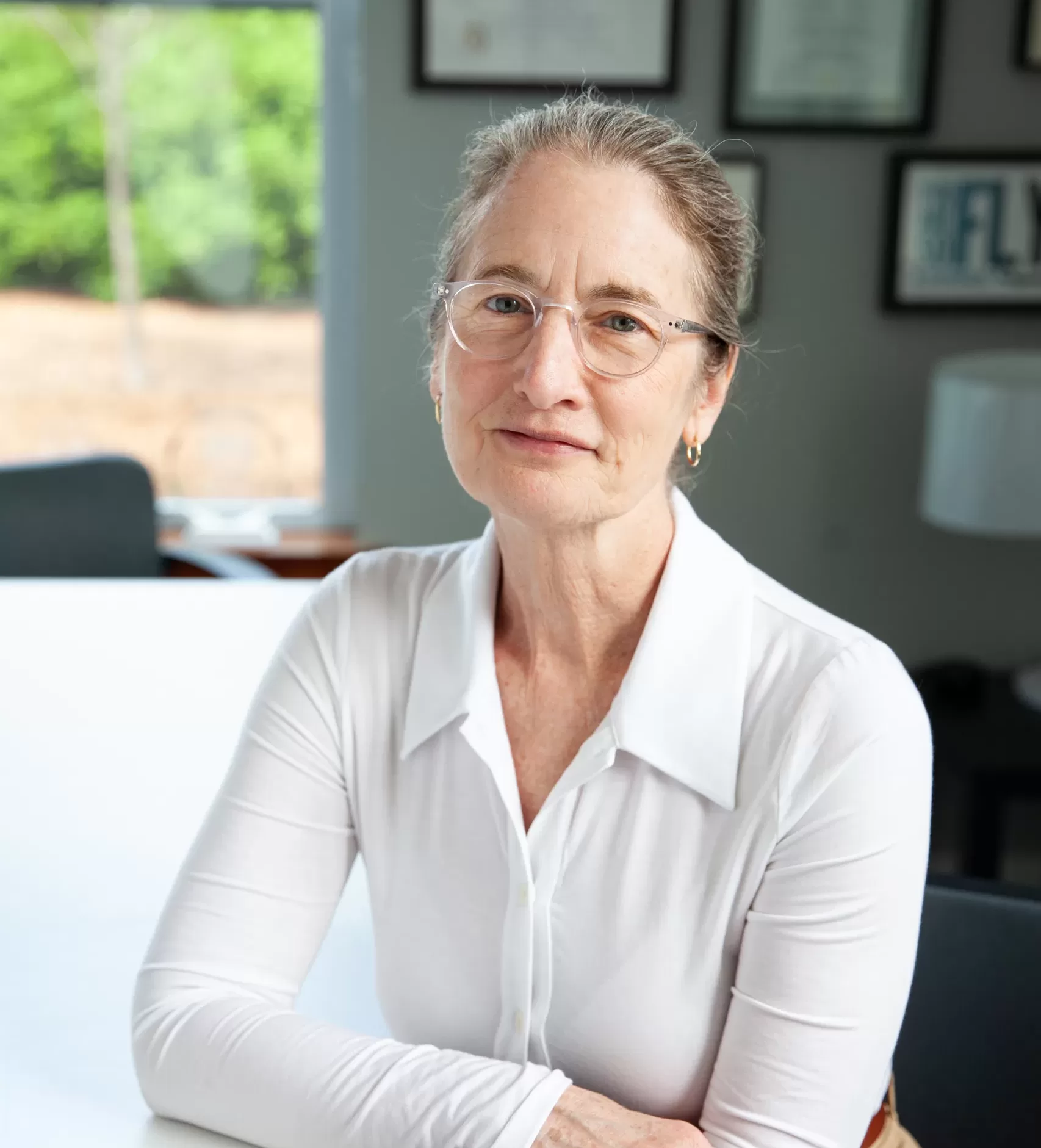
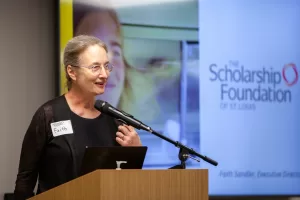
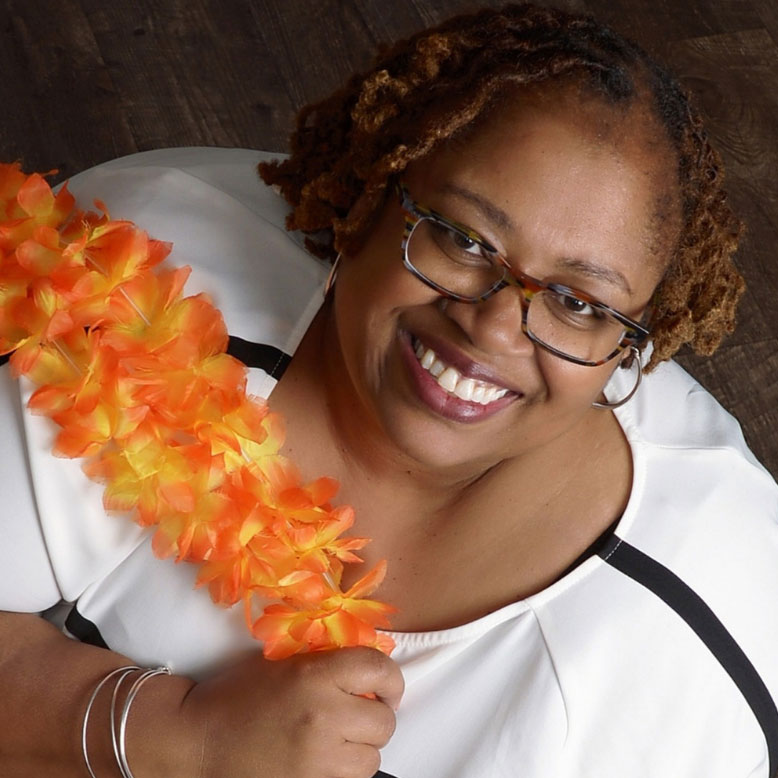
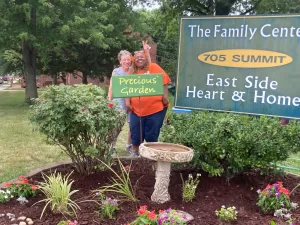
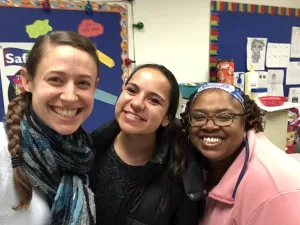
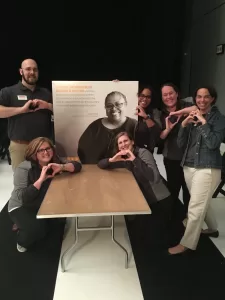
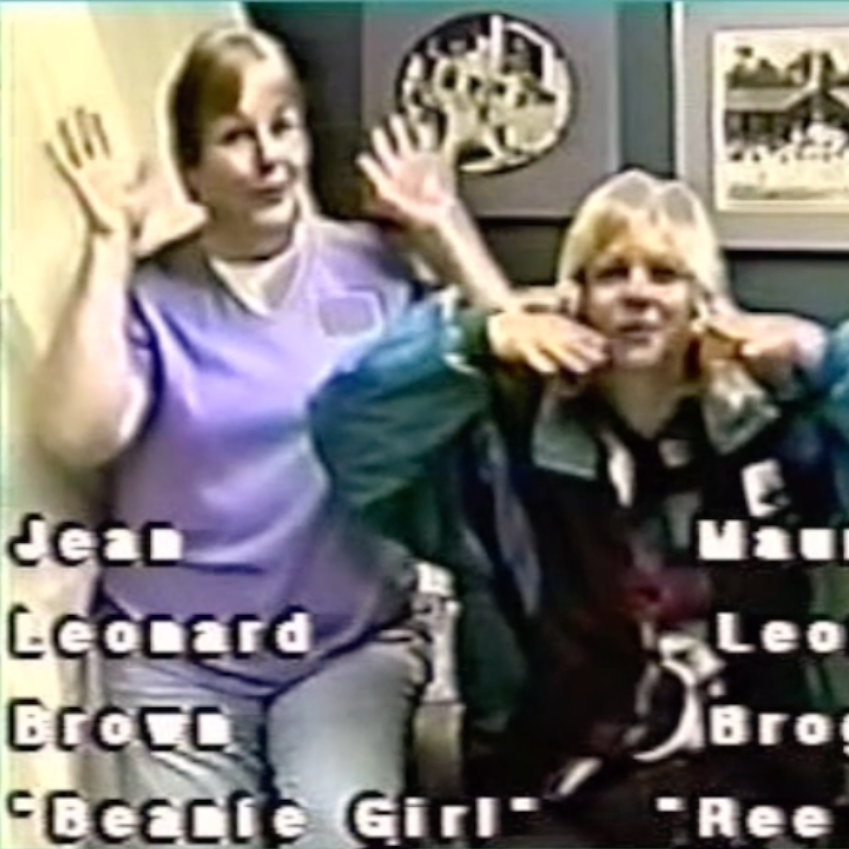
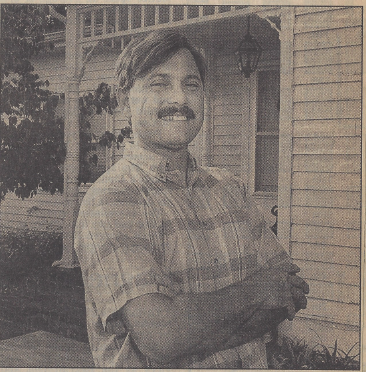
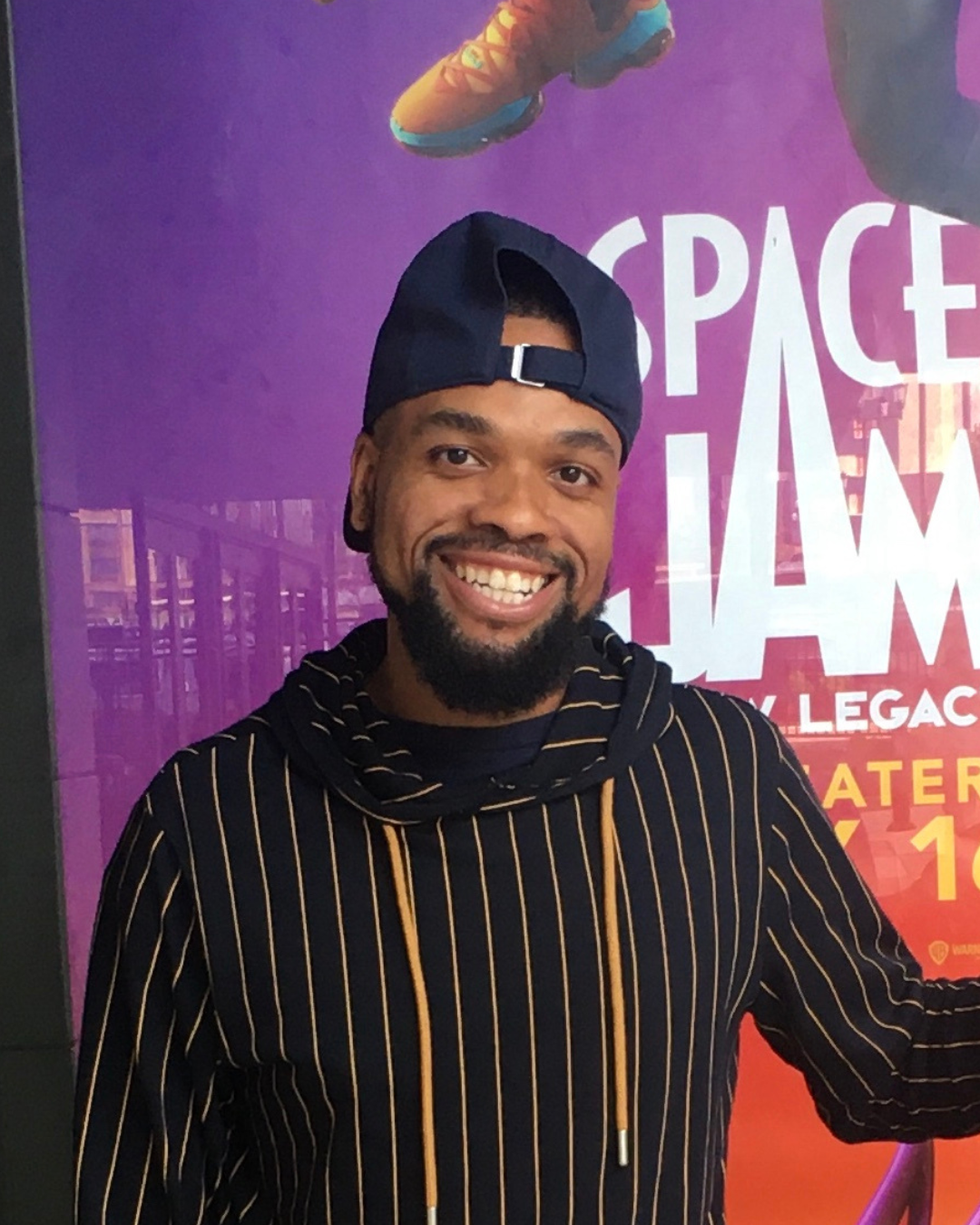
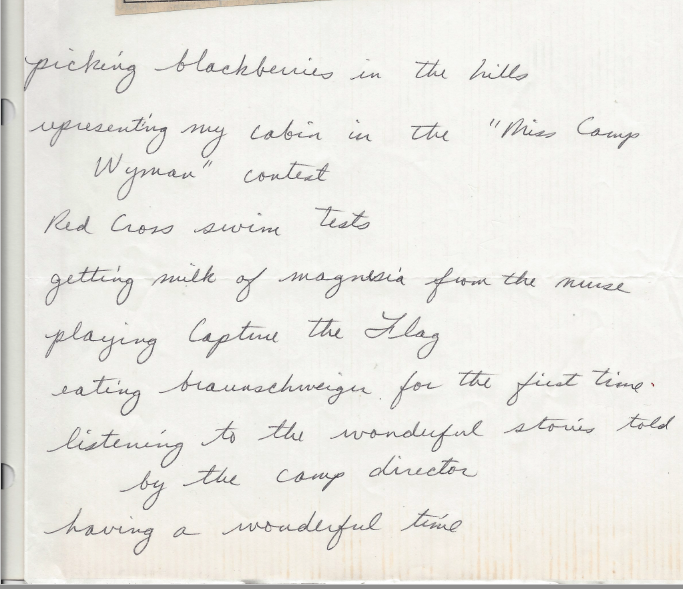
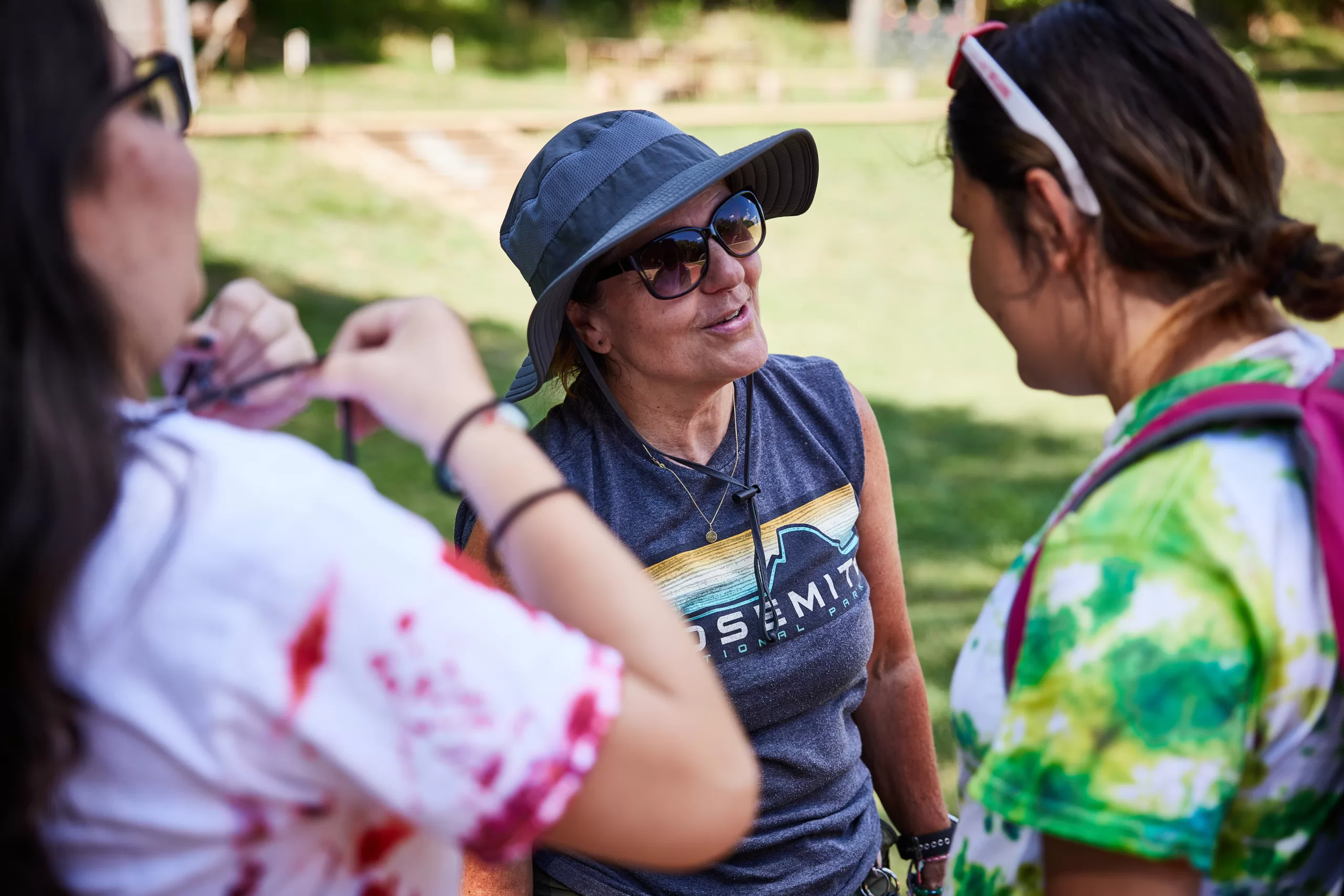
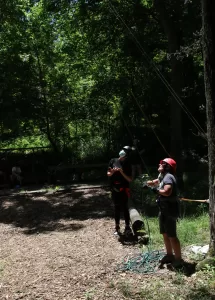
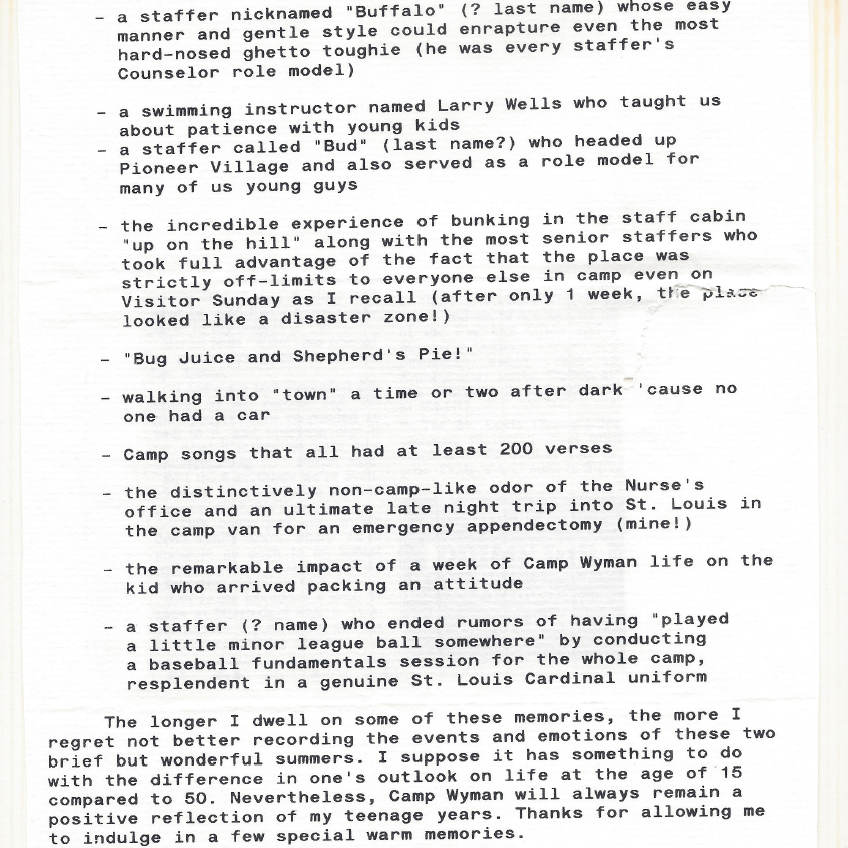
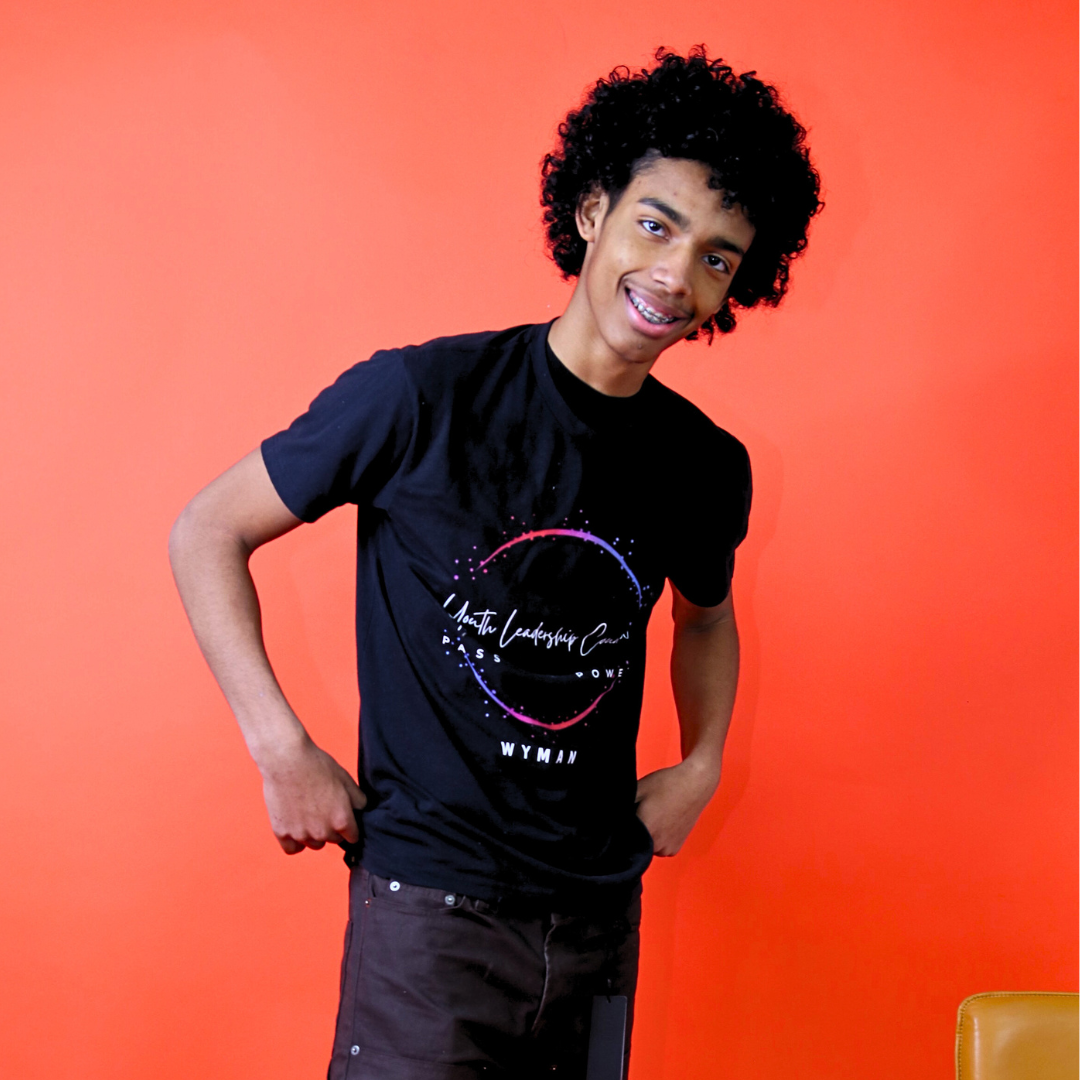
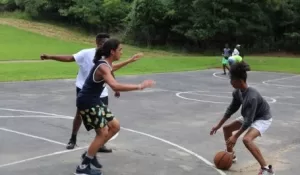 Jason is also grateful for the opportunity to participate in the formation of Wyman’s Youth Leadership Council. “I saw it as an opportunity to expand in a sense. It forced me to mature and see what the real world is. Every day isn’t just sunshine and rainbows, and it gives me a voice to state my opinion and help others state theirs.”
Jason is also grateful for the opportunity to participate in the formation of Wyman’s Youth Leadership Council. “I saw it as an opportunity to expand in a sense. It forced me to mature and see what the real world is. Every day isn’t just sunshine and rainbows, and it gives me a voice to state my opinion and help others state theirs.”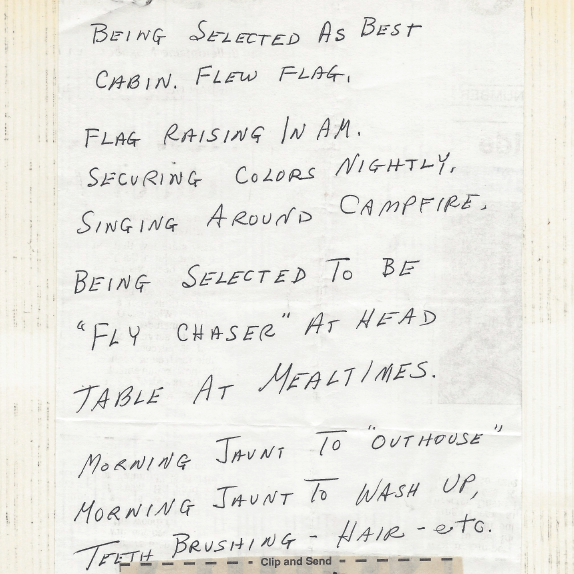
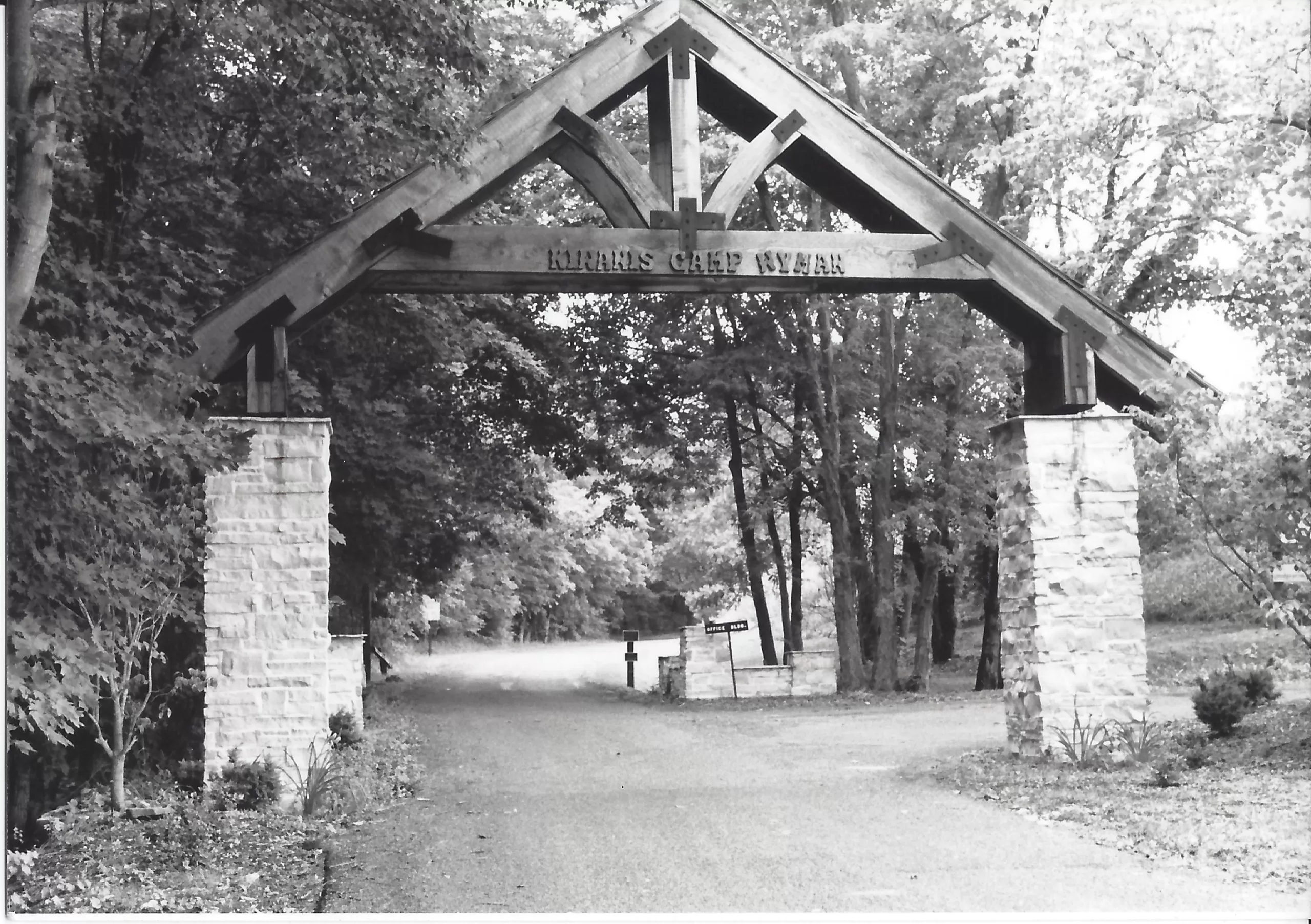
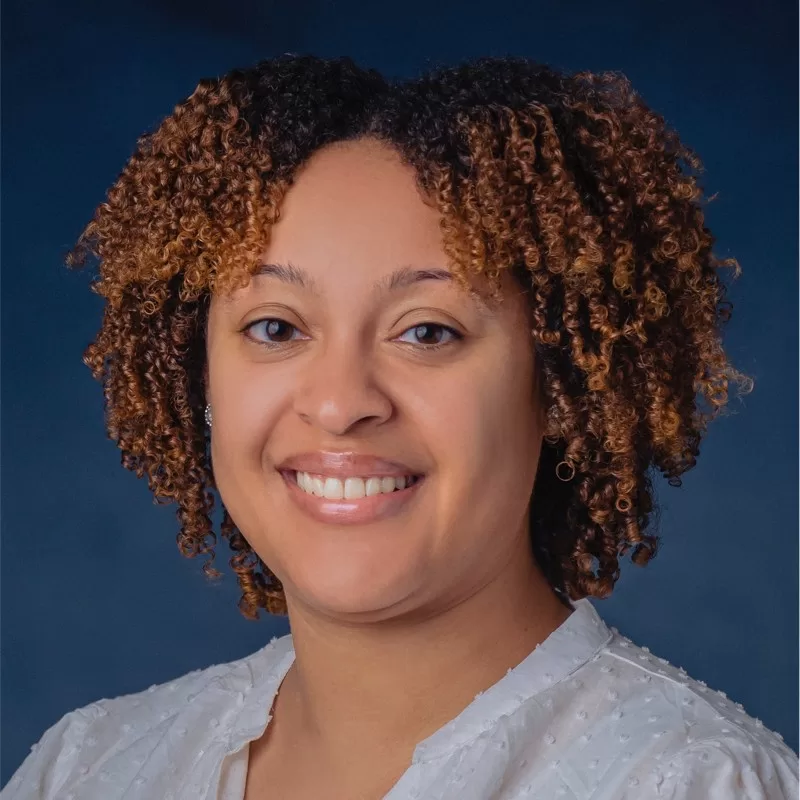
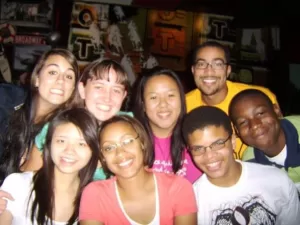
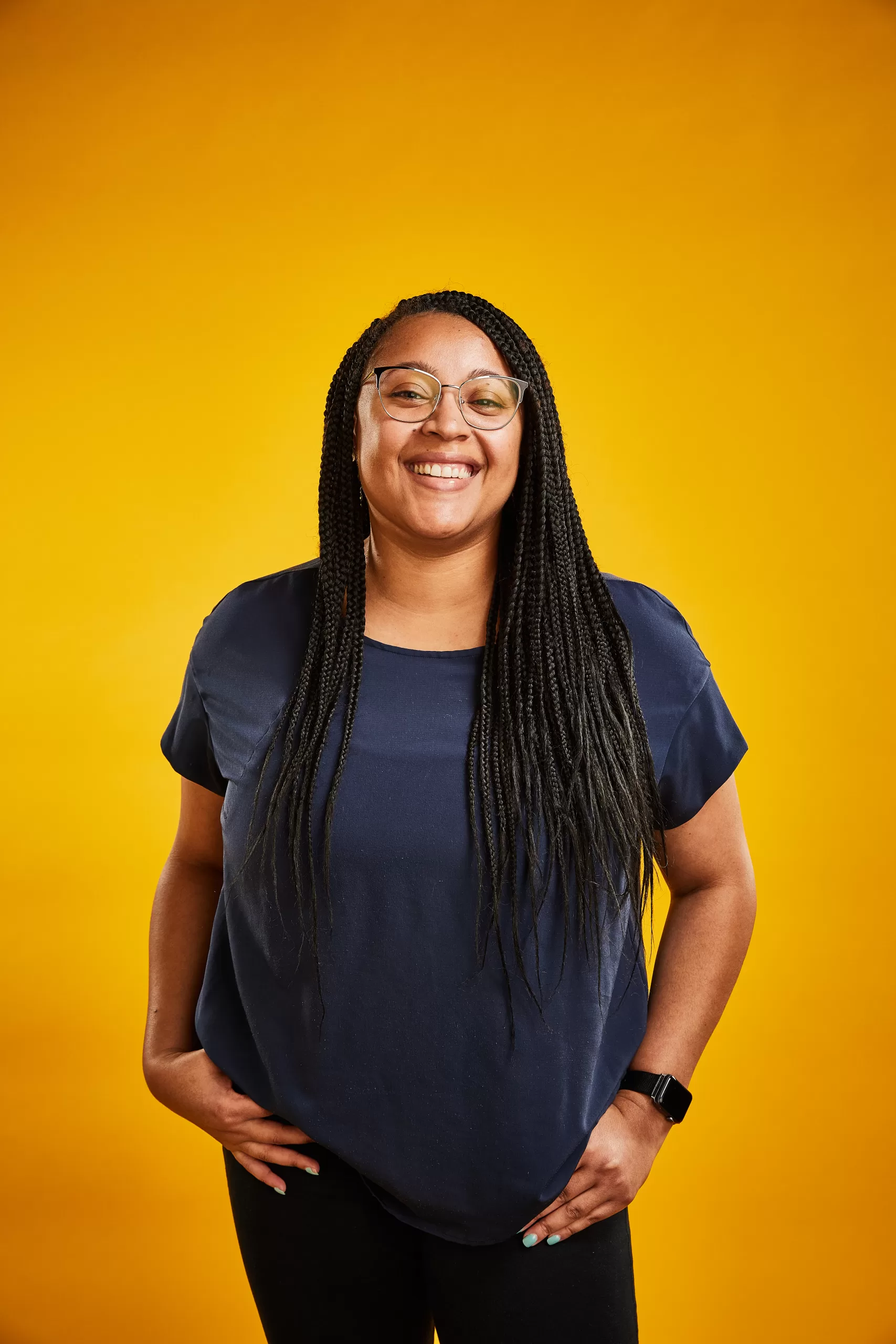
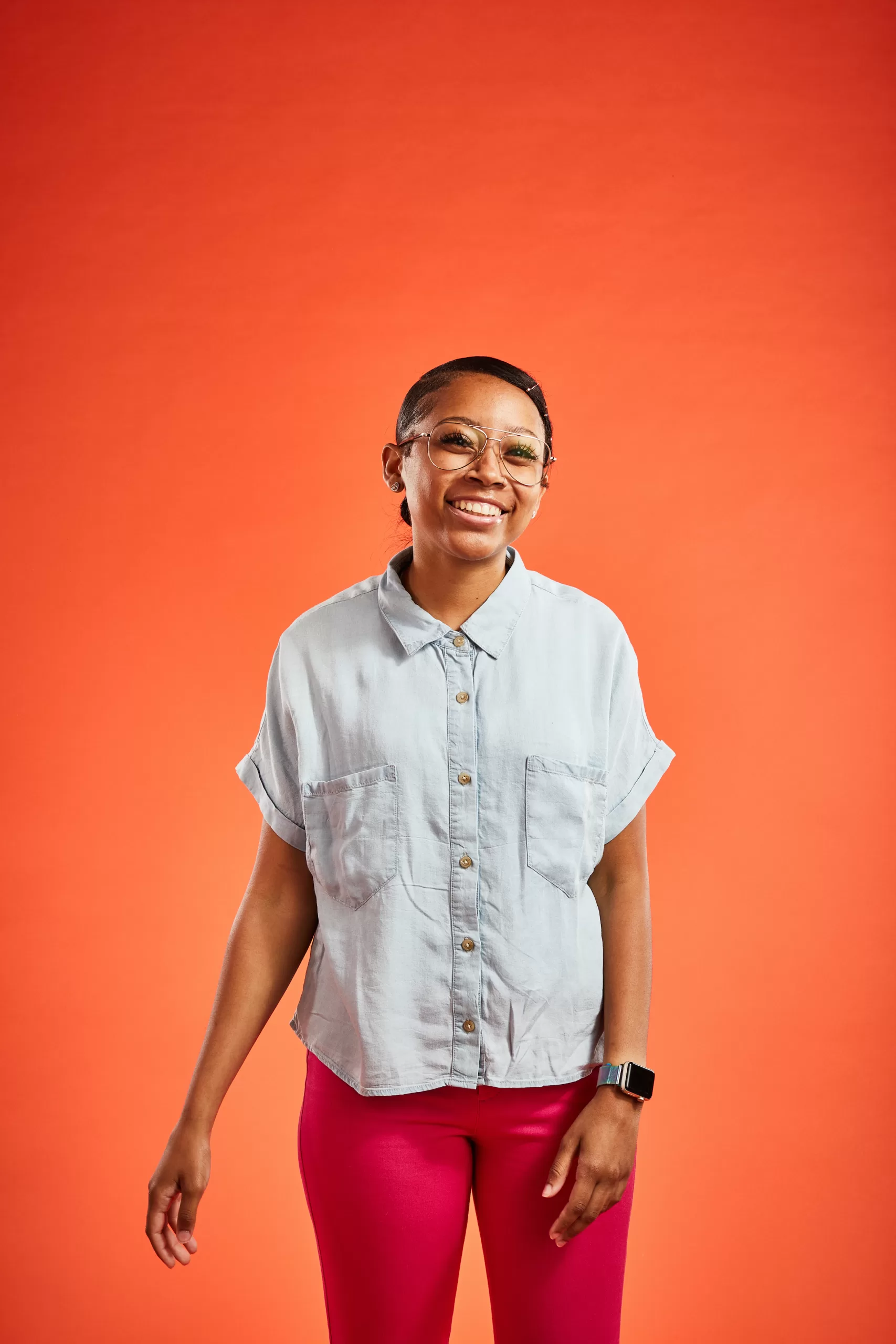
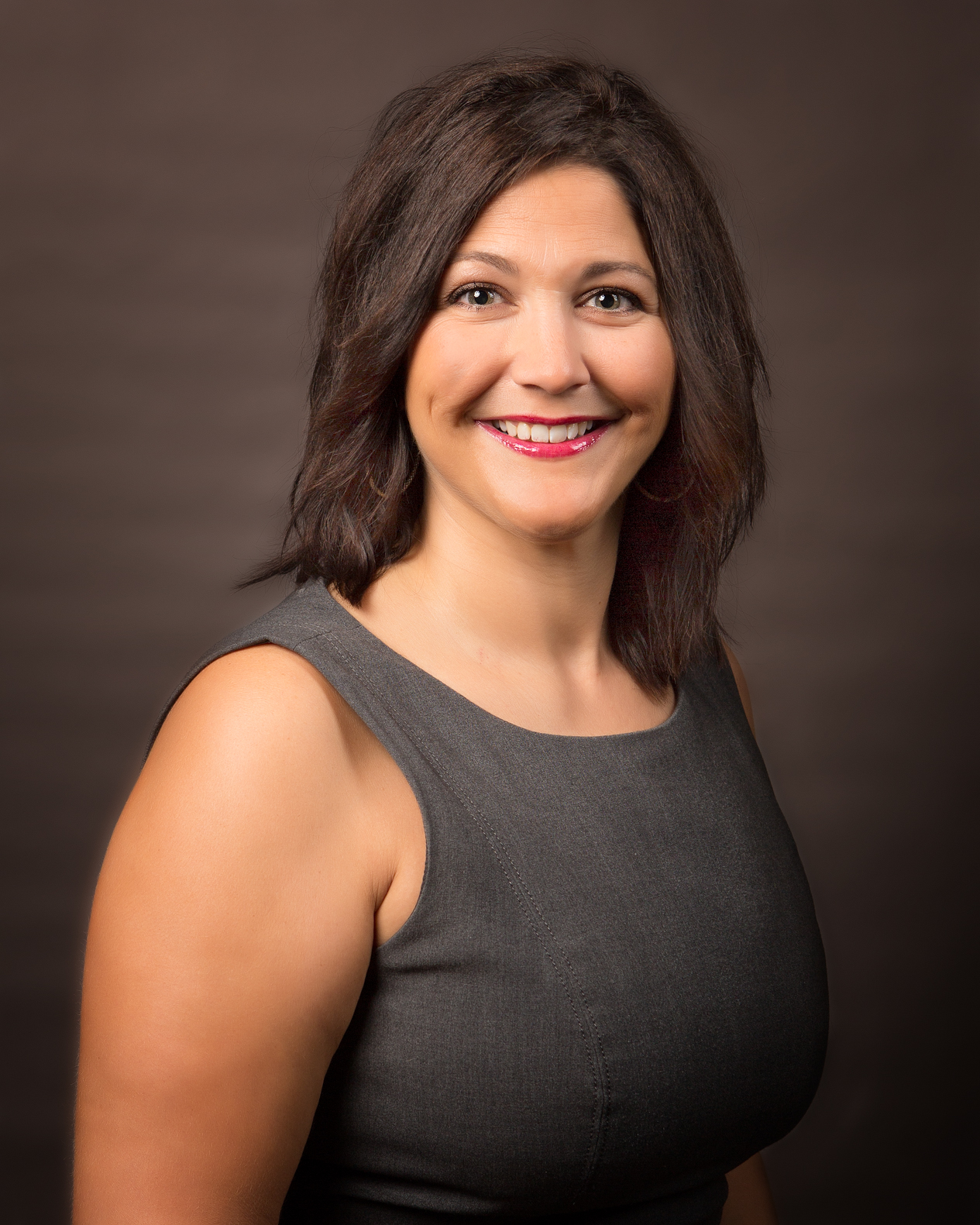
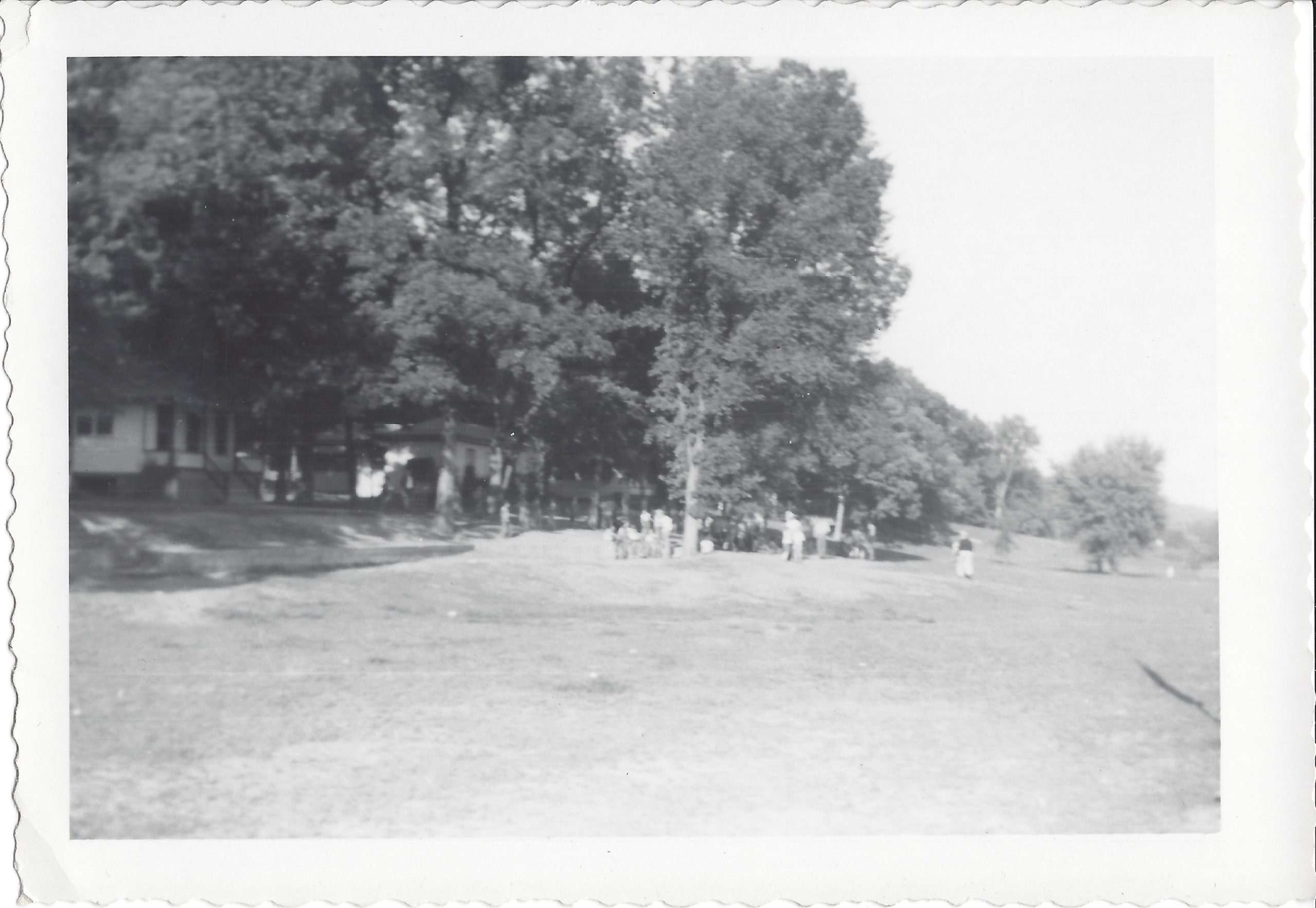
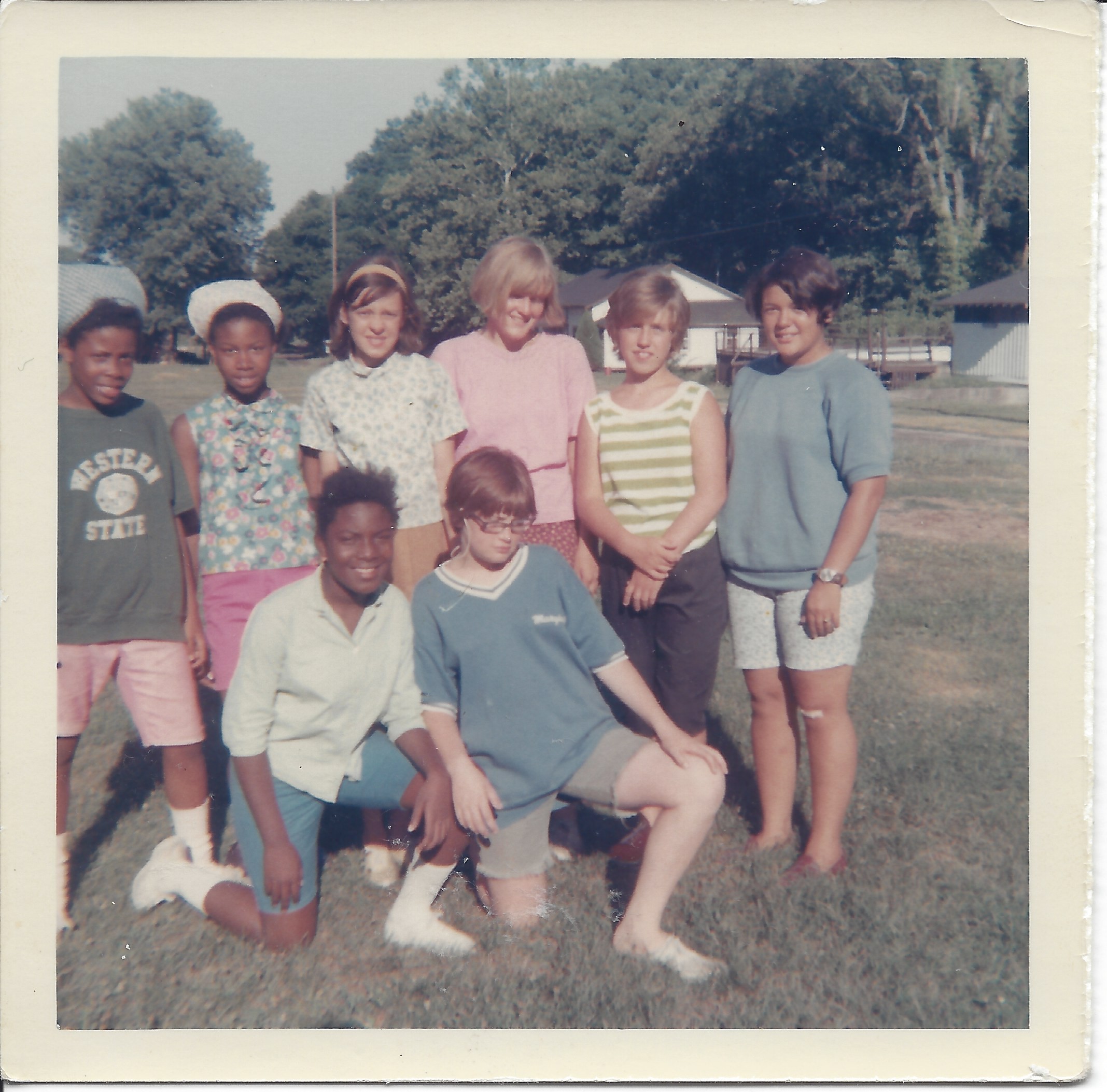
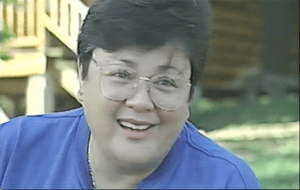 I had been bullied at school because I didn’t look the same as the other white kids because I have brown eyes, dark hair and dark skin. My Father was Filipino and when he spoke his English was broken. The neighborhood our father moved us to was many miles out of town to a home with no indoor plumbing, no running water, and away from the friends I made until I was 5 years old. The only time I was treated as an equal was at Camp Wyman because we were all different colors and we came from different parts of St. Louis and surrounding areas. It was special, certainly touched my heart. I went on after being a cabin counselor one summer for 4 weeks as the Camp Nurse. A dream came true for me.
I had been bullied at school because I didn’t look the same as the other white kids because I have brown eyes, dark hair and dark skin. My Father was Filipino and when he spoke his English was broken. The neighborhood our father moved us to was many miles out of town to a home with no indoor plumbing, no running water, and away from the friends I made until I was 5 years old. The only time I was treated as an equal was at Camp Wyman because we were all different colors and we came from different parts of St. Louis and surrounding areas. It was special, certainly touched my heart. I went on after being a cabin counselor one summer for 4 weeks as the Camp Nurse. A dream came true for me. 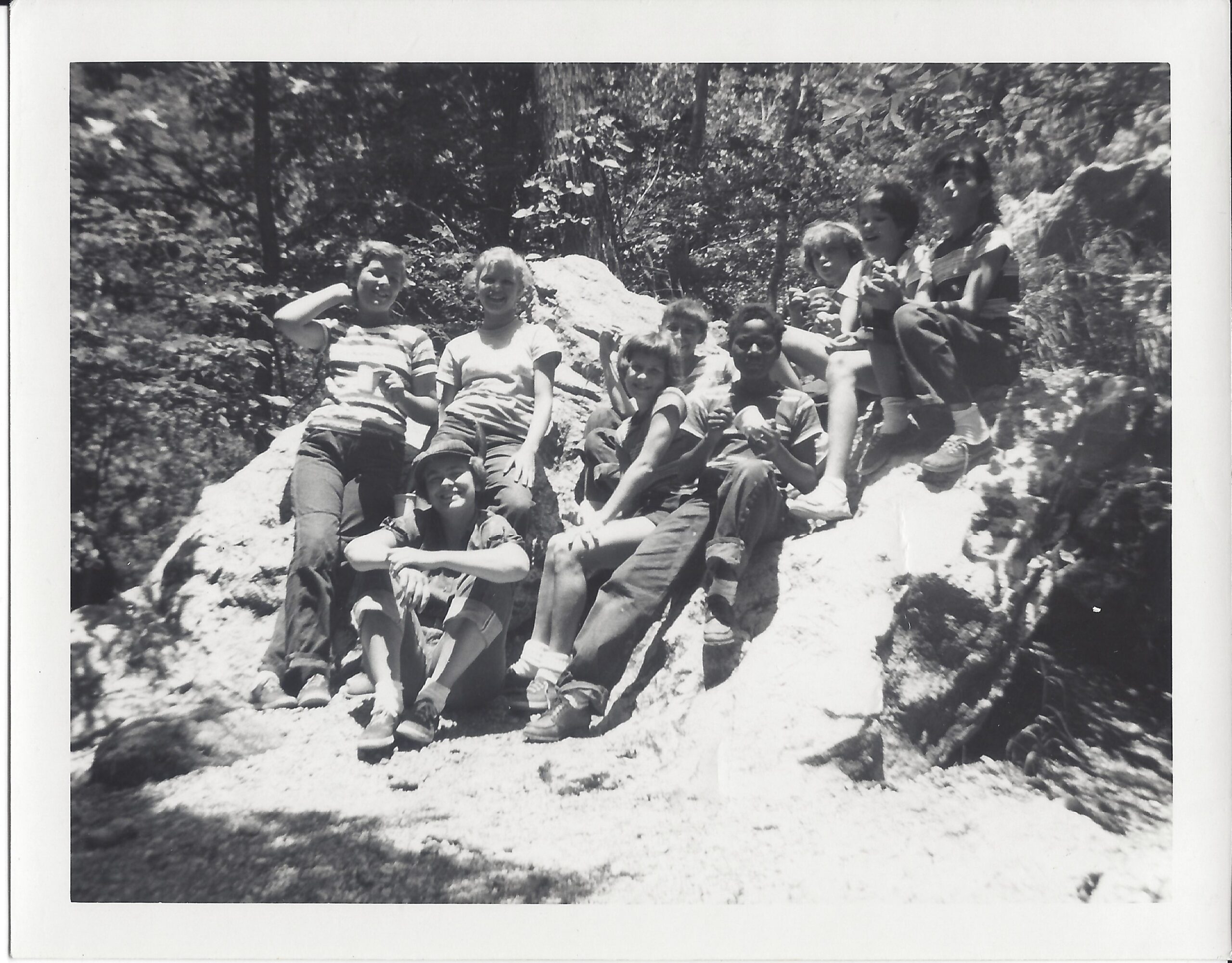
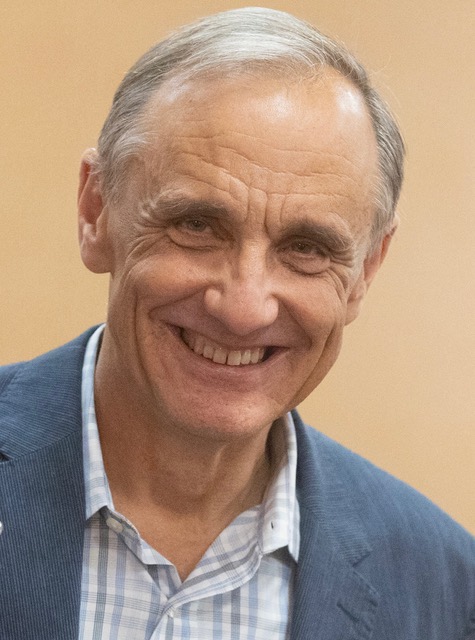
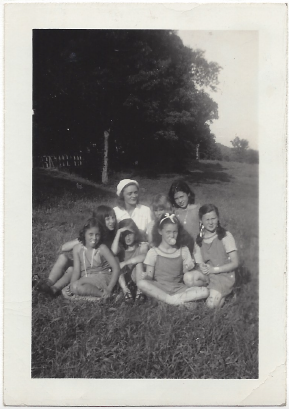
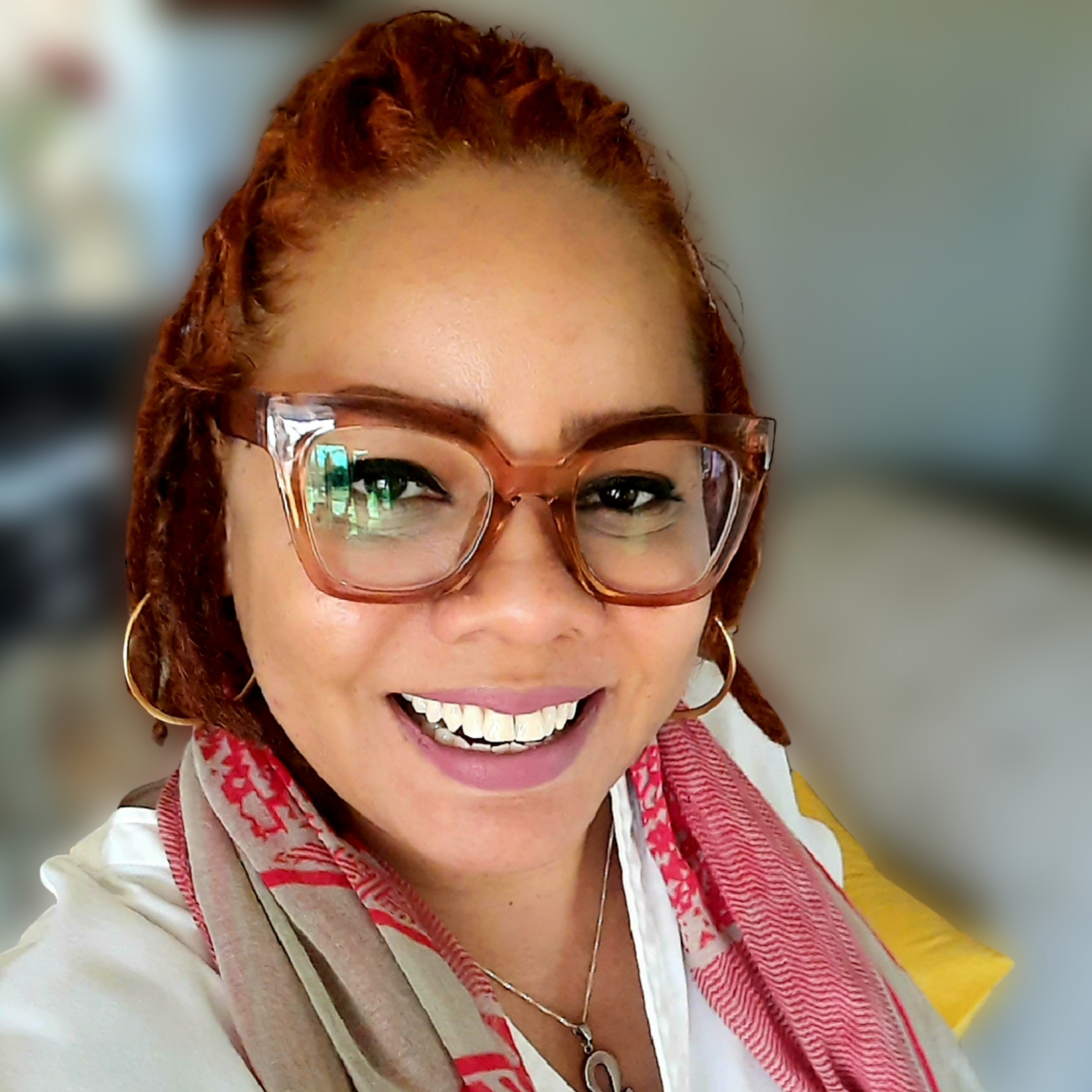
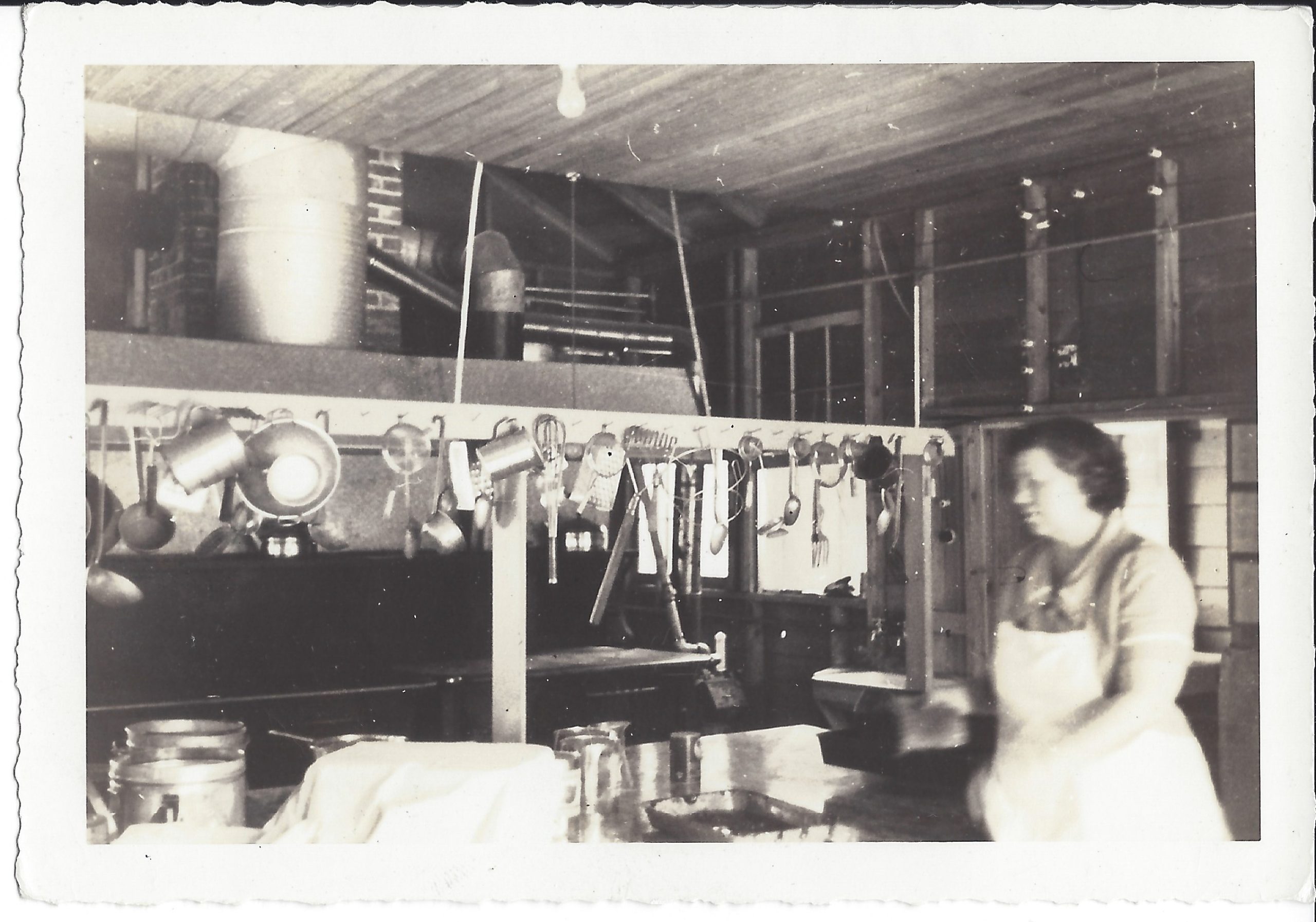

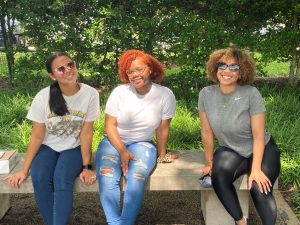 Joelly has expanded her impact even further by becoming one of the founding members of Wyman’s Youth Leadership Council (YLC). She decided to join because, “I felt like this was something important, something that could change the future of Wyman and hopefully St. Louis as a whole. It’s a chance to advocate for change.”
Joelly has expanded her impact even further by becoming one of the founding members of Wyman’s Youth Leadership Council (YLC). She decided to join because, “I felt like this was something important, something that could change the future of Wyman and hopefully St. Louis as a whole. It’s a chance to advocate for change.”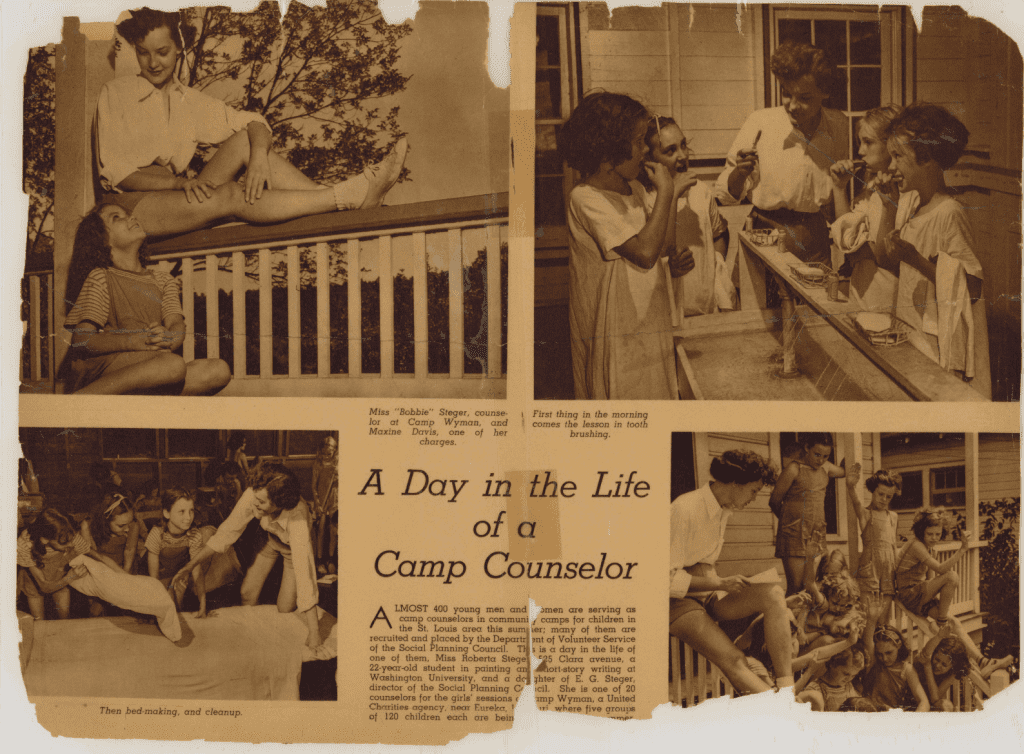
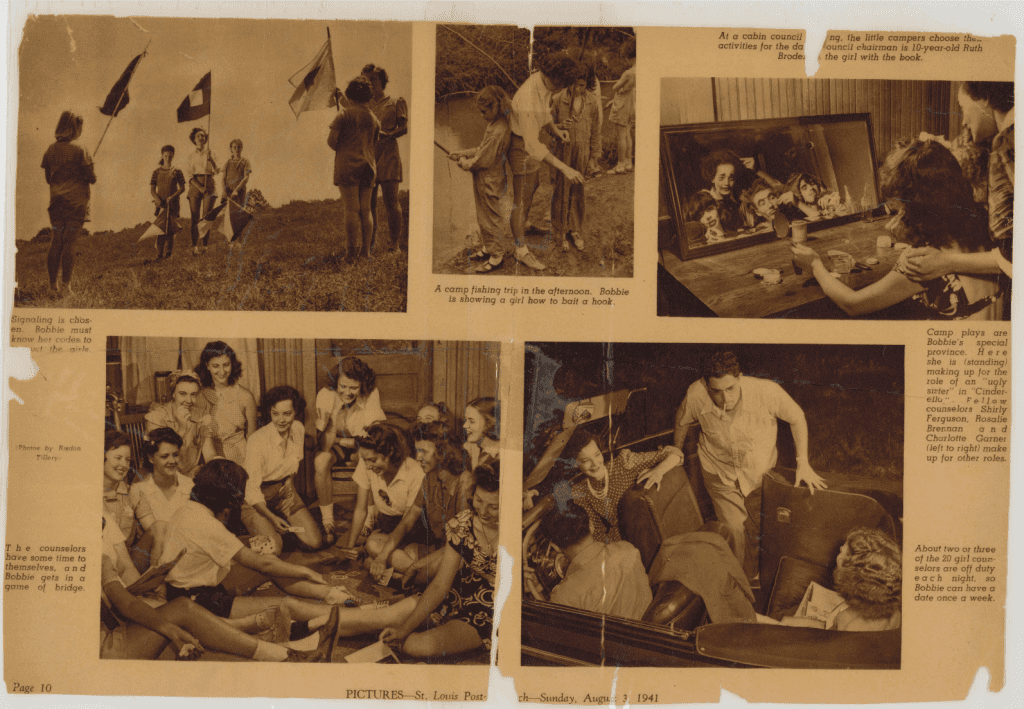
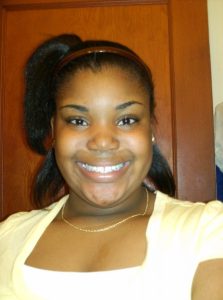 “I know to never be afraid or feel that I am alone because I know my Wyman family would be there for additional assistance, even in my adult life, when needed. With them I never felt judged, and I knew it was a safe space for me to learn and grow.”
“I know to never be afraid or feel that I am alone because I know my Wyman family would be there for additional assistance, even in my adult life, when needed. With them I never felt judged, and I knew it was a safe space for me to learn and grow.” 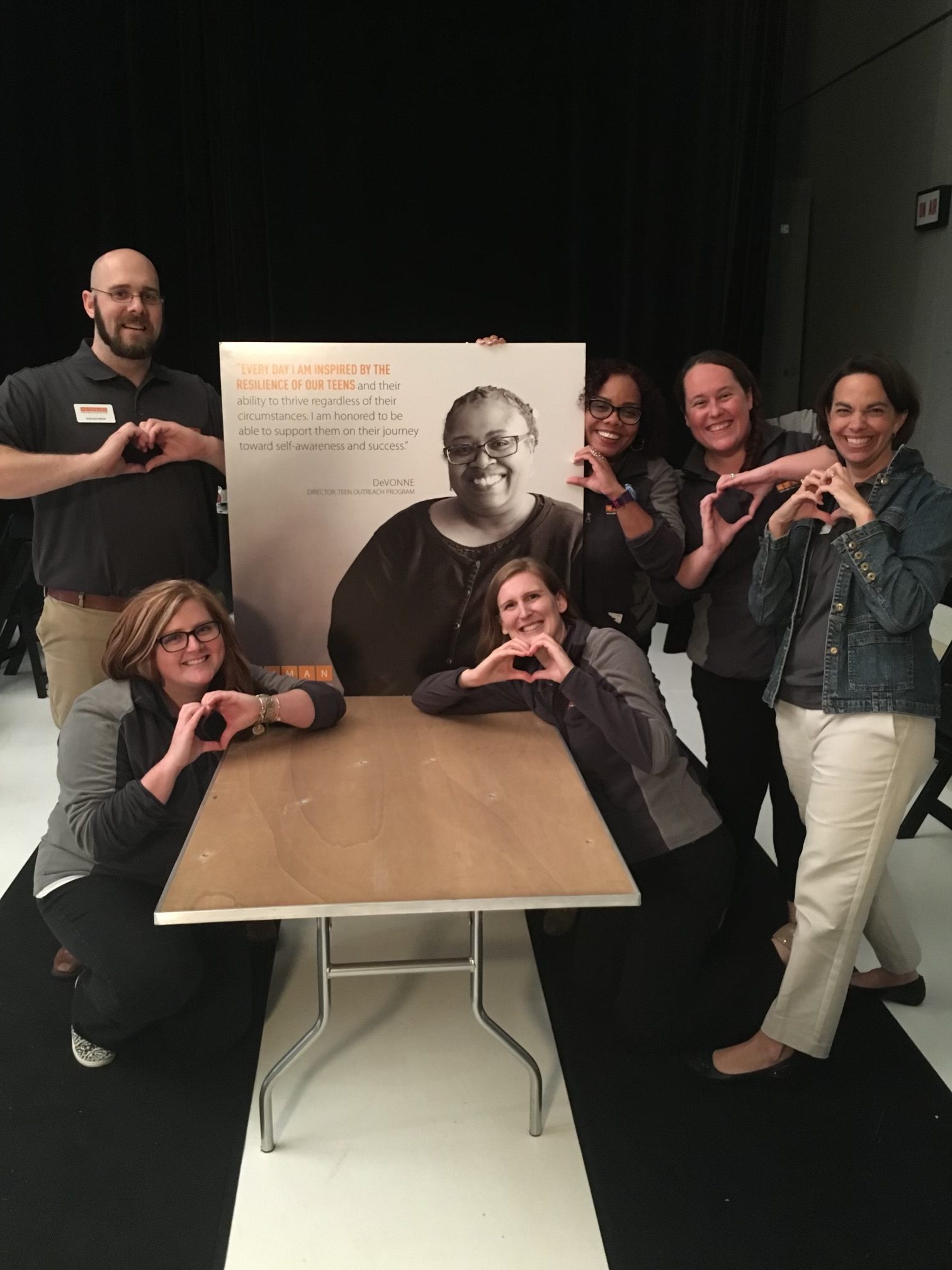
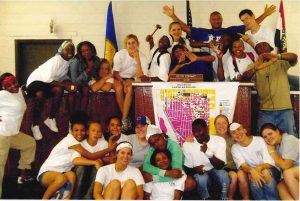 And to me that was the switch, and you could see the aha moment happening for a lot of the teens. Sometimes we’re in these situations where you feel like you really can’t do something, but maybe you just need to get out of your head and push through it. That was exciting to see and she was just so proud of herself. As she should have been, it was really hard.”
And to me that was the switch, and you could see the aha moment happening for a lot of the teens. Sometimes we’re in these situations where you feel like you really can’t do something, but maybe you just need to get out of your head and push through it. That was exciting to see and she was just so proud of herself. As she should have been, it was really hard.”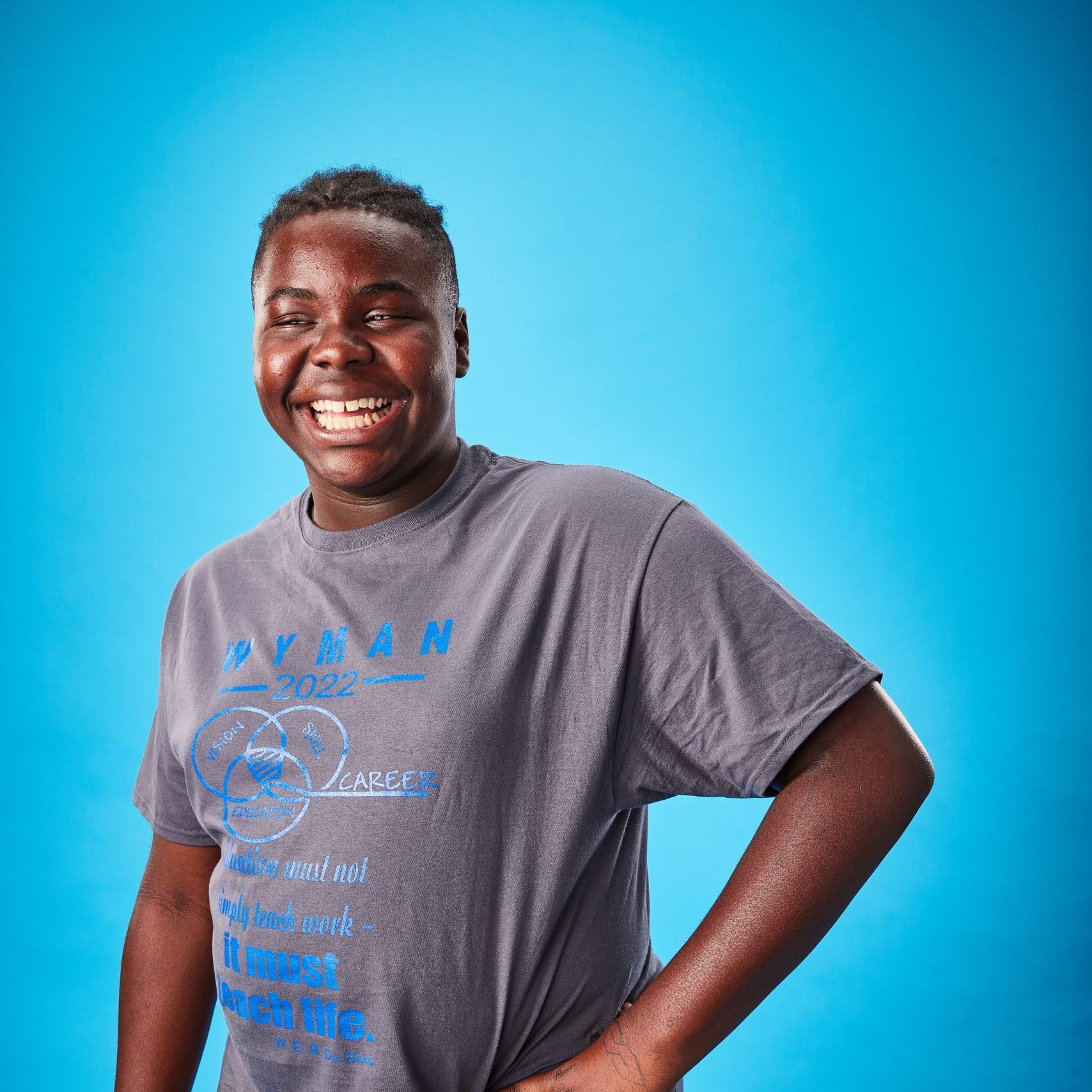
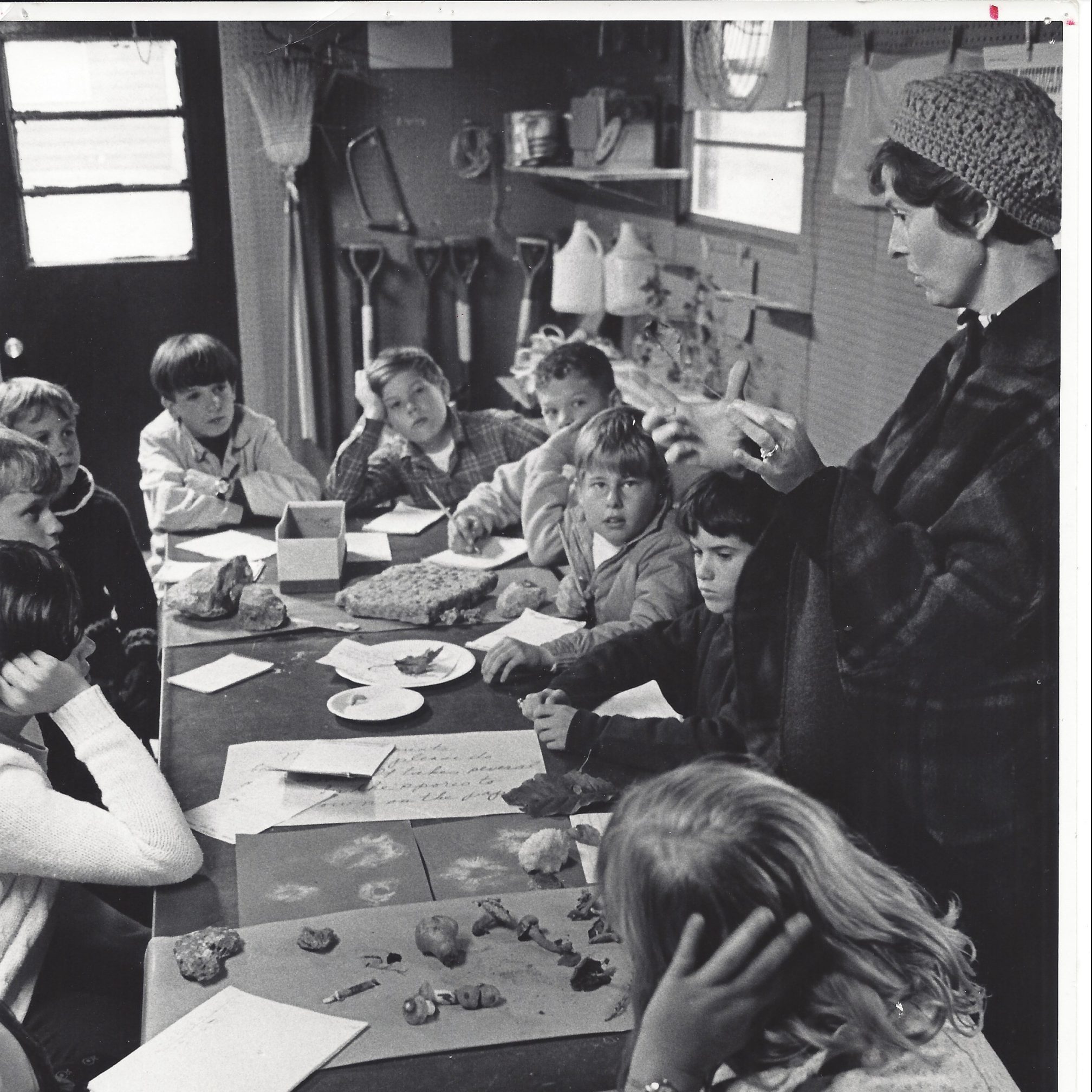
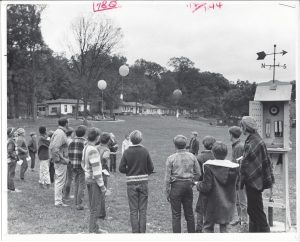 Liz was also a big part of the program to plant seedlings at Camp Wyman every year. She helped to devise an anti-erosion planting program based on types, numbers and placement of trees. Every year during this program, campers planted about one thousand seedlings of various kinds including pines, nut trees, ornamentals, thicket trees, and hardwoods. Ex-campers commonly returned to stop by and see “their trees”. Dave Hilliard remembers that “Campers, under the eye of Liz, were responsible for planting all the trees behind the shop, the lower pavilion, above the basketball court, and along road coming into camp.”
Liz was also a big part of the program to plant seedlings at Camp Wyman every year. She helped to devise an anti-erosion planting program based on types, numbers and placement of trees. Every year during this program, campers planted about one thousand seedlings of various kinds including pines, nut trees, ornamentals, thicket trees, and hardwoods. Ex-campers commonly returned to stop by and see “their trees”. Dave Hilliard remembers that “Campers, under the eye of Liz, were responsible for planting all the trees behind the shop, the lower pavilion, above the basketball court, and along road coming into camp.”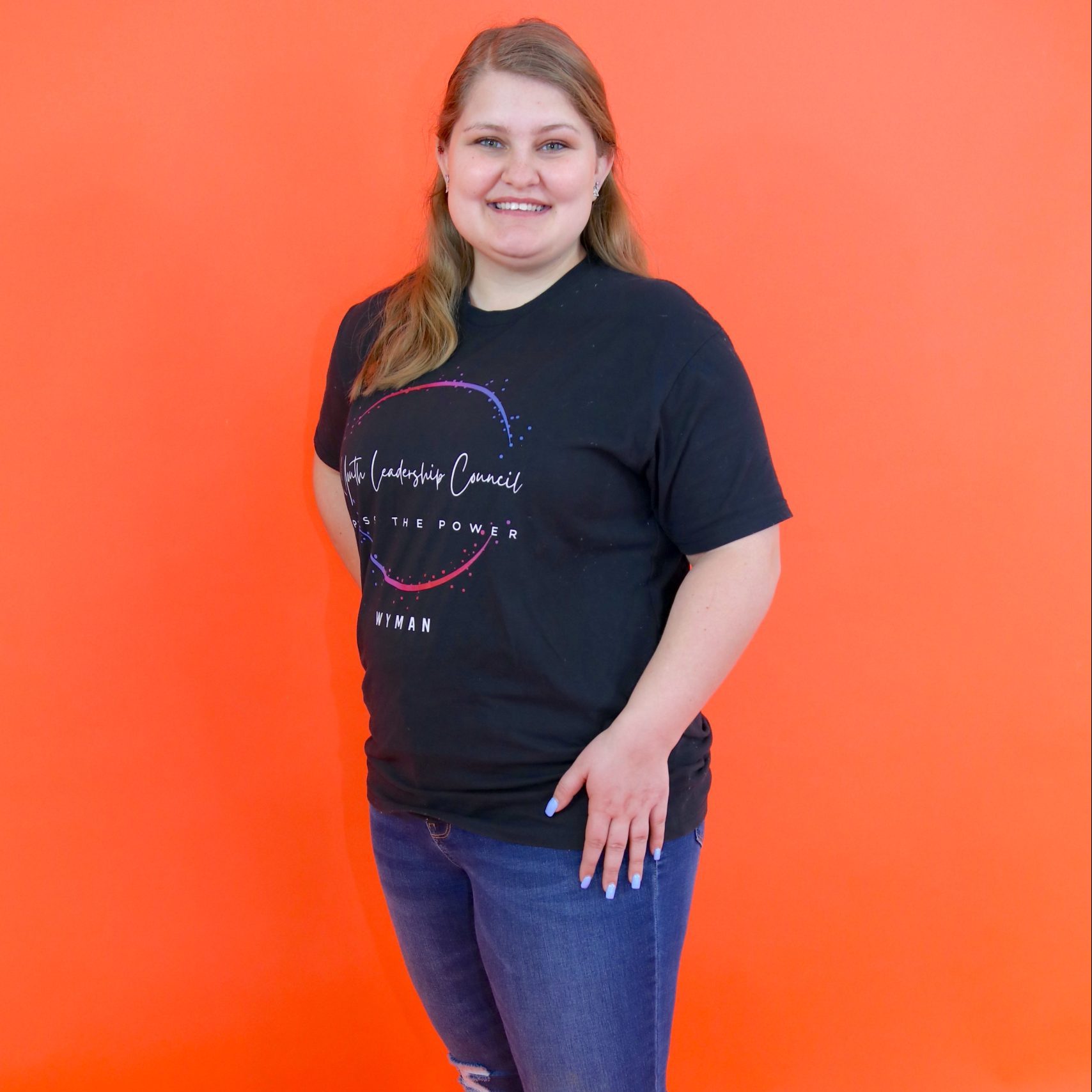
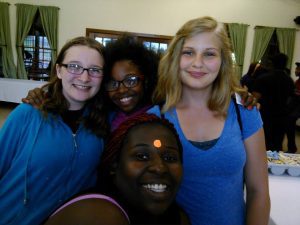 Now, participating in YLC for Missy has been life-changing. “I’ve gotten to meet a lot of higher ups within our community and our state legislature. But also, the impact that the Youth Leadership Council has made on my life. It has let me me take a step back and realize that I do deserve a place at the table to speak and my voice will be heard.
Now, participating in YLC for Missy has been life-changing. “I’ve gotten to meet a lot of higher ups within our community and our state legislature. But also, the impact that the Youth Leadership Council has made on my life. It has let me me take a step back and realize that I do deserve a place at the table to speak and my voice will be heard.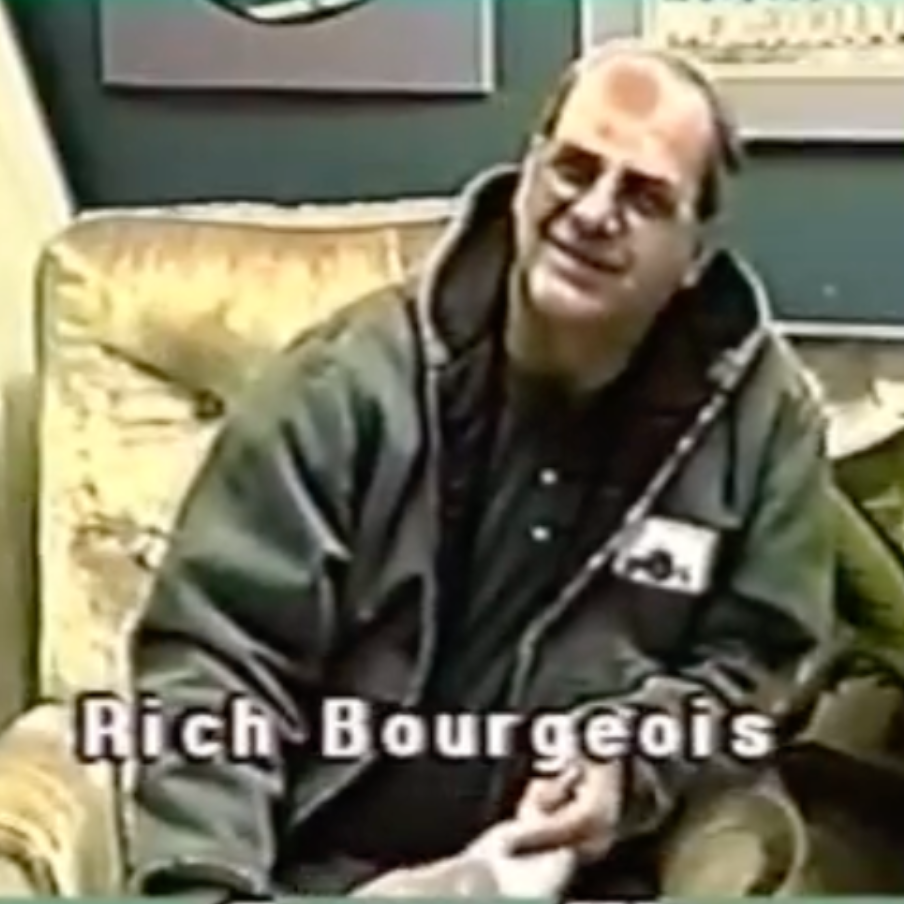
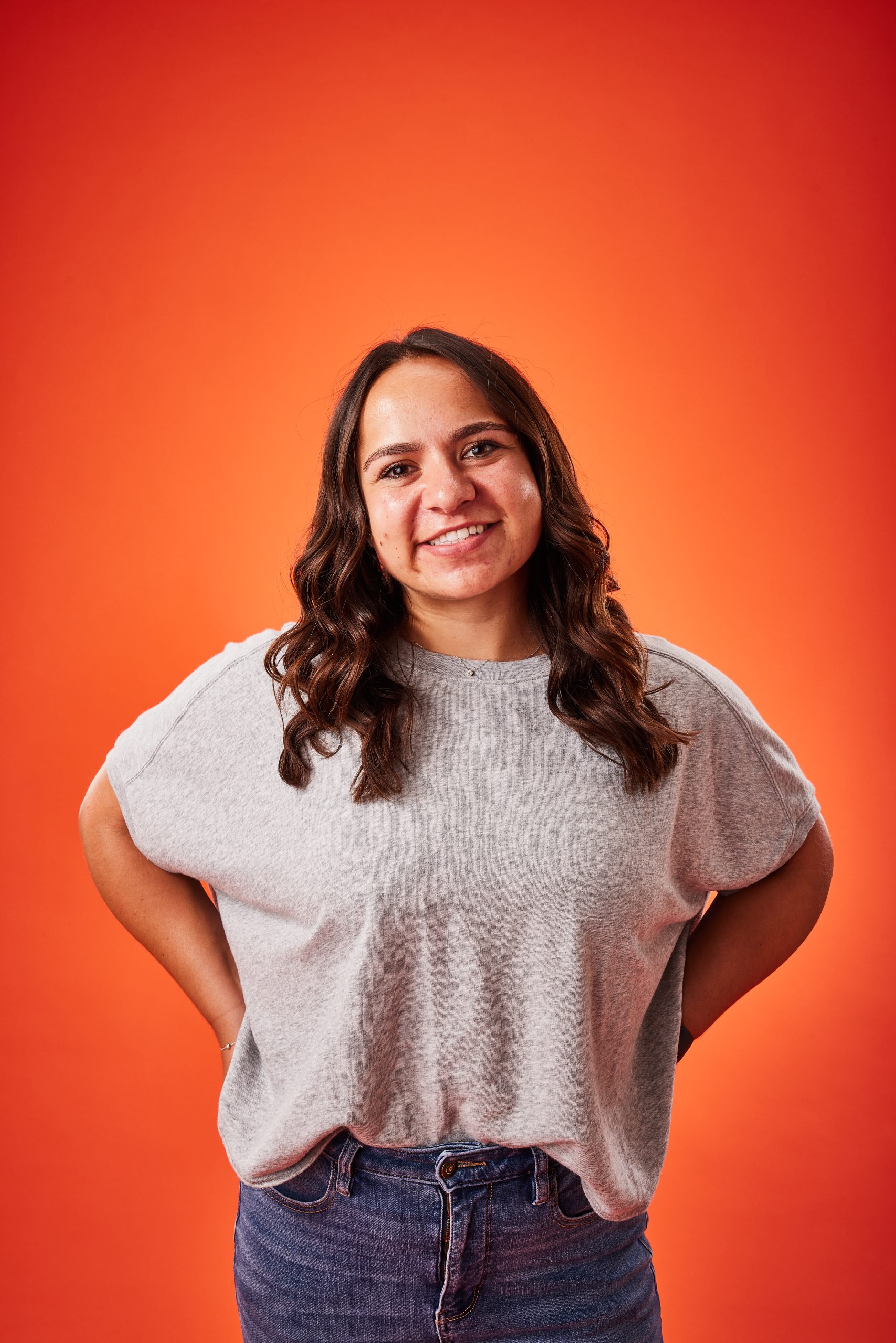
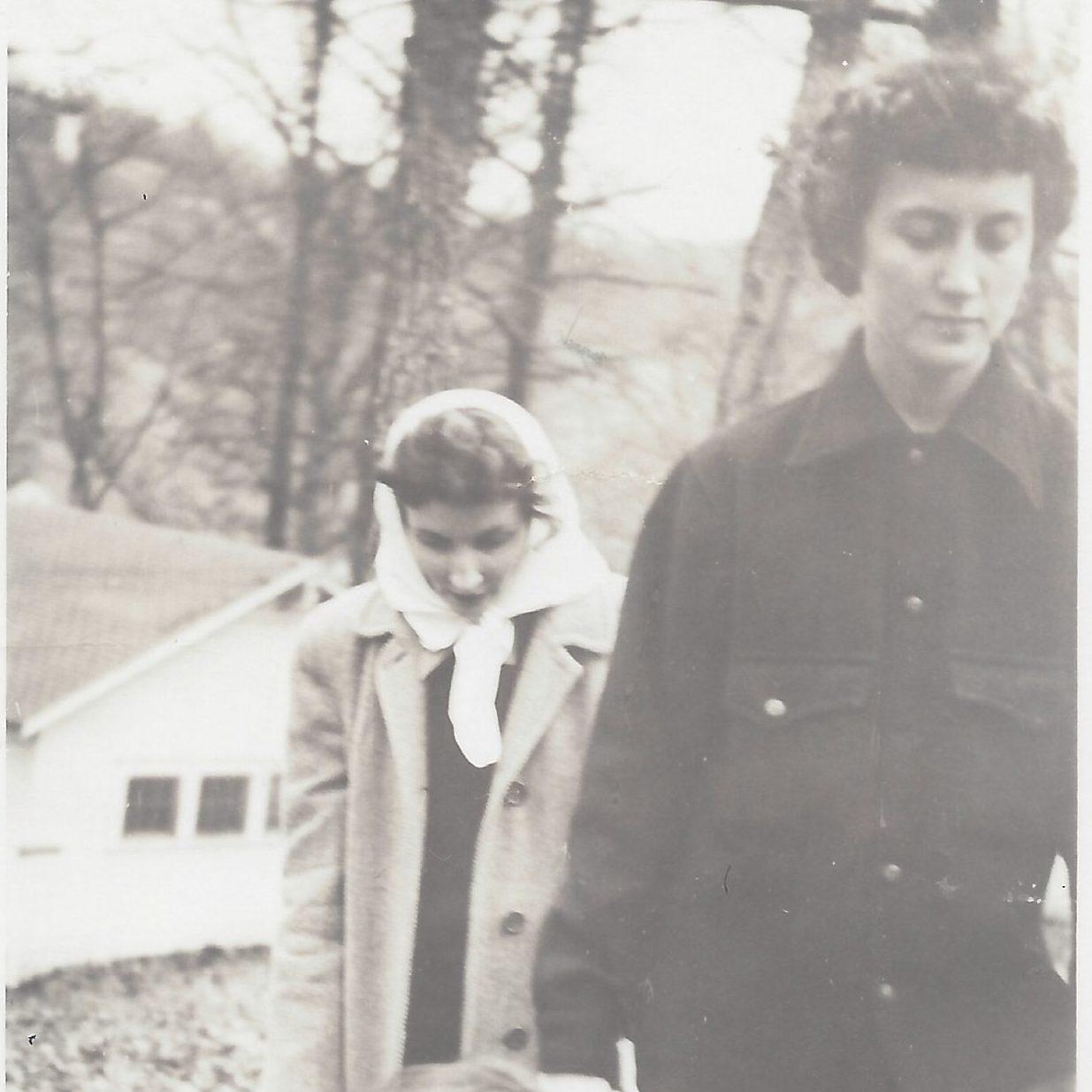
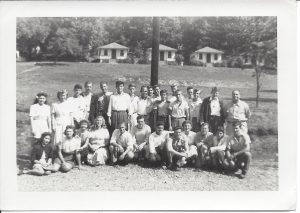 The counselors learned more from Eddie, a practicing social worker, as they prepared at training sessions. She emphasized how camp was an extraordinary opportunity since it put children in a positive 24-hour environment with good role models.
The counselors learned more from Eddie, a practicing social worker, as they prepared at training sessions. She emphasized how camp was an extraordinary opportunity since it put children in a positive 24-hour environment with good role models.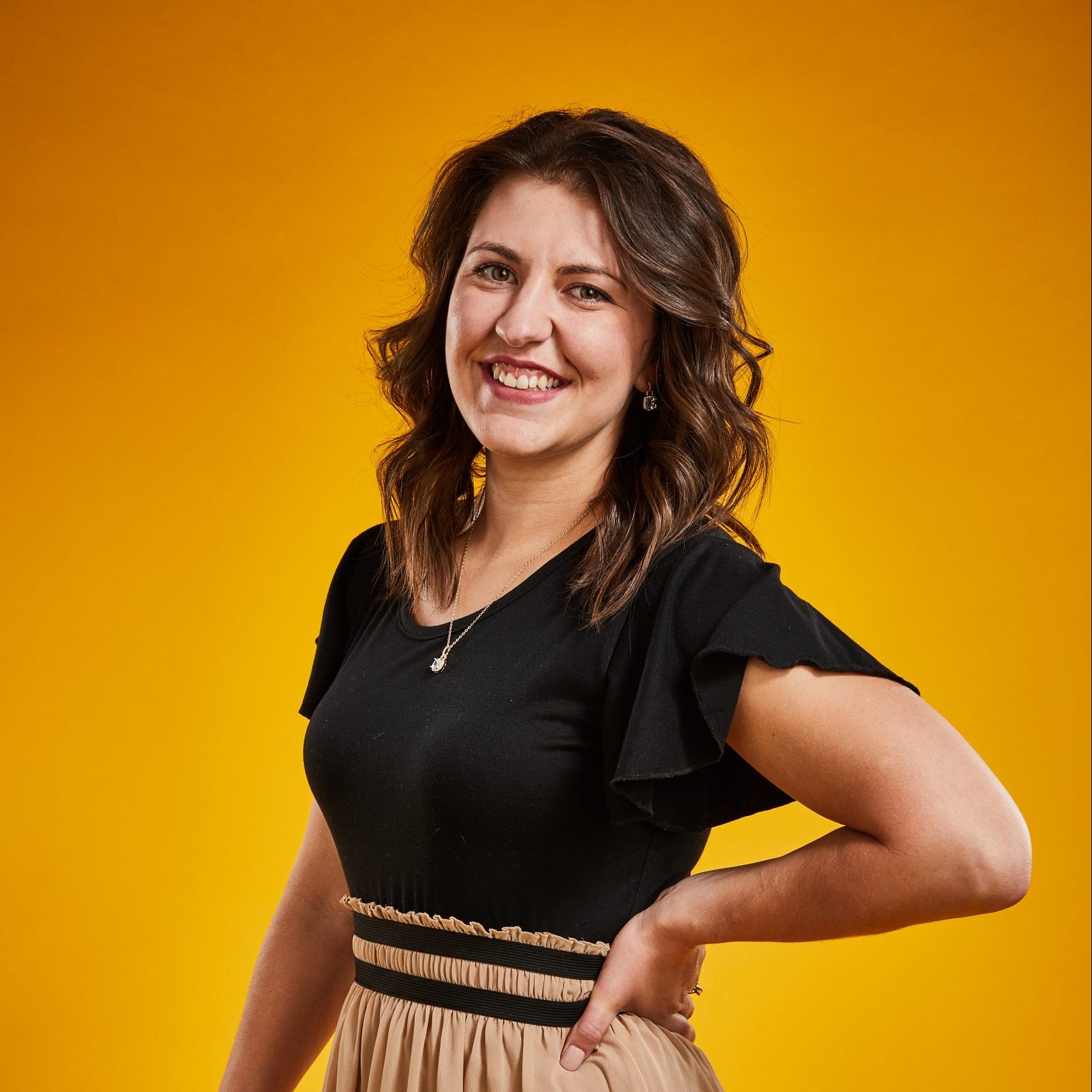
 Kristin sees the impact of her work constantly in the successes of her students, and is proud of the relationships she has with them. “It’s not just about coaching for school or college, It’s personal too, because maybe they don’t have a support system that they can just chat with about what’s going on in their lives. For them, I am one of those supports and I want to make sure I’m there for them.”
Kristin sees the impact of her work constantly in the successes of her students, and is proud of the relationships she has with them. “It’s not just about coaching for school or college, It’s personal too, because maybe they don’t have a support system that they can just chat with about what’s going on in their lives. For them, I am one of those supports and I want to make sure I’m there for them.”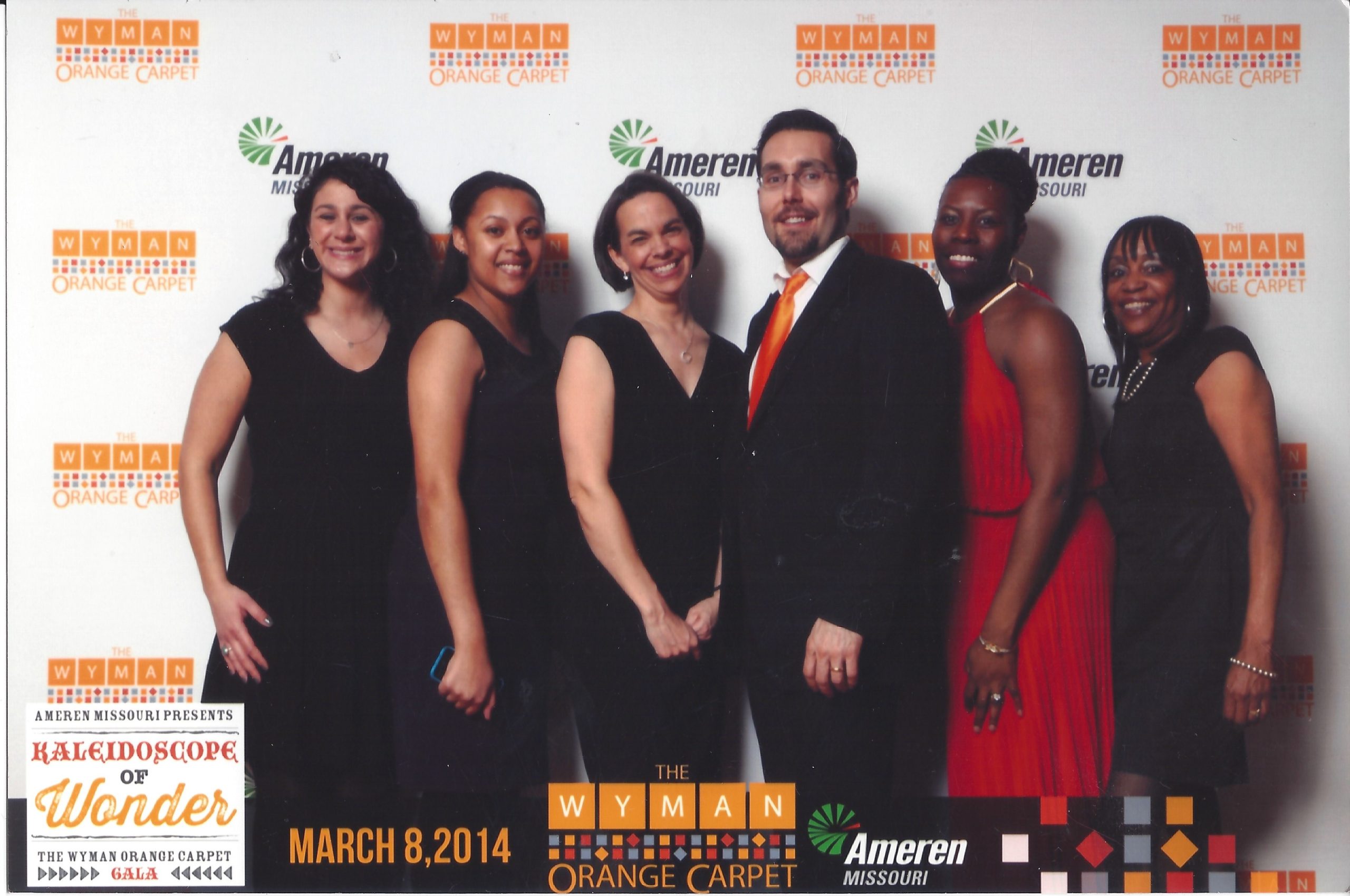
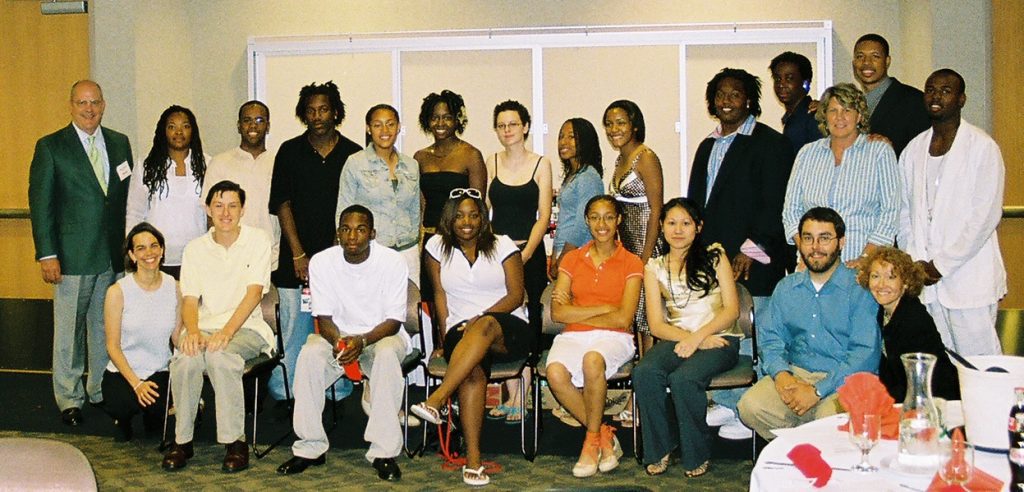 You can be very real with students when you build that time and show up day after day after day.”
You can be very real with students when you build that time and show up day after day after day.”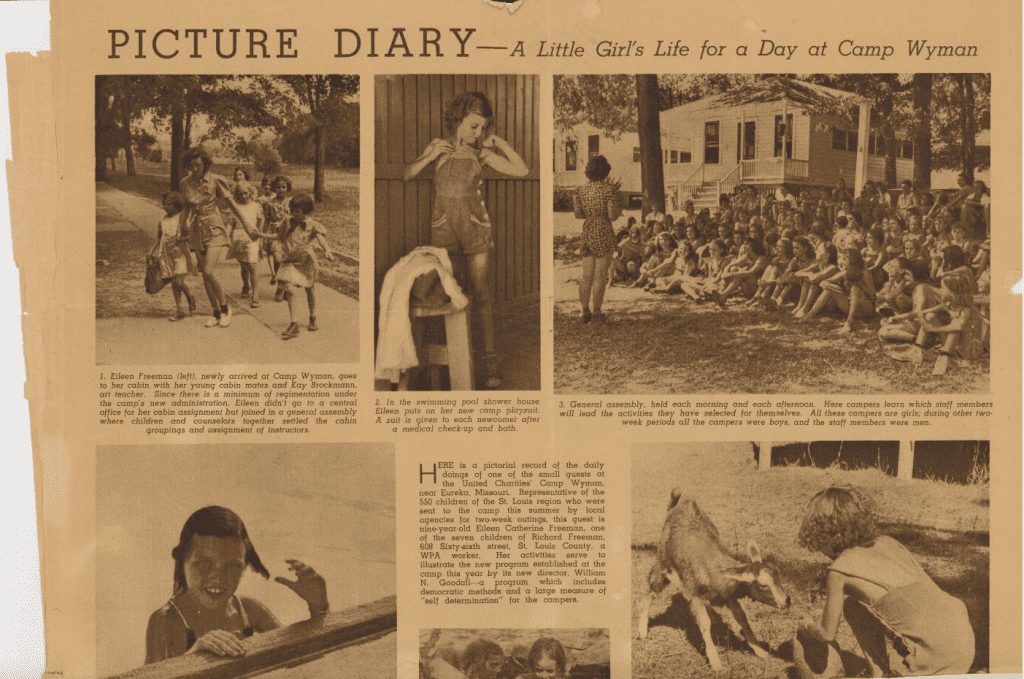
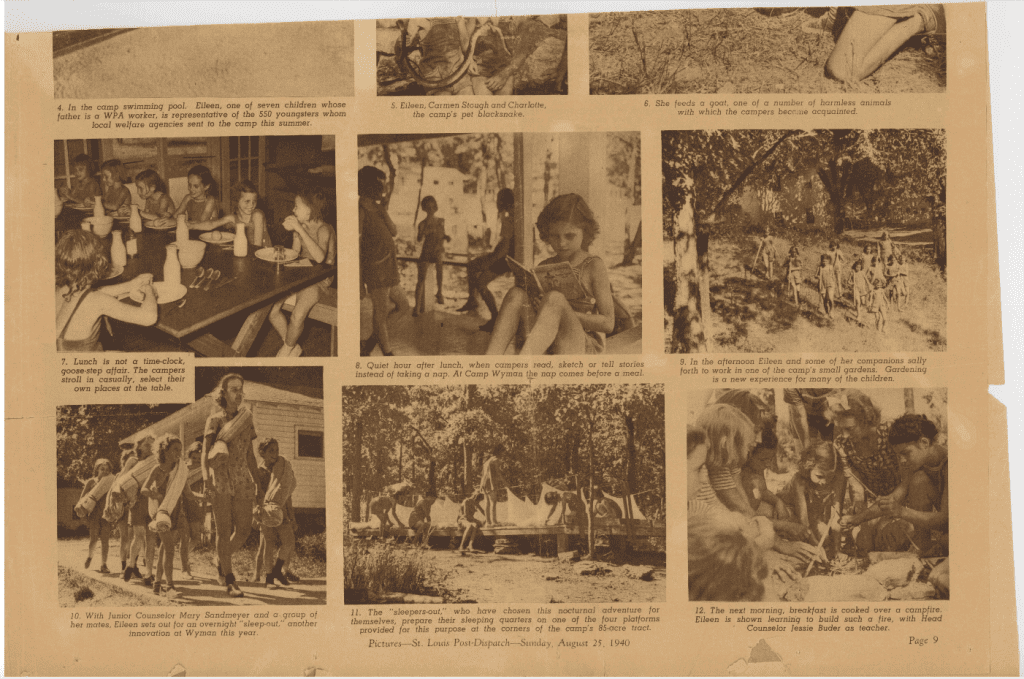

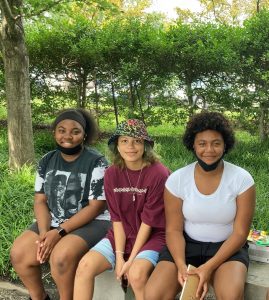 “You can’t support the youth if you don’t know what they want. Or if you don’t listen to them. It’s important for young people to know that your opinion isn’t just an opinion. You can turn that opinion into action.”
“You can’t support the youth if you don’t know what they want. Or if you don’t listen to them. It’s important for young people to know that your opinion isn’t just an opinion. You can turn that opinion into action.”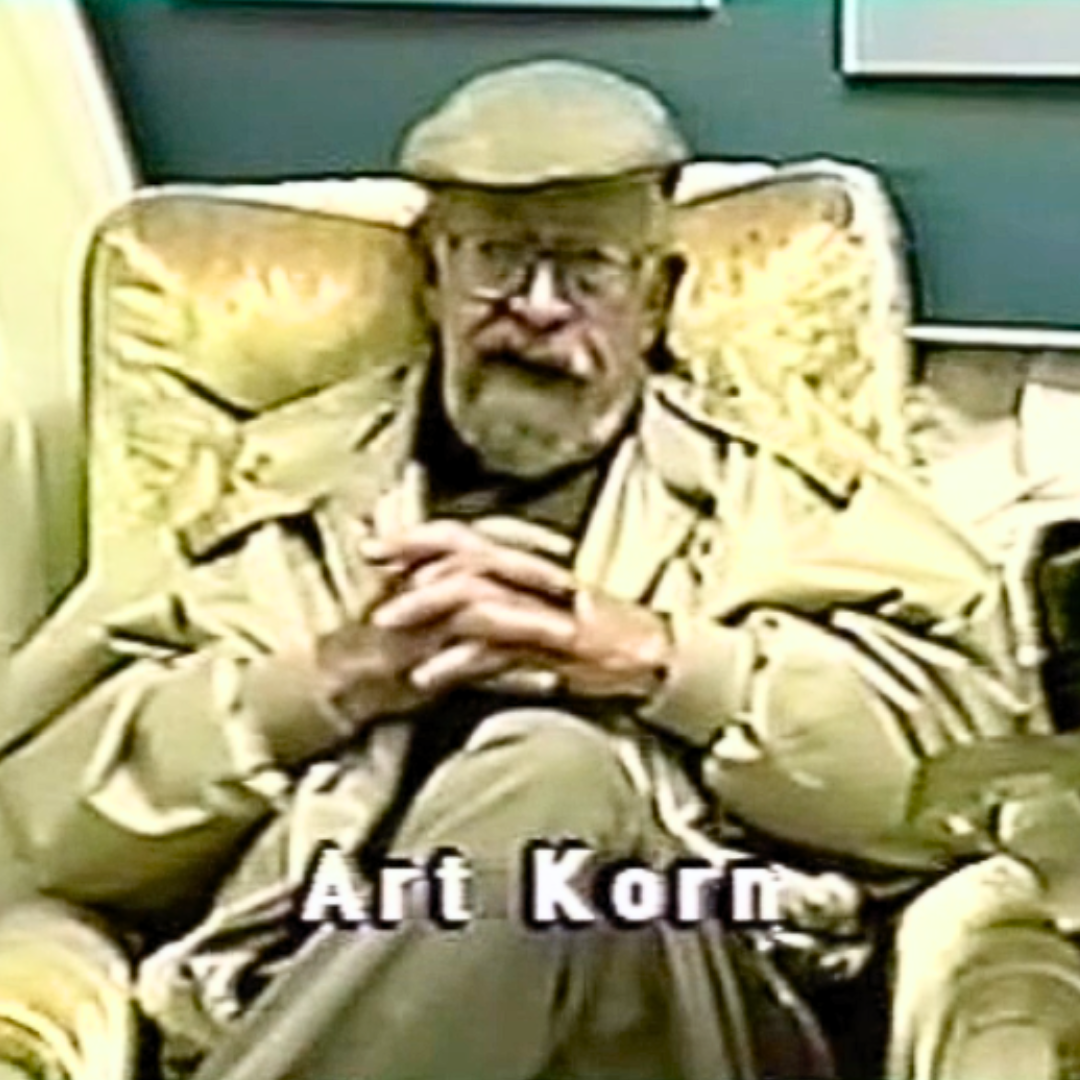
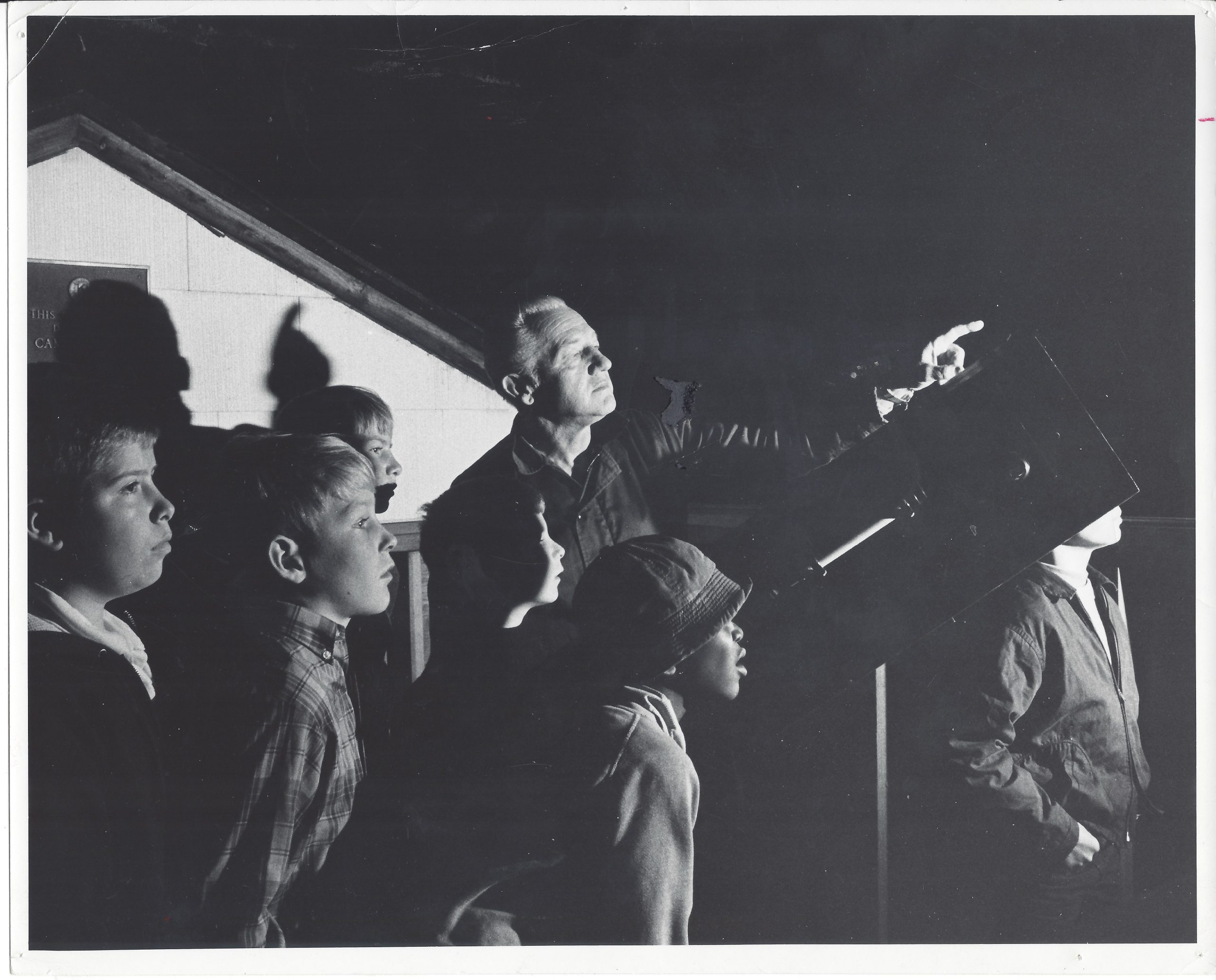
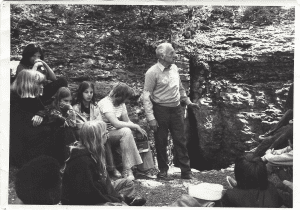 It has since been used by many of the other major school districts in the St. Louis area, and has been duplicated with similar programs in Ladue, Parkway, Kirkwood, and other school districts. In the late 1960s, Kloppe mentioned in an interview that Clayton and University City School Districts also have had similar programs for many years and the Lindbergh District recently initiated one.
It has since been used by many of the other major school districts in the St. Louis area, and has been duplicated with similar programs in Ladue, Parkway, Kirkwood, and other school districts. In the late 1960s, Kloppe mentioned in an interview that Clayton and University City School Districts also have had similar programs for many years and the Lindbergh District recently initiated one.
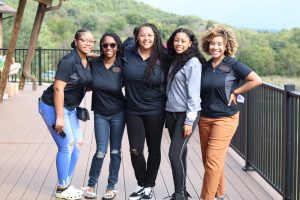 That first summer at camp, Alexis remembers being pretty scared at first. “But I had such a great counselor – Nutty-Buddy. She was the sweetest and helped me to dive into my confidence that first year. I think what really stuck out to me was how she tried to make us feel comfortable. She knew that we were in an uncomfortable environment, that for a lot of us this was something we’ve never seen. So she made sure that we got to know each other and wrote down our norms for our cabin. Her ability to make us feel like we were home, even though we weren’t was something that stood out.”
That first summer at camp, Alexis remembers being pretty scared at first. “But I had such a great counselor – Nutty-Buddy. She was the sweetest and helped me to dive into my confidence that first year. I think what really stuck out to me was how she tried to make us feel comfortable. She knew that we were in an uncomfortable environment, that for a lot of us this was something we’ve never seen. So she made sure that we got to know each other and wrote down our norms for our cabin. Her ability to make us feel like we were home, even though we weren’t was something that stood out.”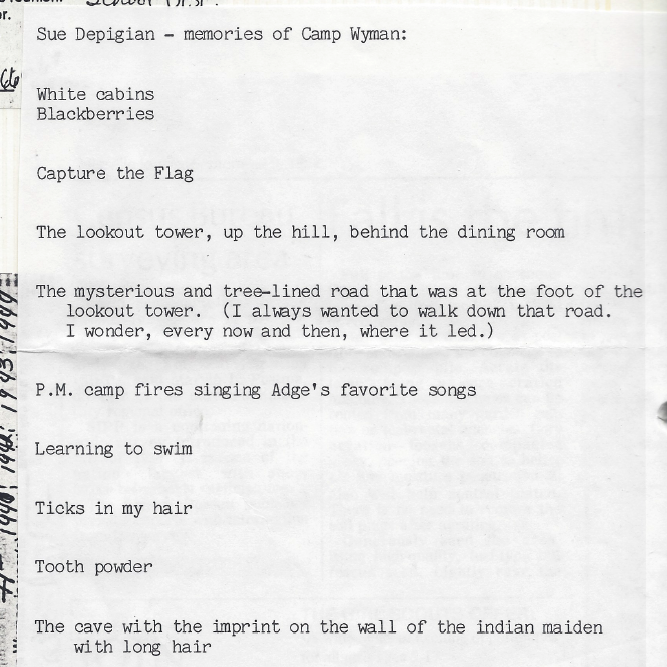
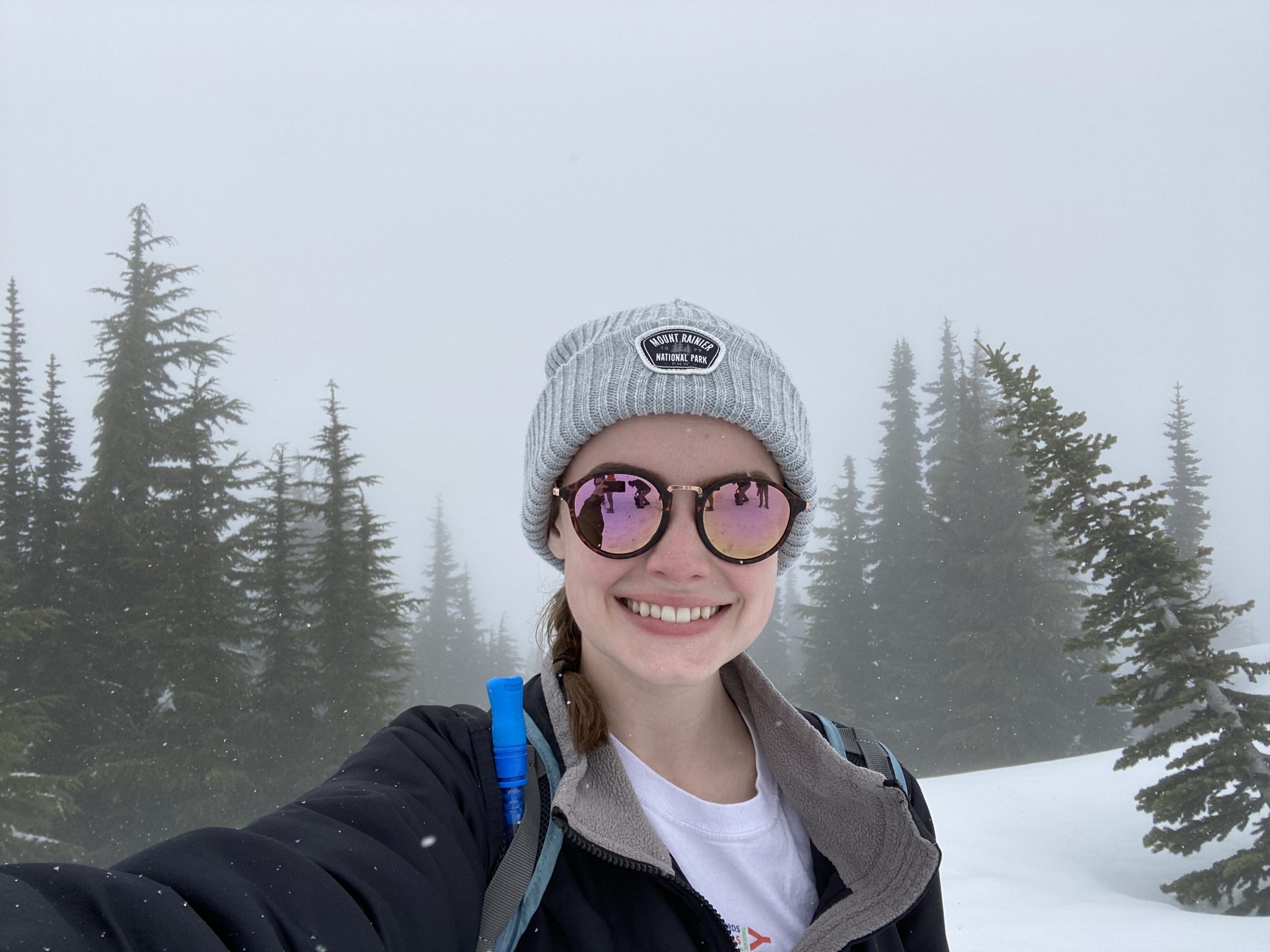
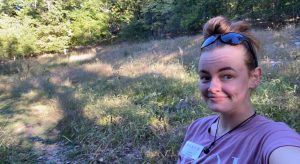 As a program facilitator, Debeaux works directly with campers and other groups who come out to Wyman and enjoys helping them connect to nature and their community. “My goal is to make sure that everyone enjoys the outdoors and feels comfortable out there. I want them to feel like they can be a part of our natural world, and then also that feeling that they can do anything they put their minds to. Whatever they want, they can achieve.
As a program facilitator, Debeaux works directly with campers and other groups who come out to Wyman and enjoys helping them connect to nature and their community. “My goal is to make sure that everyone enjoys the outdoors and feels comfortable out there. I want them to feel like they can be a part of our natural world, and then also that feeling that they can do anything they put their minds to. Whatever they want, they can achieve.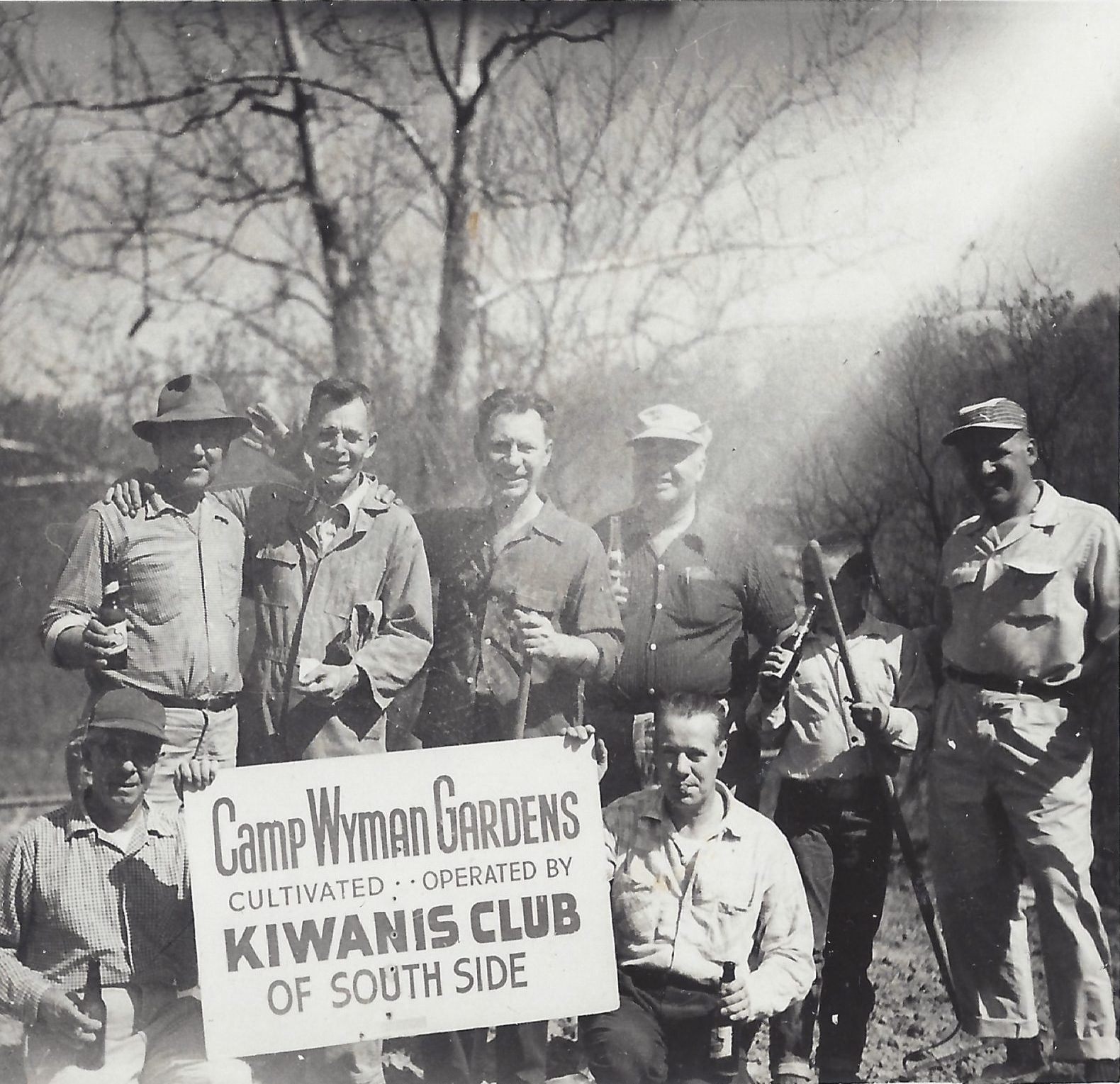
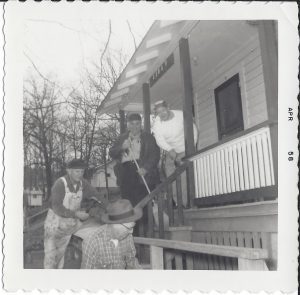 In addition to volunteering, Kiwanis Clubs raised funds to construct camp buildings and landmarks, including Catfish Lake, the Health Lodge, modern cabins, and the Council Ring.
In addition to volunteering, Kiwanis Clubs raised funds to construct camp buildings and landmarks, including Catfish Lake, the Health Lodge, modern cabins, and the Council Ring.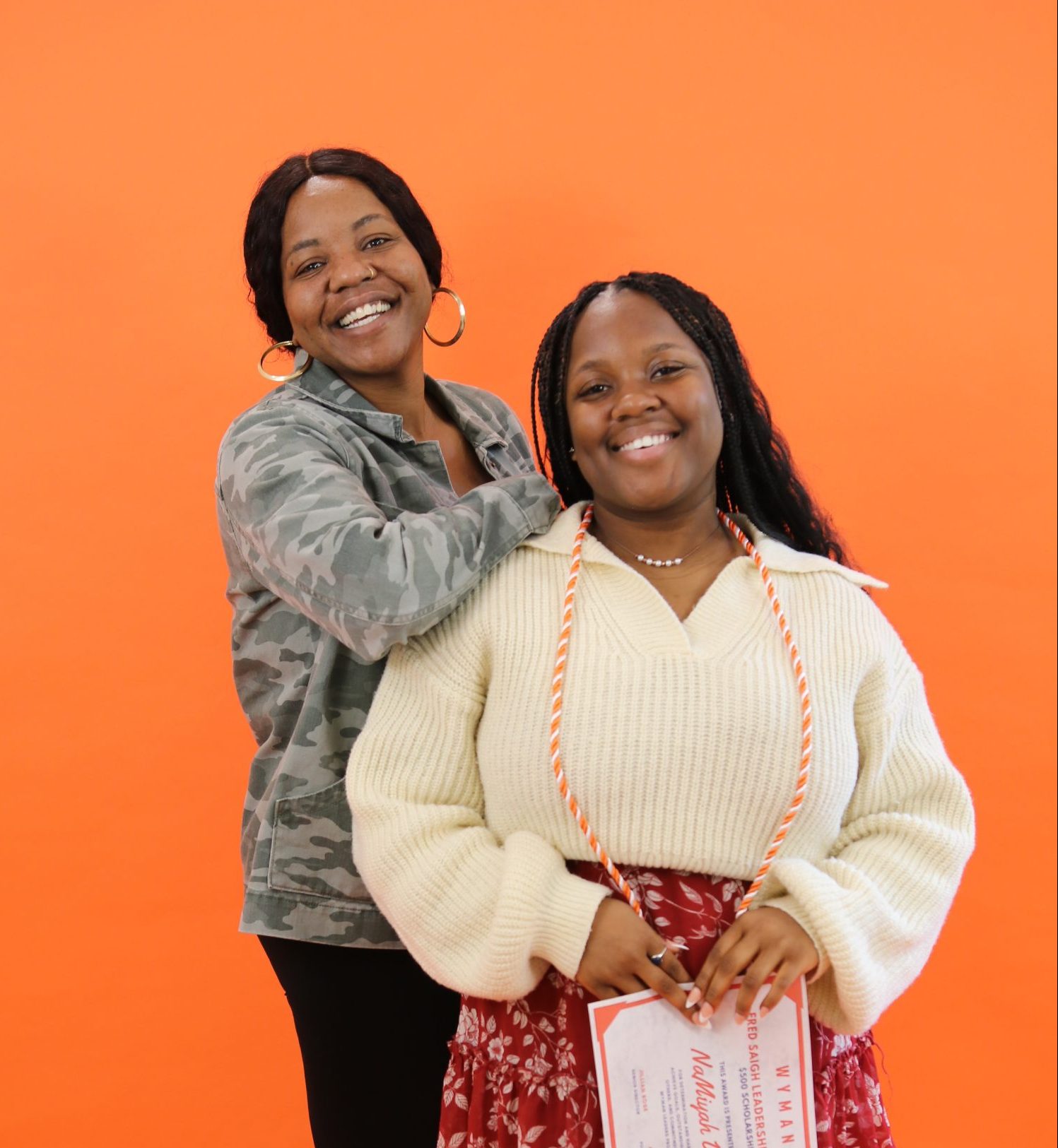
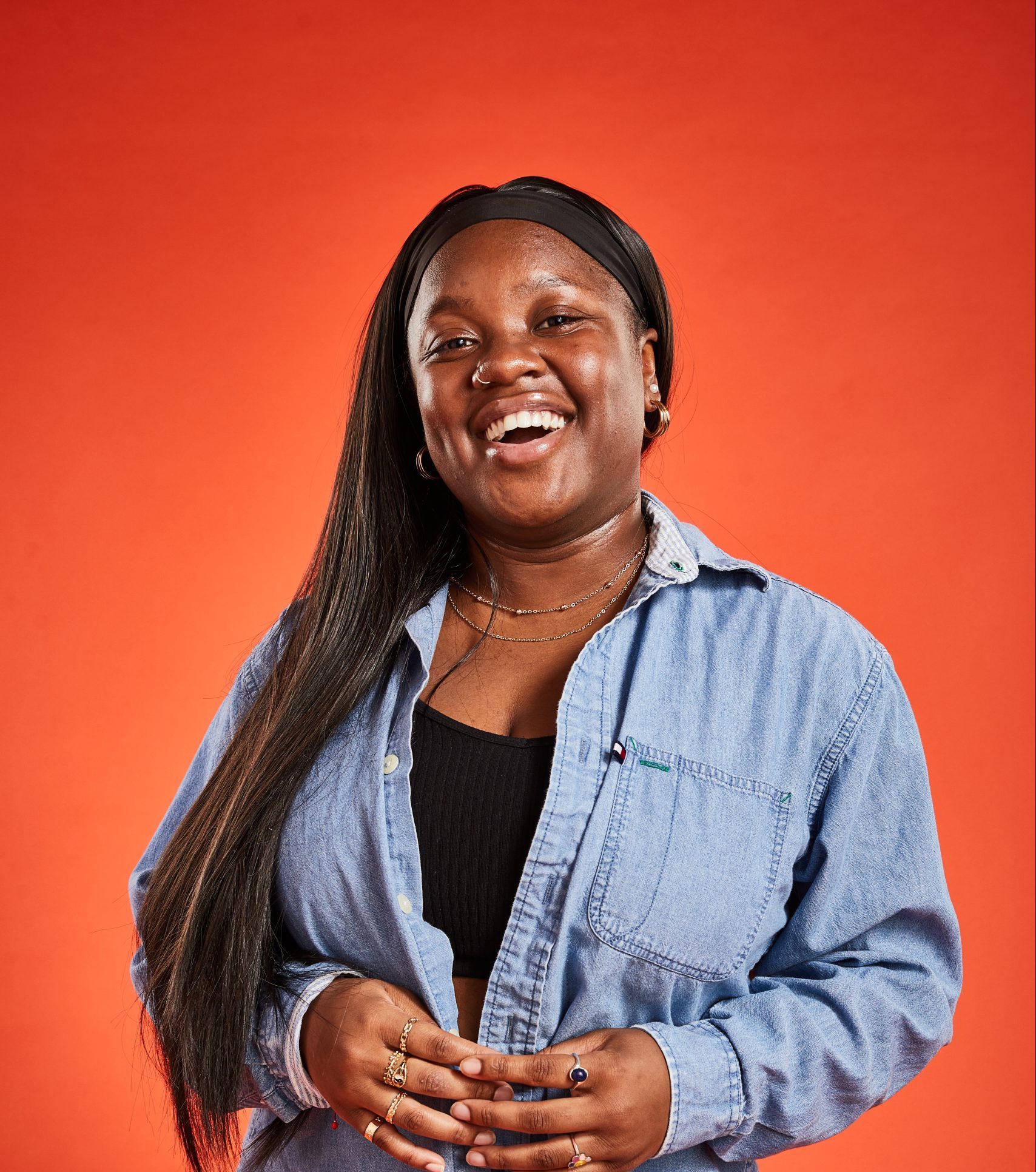
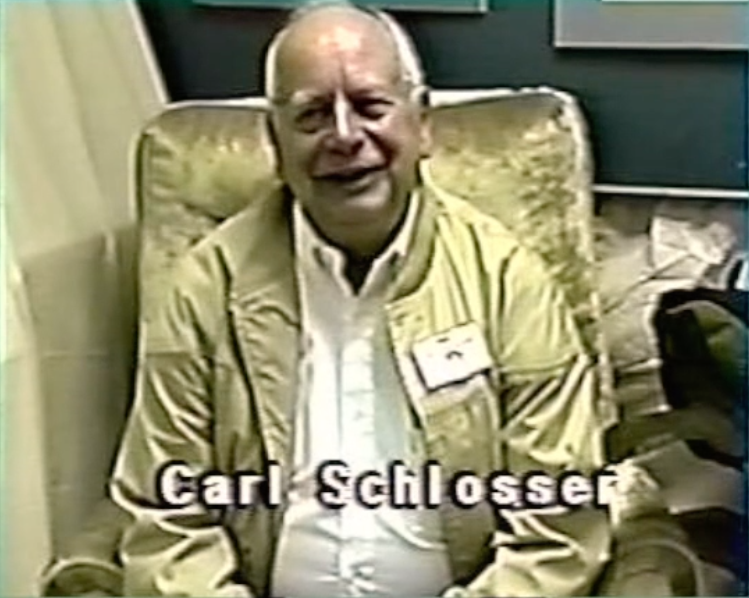
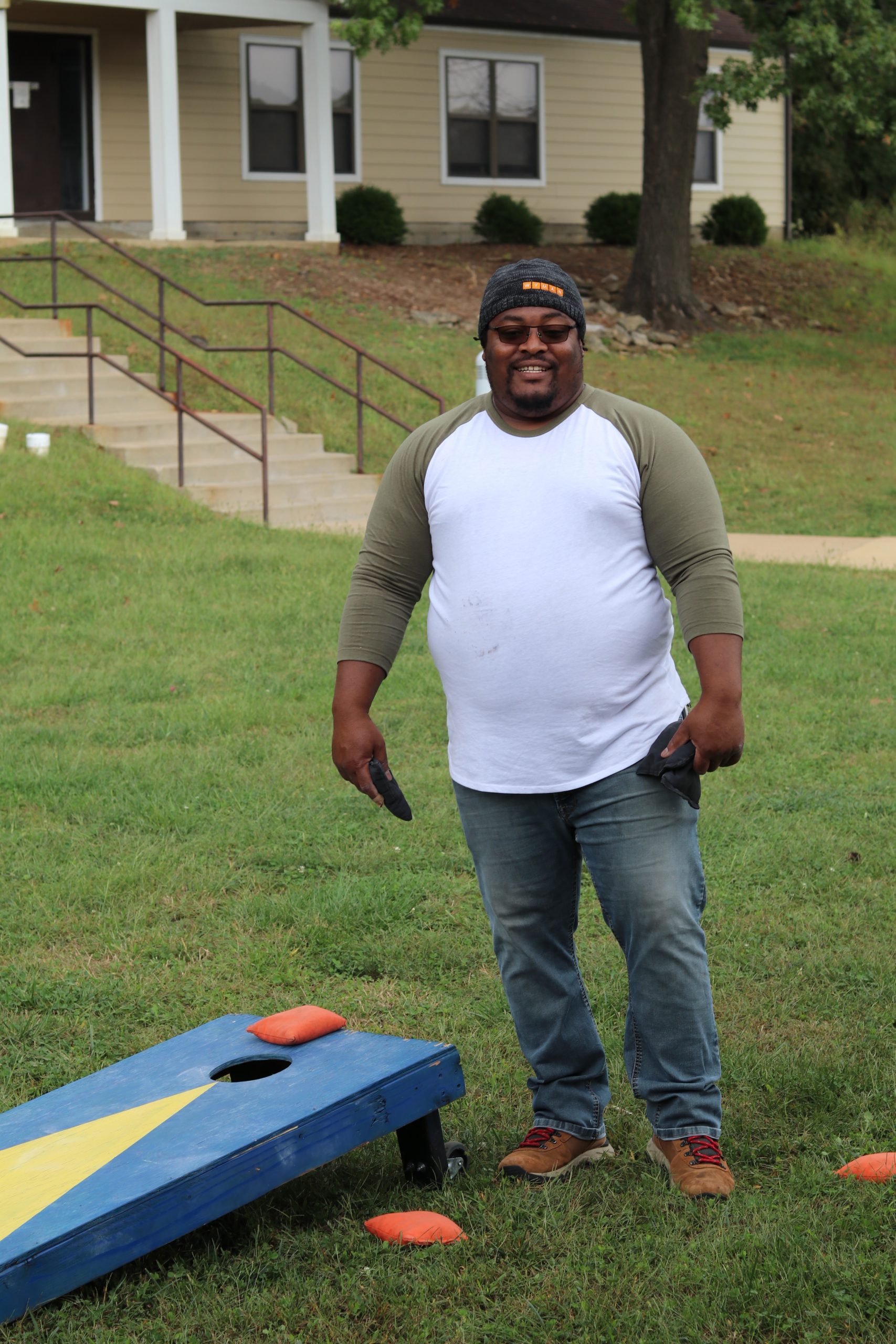
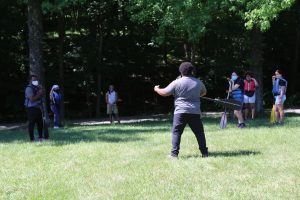 In 2009 there was an open year-round position at Wyman that involved T Bone becoming the Team Leader for the Wyman Leader Treks. “I didn’t want to lead people! I was nervous to have it all ride on me. But the other Wyman staff said, ‘We’ve seen how you lead groups and lead people. We see that you can do this.’ It was a lot of learning, but I did it.”
In 2009 there was an open year-round position at Wyman that involved T Bone becoming the Team Leader for the Wyman Leader Treks. “I didn’t want to lead people! I was nervous to have it all ride on me. But the other Wyman staff said, ‘We’ve seen how you lead groups and lead people. We see that you can do this.’ It was a lot of learning, but I did it.”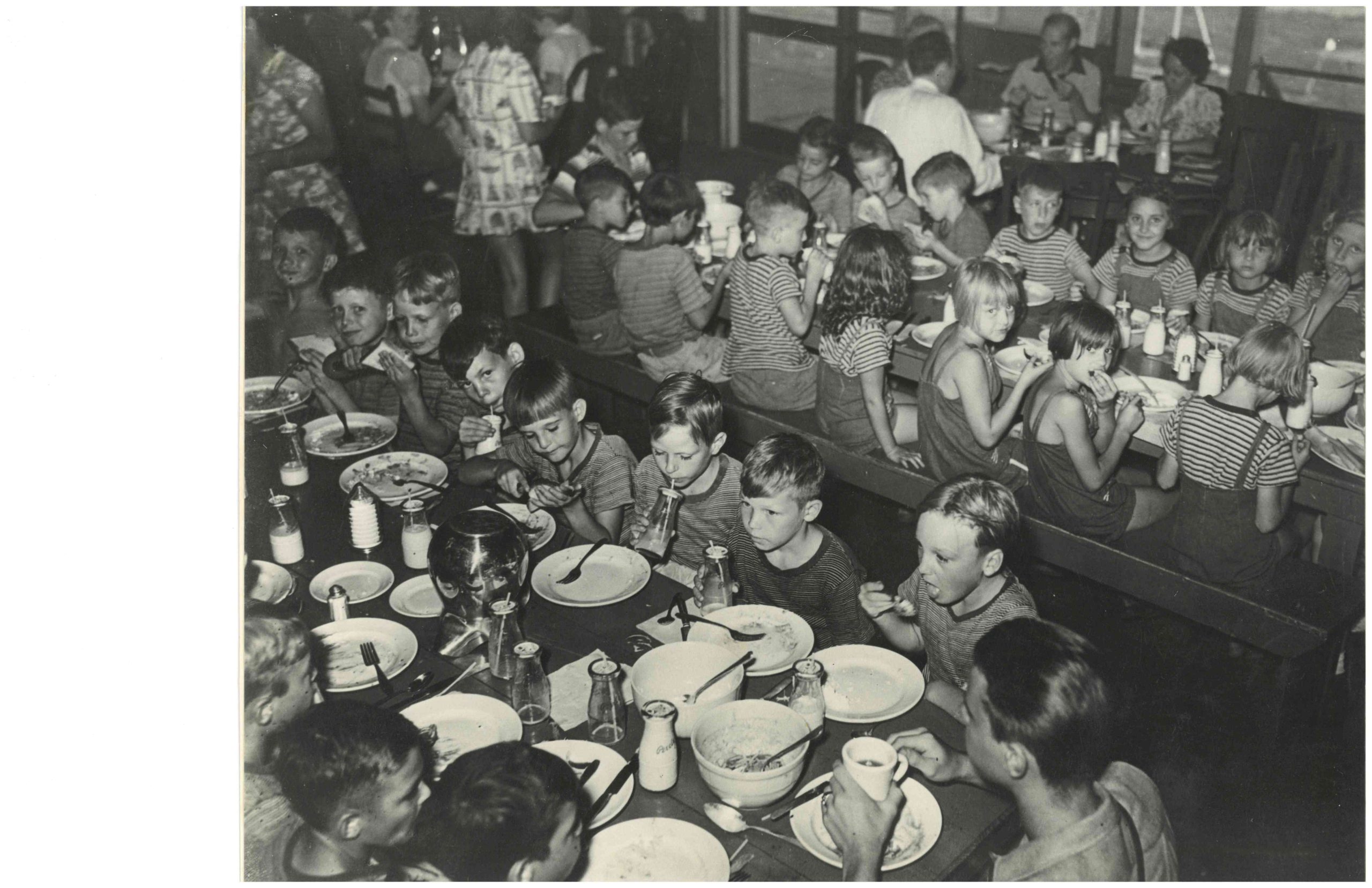
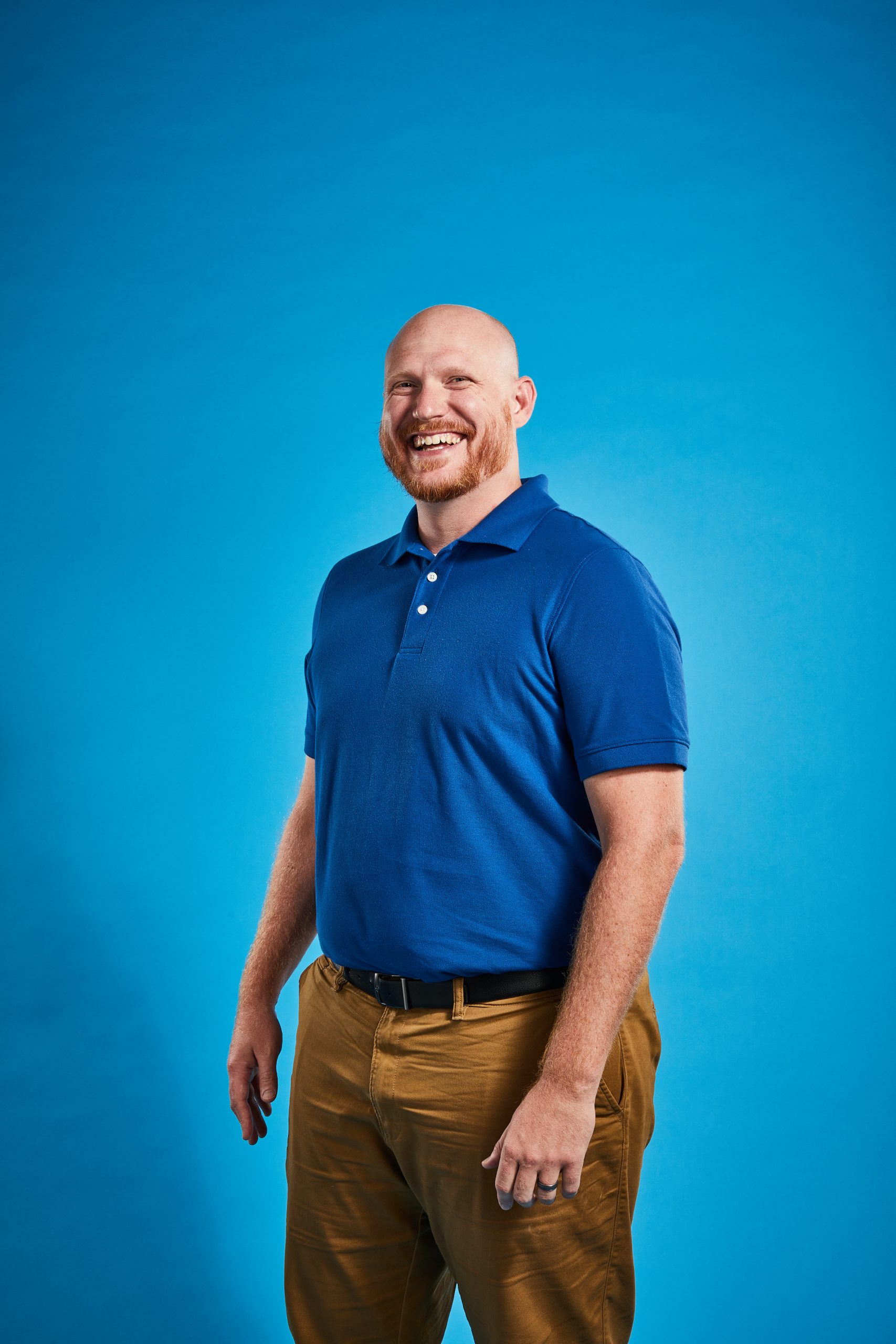
 Eric is now a Teen Connection Project (TCP) Specialist at University City High School with Wyman and continues to develop community and support opportunities for youth to grow around the St. Louis area.
Eric is now a Teen Connection Project (TCP) Specialist at University City High School with Wyman and continues to develop community and support opportunities for youth to grow around the St. Louis area.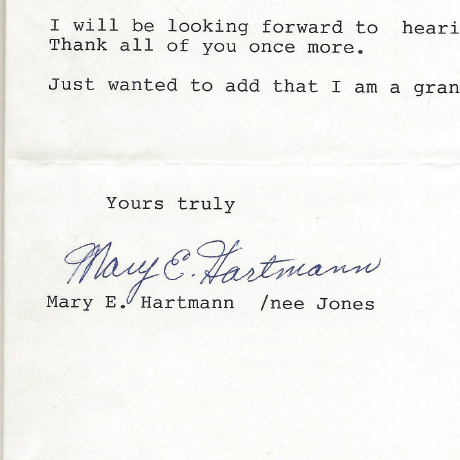

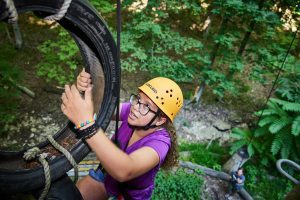 Kiera joined Wyman Leaders during the COVID-19 pandemic so she especially enjoyed the in-person activities available with her Wyman team. “I enjoyed when we go outside to the parks. The year before that everything was over Zoom. We’d have a box delivered to our house of supplies that we’d need. It was fun though. Zoom isn’t my favorite thing, but it was still enjoyable.”
Kiera joined Wyman Leaders during the COVID-19 pandemic so she especially enjoyed the in-person activities available with her Wyman team. “I enjoyed when we go outside to the parks. The year before that everything was over Zoom. We’d have a box delivered to our house of supplies that we’d need. It was fun though. Zoom isn’t my favorite thing, but it was still enjoyable.”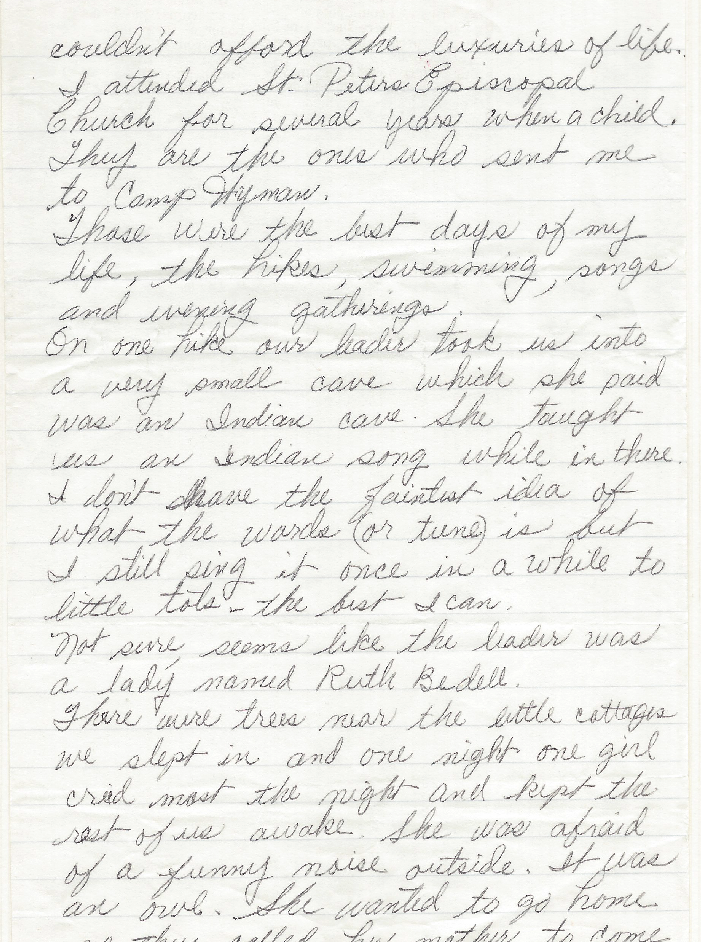
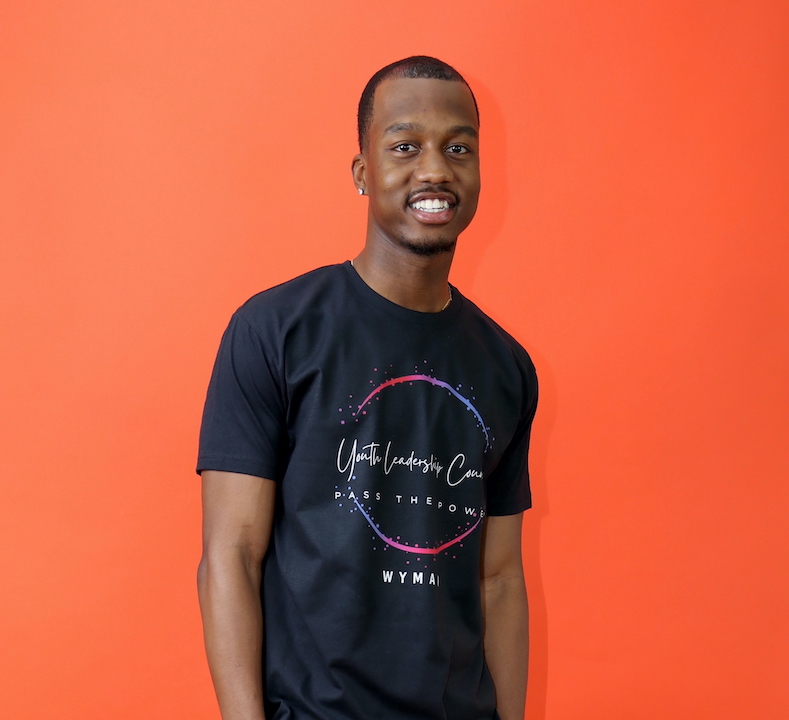
 Jalen has seen a lot of personal growth since joining Wyman, particularly in how much he believes in himself. “Wyman really lit that internal flame and showed me that the more you believe in yourself, the more limitless you become. And the more limitless you become, the more success you’ll see in life. I have a lot moments of gratitude, because I think, wow, I never imagined being in this place when I was young. I never imagined I’d be graduating from Morehouse and moving to Seattle, being in these new environments.
Jalen has seen a lot of personal growth since joining Wyman, particularly in how much he believes in himself. “Wyman really lit that internal flame and showed me that the more you believe in yourself, the more limitless you become. And the more limitless you become, the more success you’ll see in life. I have a lot moments of gratitude, because I think, wow, I never imagined being in this place when I was young. I never imagined I’d be graduating from Morehouse and moving to Seattle, being in these new environments.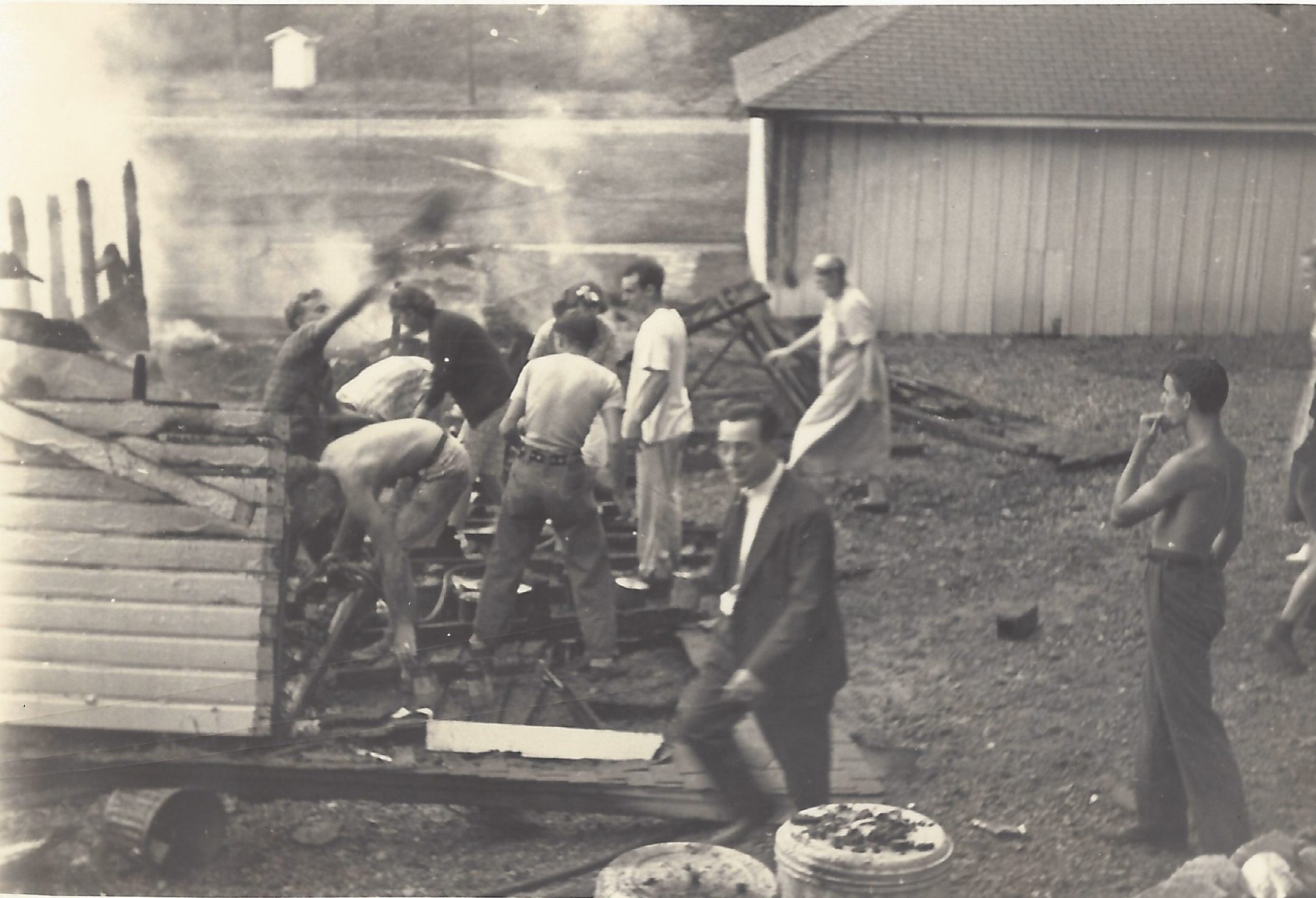

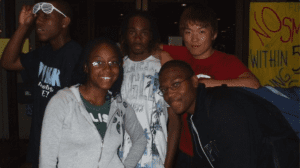 Wyman helped me to be comfortable with being away from home. And the experiences encouraged me to do new things in college, like study abroad. I also remember, I had a camp counselor who meditated. I didn’t know what he was doing back then, but now I meditate regularly and I’m a yoga teacher. Seeing him do that at the time, it made me more open. That exposure to different experiences, places, and people, it affected my trajectory.”
Wyman helped me to be comfortable with being away from home. And the experiences encouraged me to do new things in college, like study abroad. I also remember, I had a camp counselor who meditated. I didn’t know what he was doing back then, but now I meditate regularly and I’m a yoga teacher. Seeing him do that at the time, it made me more open. That exposure to different experiences, places, and people, it affected my trajectory.”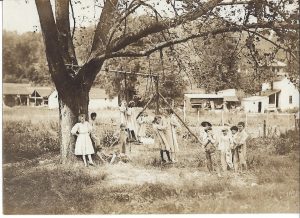 When I got to Camp it was like a world all its own. I loved it and cried when I had to come home. The cabin, swimming and crafts were all new to me and I loved it all and the people who were so good to us kids. And when a poor kid is given a different look at the other side, I loved it, to this day I think about the camp with fond memories.
When I got to Camp it was like a world all its own. I loved it and cried when I had to come home. The cabin, swimming and crafts were all new to me and I loved it all and the people who were so good to us kids. And when a poor kid is given a different look at the other side, I loved it, to this day I think about the camp with fond memories.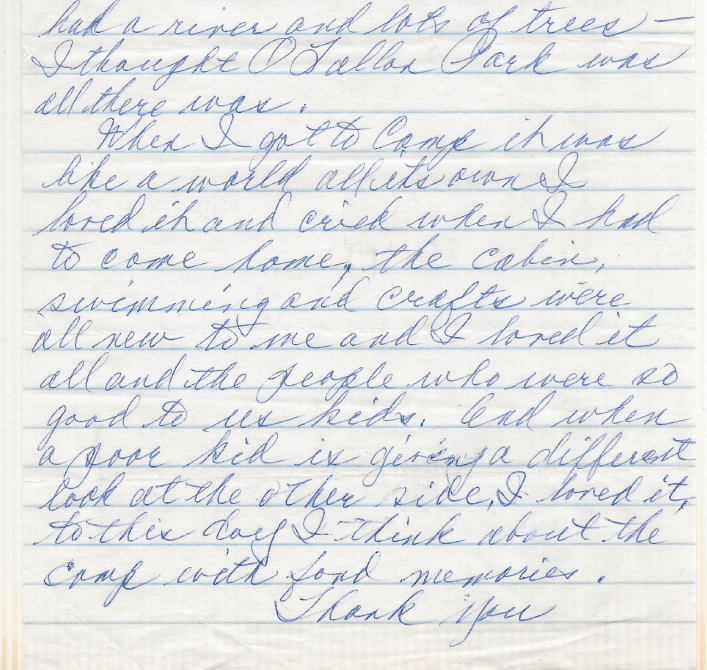
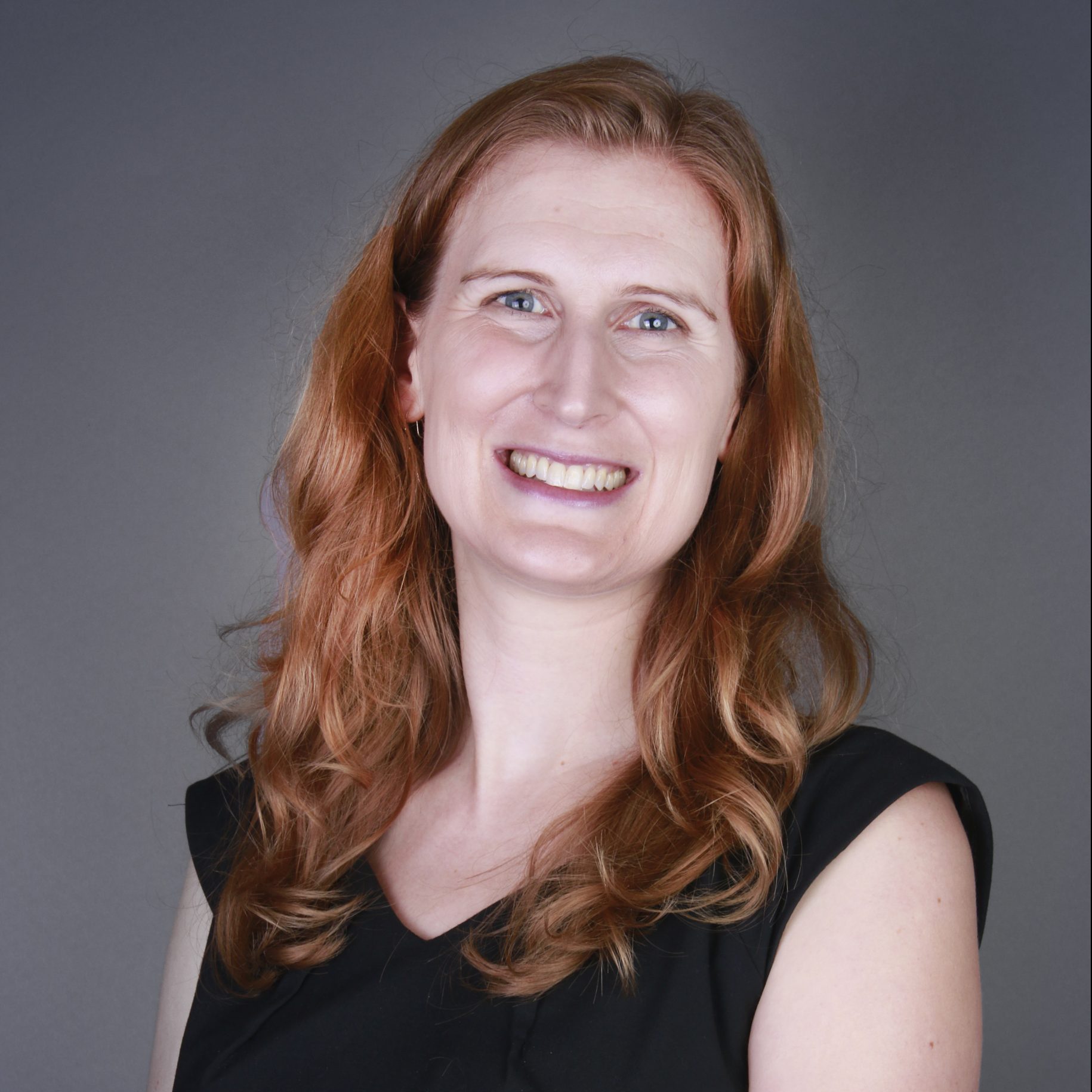
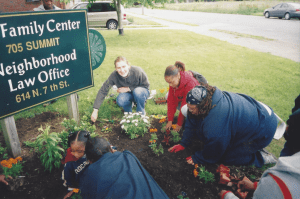 Nowadays, you can’t talk to many people at Wyman without one of them mentioning the impact Annie had on their career and professional journeys. Annie has inspired many of her colleagues and Wyman Alumni to pursue degrees in social work, even mentoring some of them through their degrees and internships.
Nowadays, you can’t talk to many people at Wyman without one of them mentioning the impact Annie had on their career and professional journeys. Annie has inspired many of her colleagues and Wyman Alumni to pursue degrees in social work, even mentoring some of them through their degrees and internships.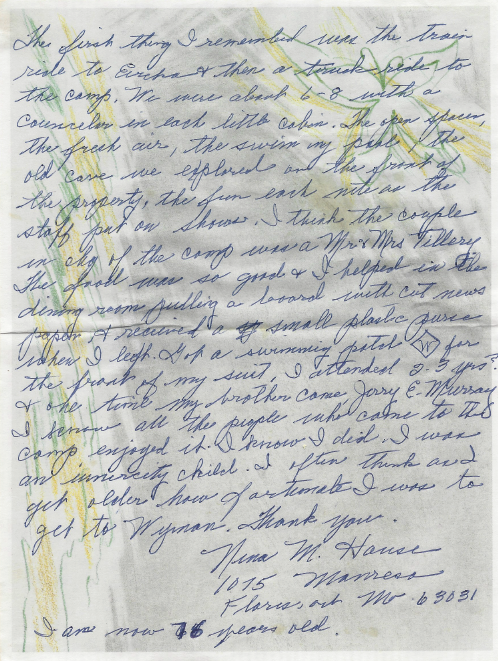
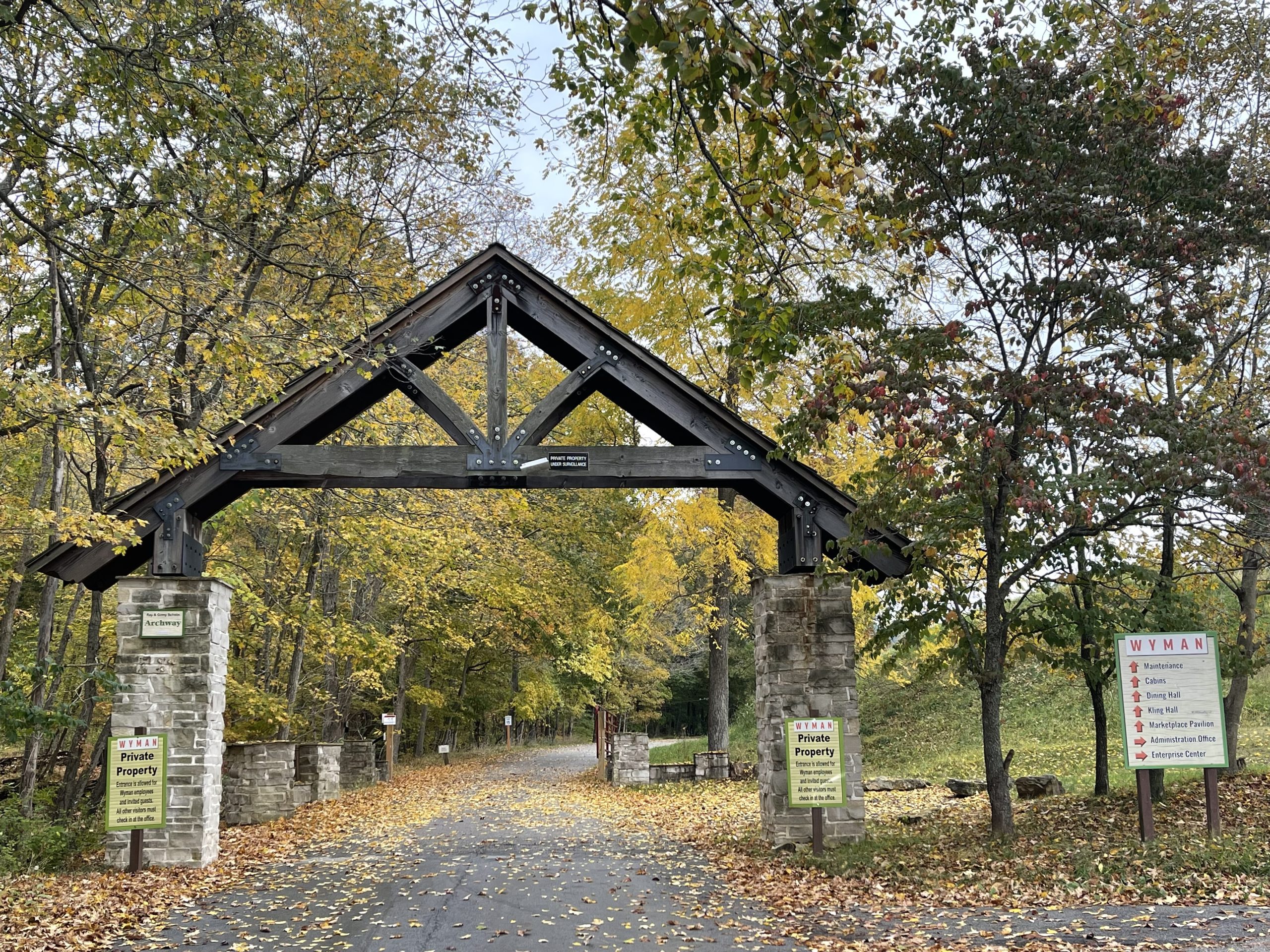
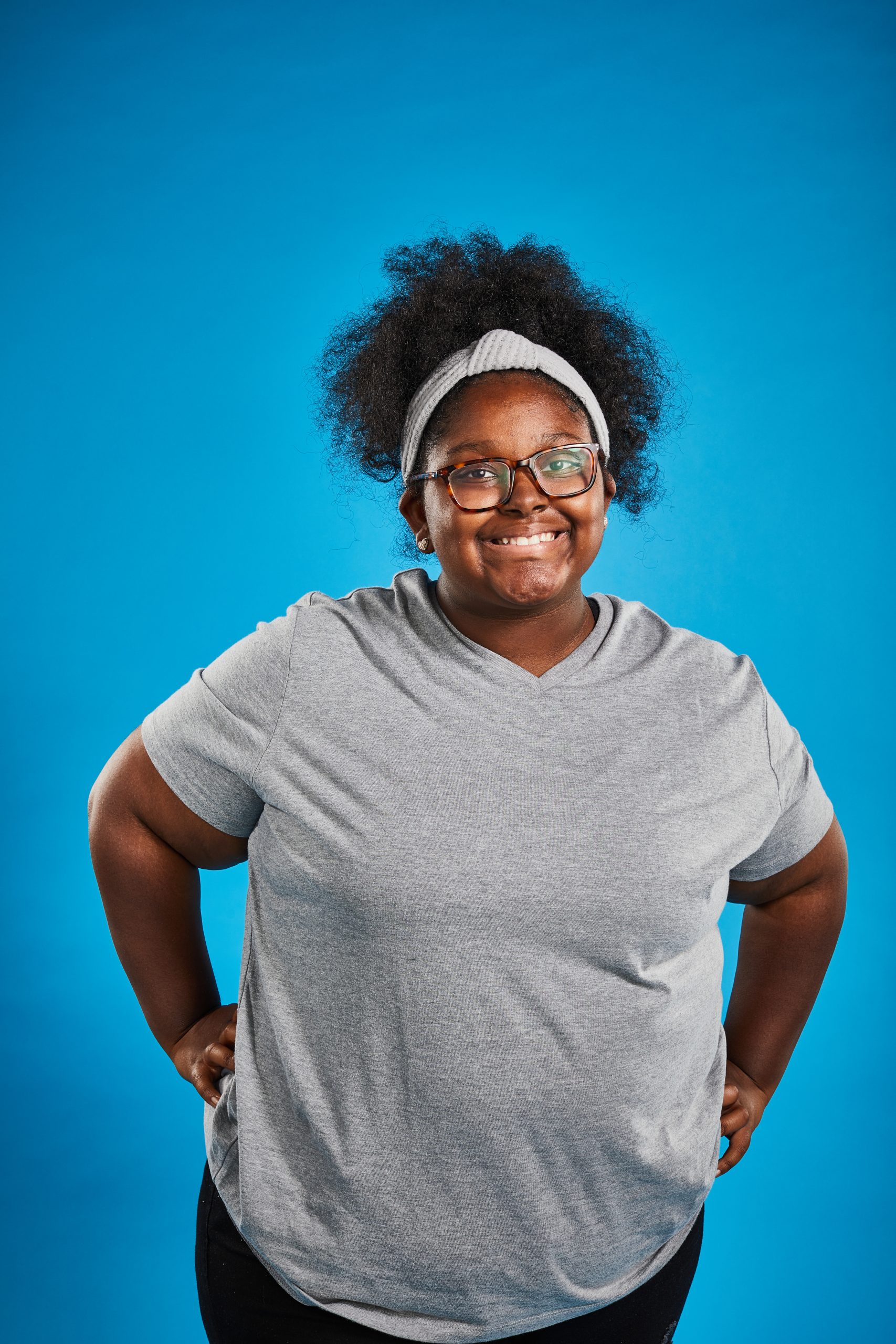
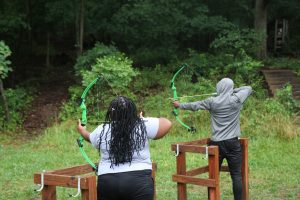 Dominique is confident that skills like this will allow her to reach her goals. “I think Wyman has helped prepare me to achieve my dreams by helping me become more outspoken. Before, I was really shy; even if someone asked me a question directly, I wouldn’t speak out. And I don’t think I could achieve my goals by continuing to be so shy. Wyman has helped me find my voice and encouraged me to participate in new opportunities.”
Dominique is confident that skills like this will allow her to reach her goals. “I think Wyman has helped prepare me to achieve my dreams by helping me become more outspoken. Before, I was really shy; even if someone asked me a question directly, I wouldn’t speak out. And I don’t think I could achieve my goals by continuing to be so shy. Wyman has helped me find my voice and encouraged me to participate in new opportunities.”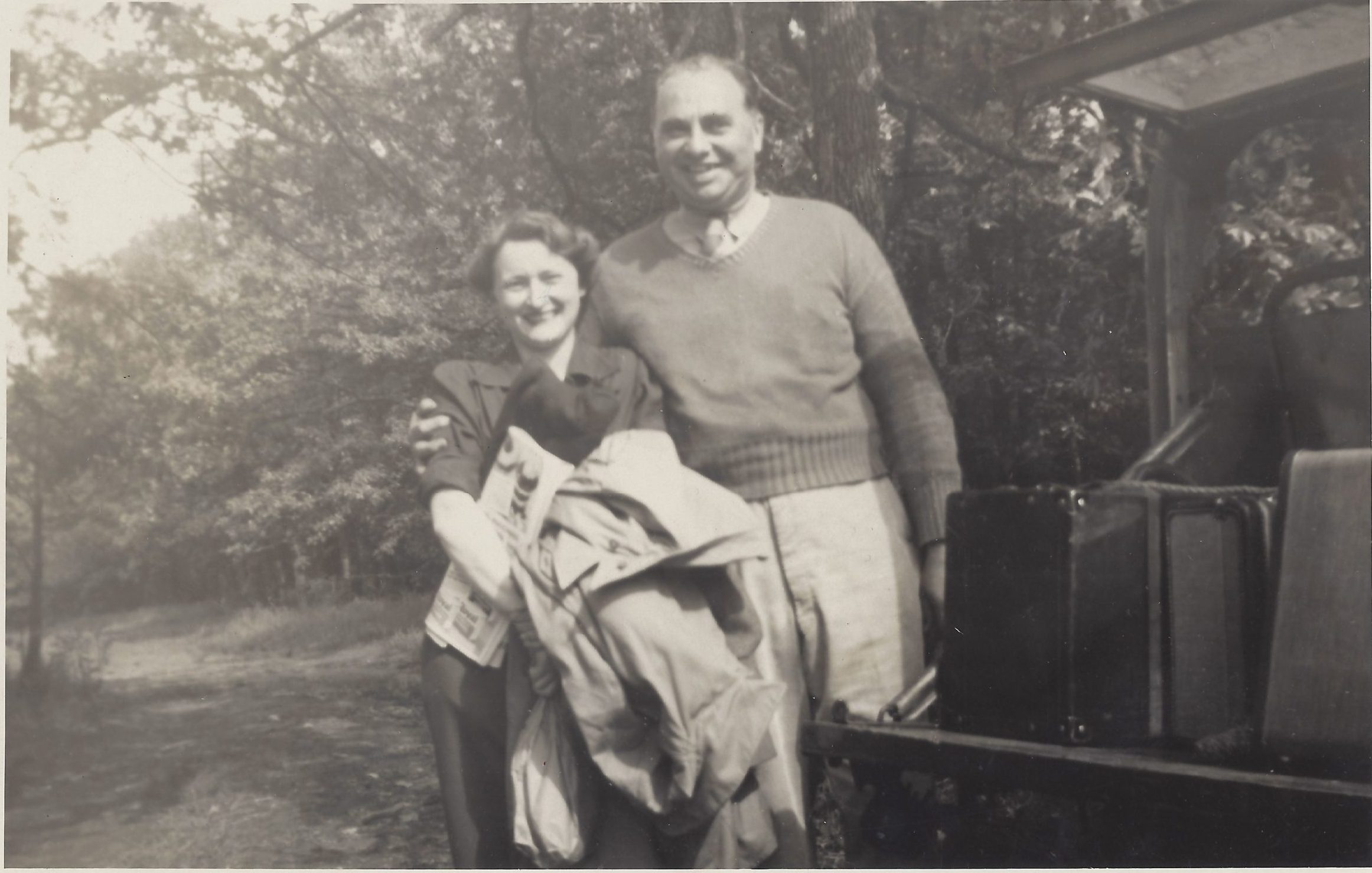
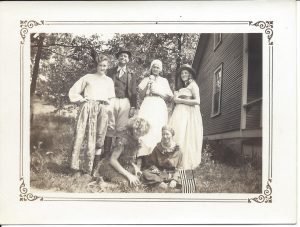 Adj was known as a leading educational reformer over the years because of his innovative work as an educator and camp director. His influence so deeply touched the lives of counselors and staffers that many became educators or worked in public service. Long before the national craze for outdoor education, Dillon and other local innovators were teaching a course in “Camp Leadership” at St. Louis University in the early 1940s. The Camp Wyman school camping program began in 1949 with the Webster Groves School District and has been duplicated with similar programs all over the St. Louis area.
Adj was known as a leading educational reformer over the years because of his innovative work as an educator and camp director. His influence so deeply touched the lives of counselors and staffers that many became educators or worked in public service. Long before the national craze for outdoor education, Dillon and other local innovators were teaching a course in “Camp Leadership” at St. Louis University in the early 1940s. The Camp Wyman school camping program began in 1949 with the Webster Groves School District and has been duplicated with similar programs all over the St. Louis area.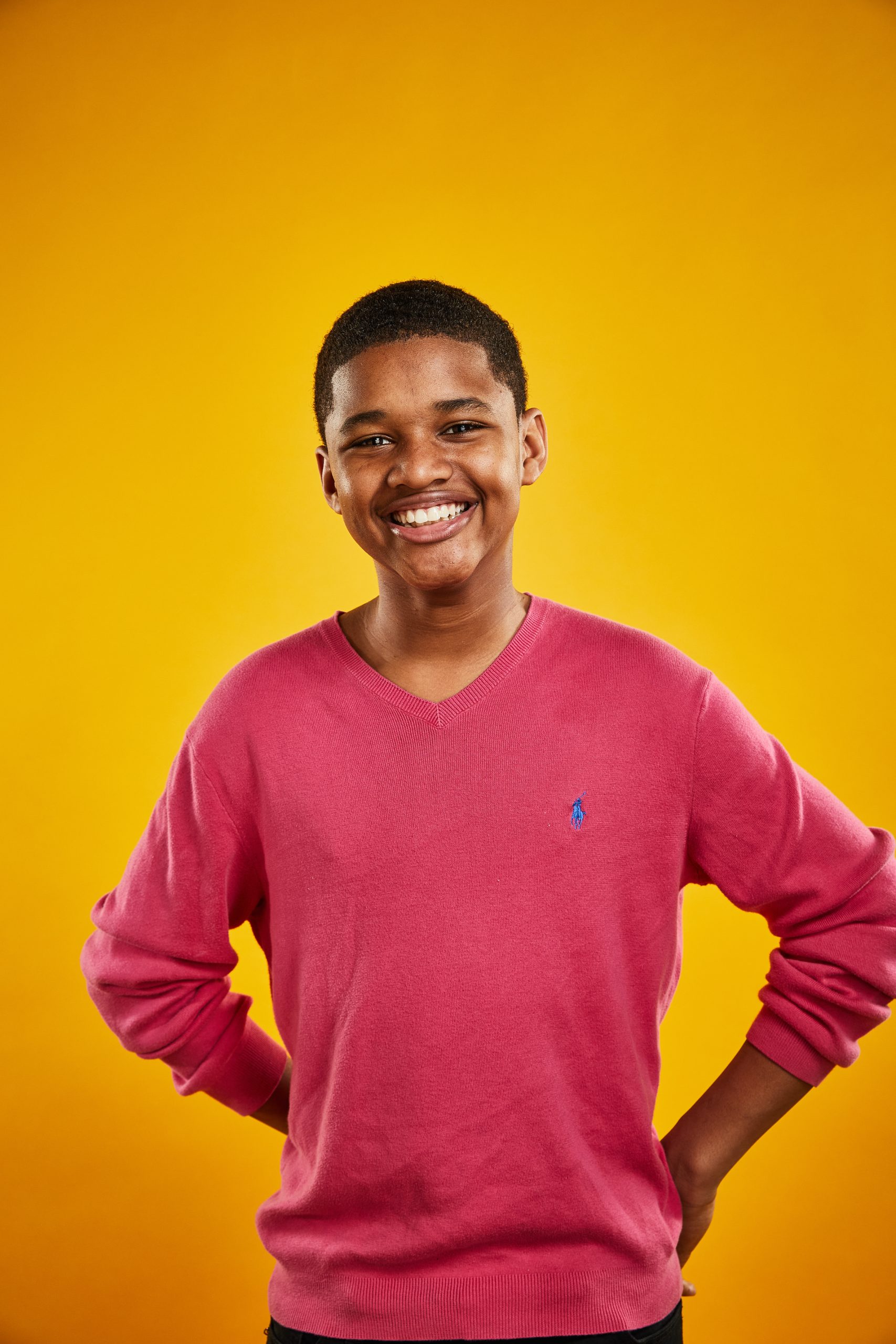
 Jared will graduate in 2024, and is already excited for the future. “I want to go to college and actually do something with myself. I’m not sure what I want to do yet, I just know I want to graduate high school and go to college.
Jared will graduate in 2024, and is already excited for the future. “I want to go to college and actually do something with myself. I’m not sure what I want to do yet, I just know I want to graduate high school and go to college.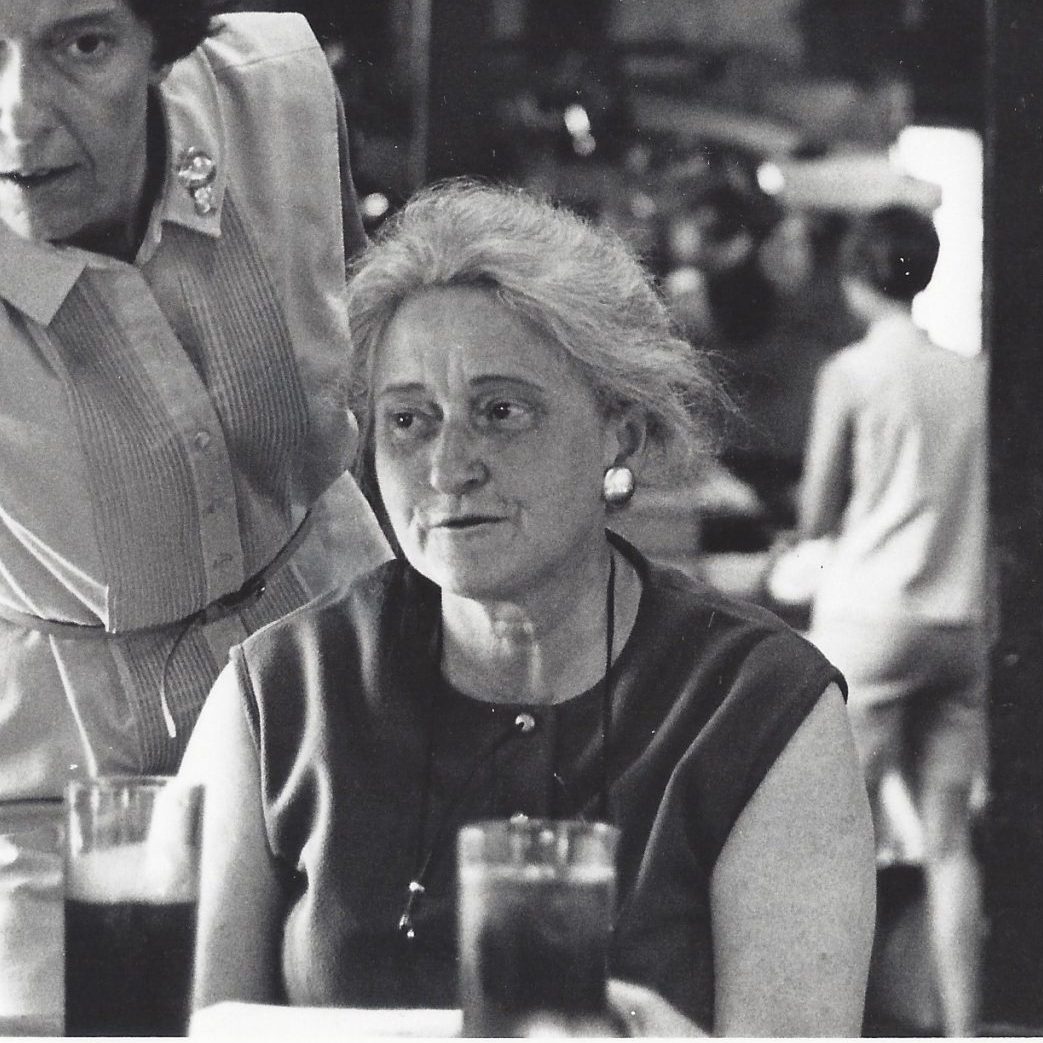
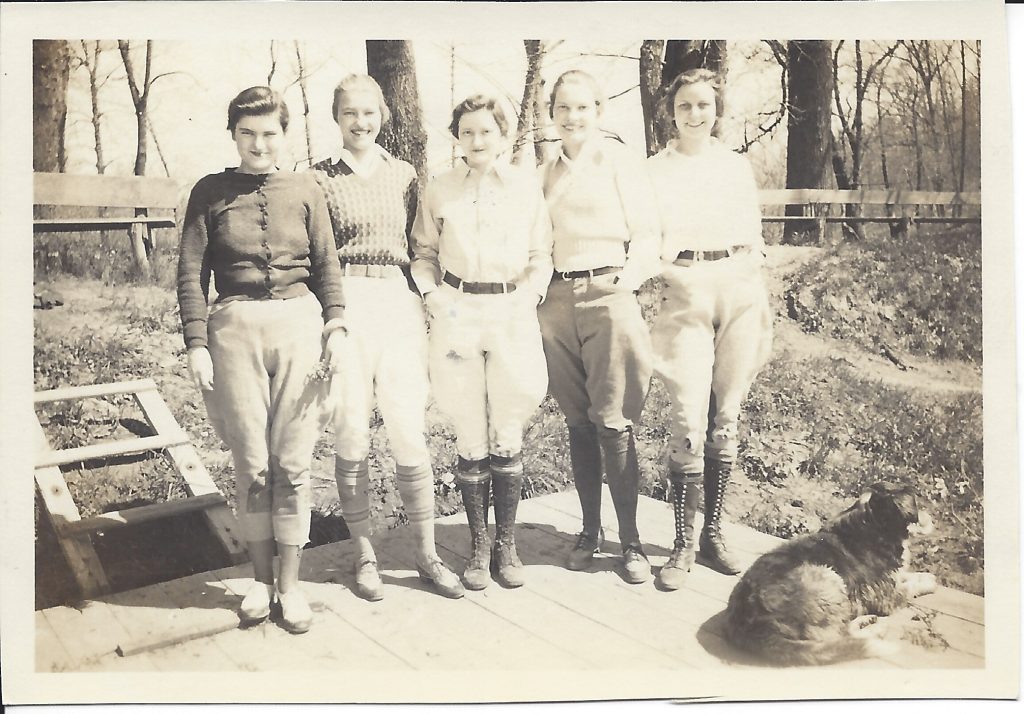 After being promoted to Assistant Supervisor of the County Office of Family & Children’s Service, she was transferred to the City Office and promoted to Chief Child Welfare Consultant. Meanwhile she had married Adj Dillon, and again became involved with Wyman when he was hired as the camp’s Executive Director in 1942. In 1946, after a long-time secretary retired from the organization, Eddie retired from social work at the height of her career to help the camp by filling the vacated position.
After being promoted to Assistant Supervisor of the County Office of Family & Children’s Service, she was transferred to the City Office and promoted to Chief Child Welfare Consultant. Meanwhile she had married Adj Dillon, and again became involved with Wyman when he was hired as the camp’s Executive Director in 1942. In 1946, after a long-time secretary retired from the organization, Eddie retired from social work at the height of her career to help the camp by filling the vacated position.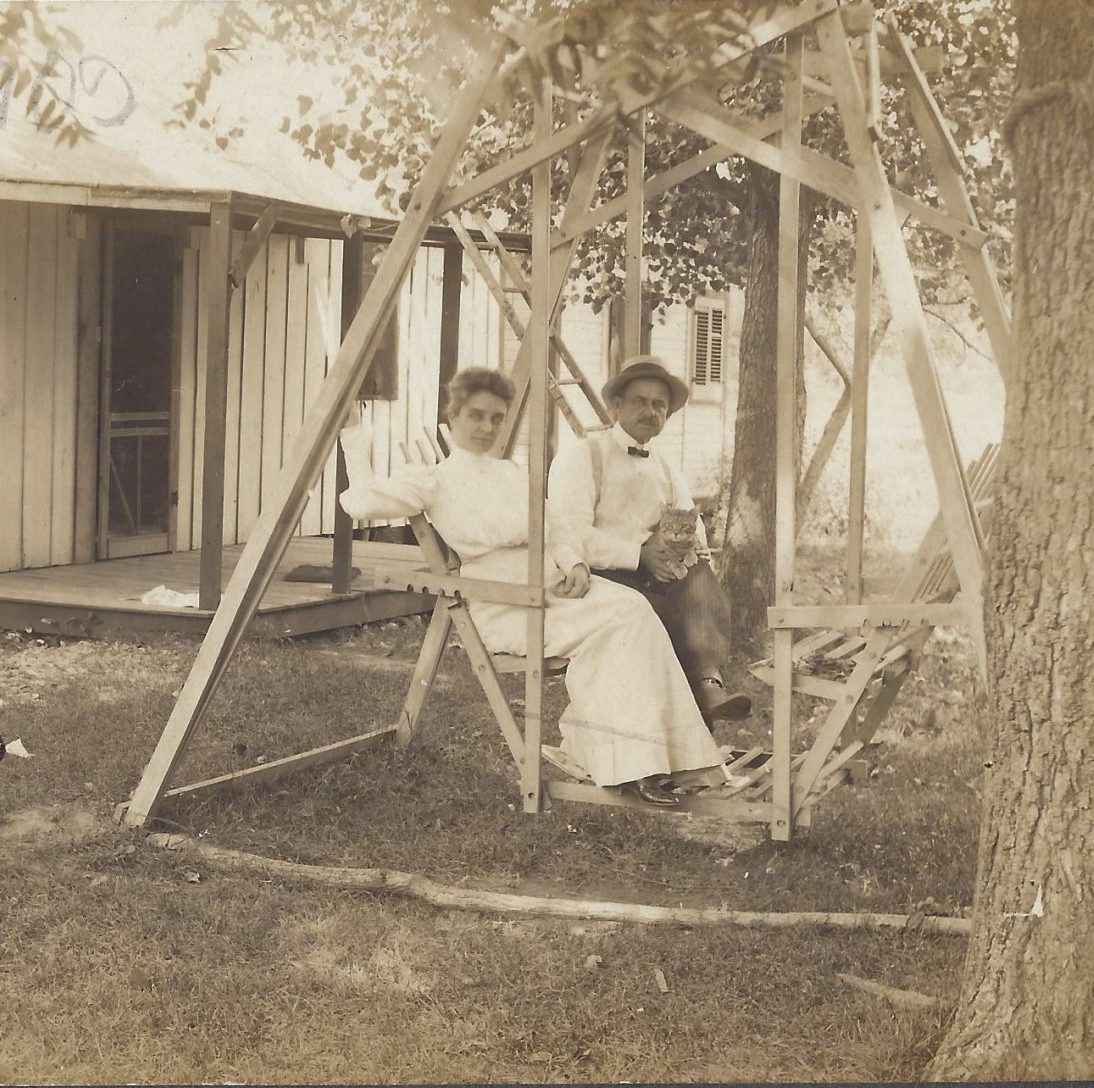
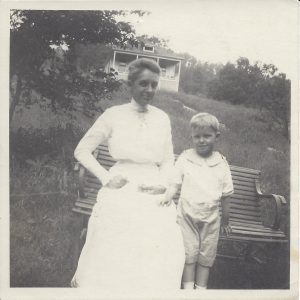 Mrs. Tillery retired from camp in 1938 at the age of 70. Mr. Tillery, however, stayed on for almost a decade longer, continuing to supervise the maintenance work of the camp.
Mrs. Tillery retired from camp in 1938 at the age of 70. Mr. Tillery, however, stayed on for almost a decade longer, continuing to supervise the maintenance work of the camp.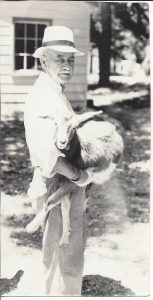 Mr. Tillery worked steadily on, until the very day of his death in 1947. On that day he did a full day’s work as usual, closed the office, and went up to the house and passed peacefully away at the age of 86. After he passed, Mrs. Tillery continued to return to camp in the summers.
Mr. Tillery worked steadily on, until the very day of his death in 1947. On that day he did a full day’s work as usual, closed the office, and went up to the house and passed peacefully away at the age of 86. After he passed, Mrs. Tillery continued to return to camp in the summers.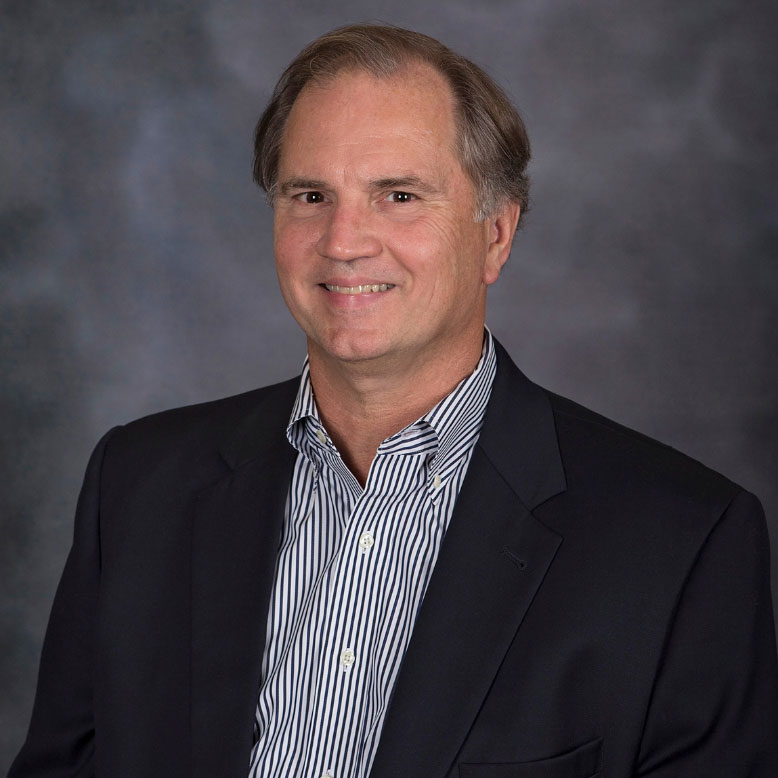
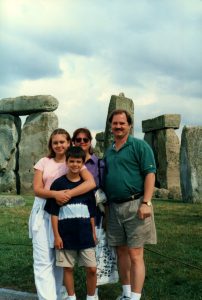 Over the last 15-20 years, Doug Sr. has often been in conversations with friends or family that led to the question, ‘What would you do if you won the lottery?’. Doug would share, “I do like boats, so I admit I would own a very large boat. But the most important thing I would do is start interviewing middle schoolers looking for young students with great potential. My wife and I have raised two children, and somewhere around 6th or 7th grade something important happens. Teens start to find their path. And in a lot of cases, social and economic situations can be barriers. I would want to be able to help these young people achieve their potential. What in the world would be more satisfying than that?”
Over the last 15-20 years, Doug Sr. has often been in conversations with friends or family that led to the question, ‘What would you do if you won the lottery?’. Doug would share, “I do like boats, so I admit I would own a very large boat. But the most important thing I would do is start interviewing middle schoolers looking for young students with great potential. My wife and I have raised two children, and somewhere around 6th or 7th grade something important happens. Teens start to find their path. And in a lot of cases, social and economic situations can be barriers. I would want to be able to help these young people achieve their potential. What in the world would be more satisfying than that?”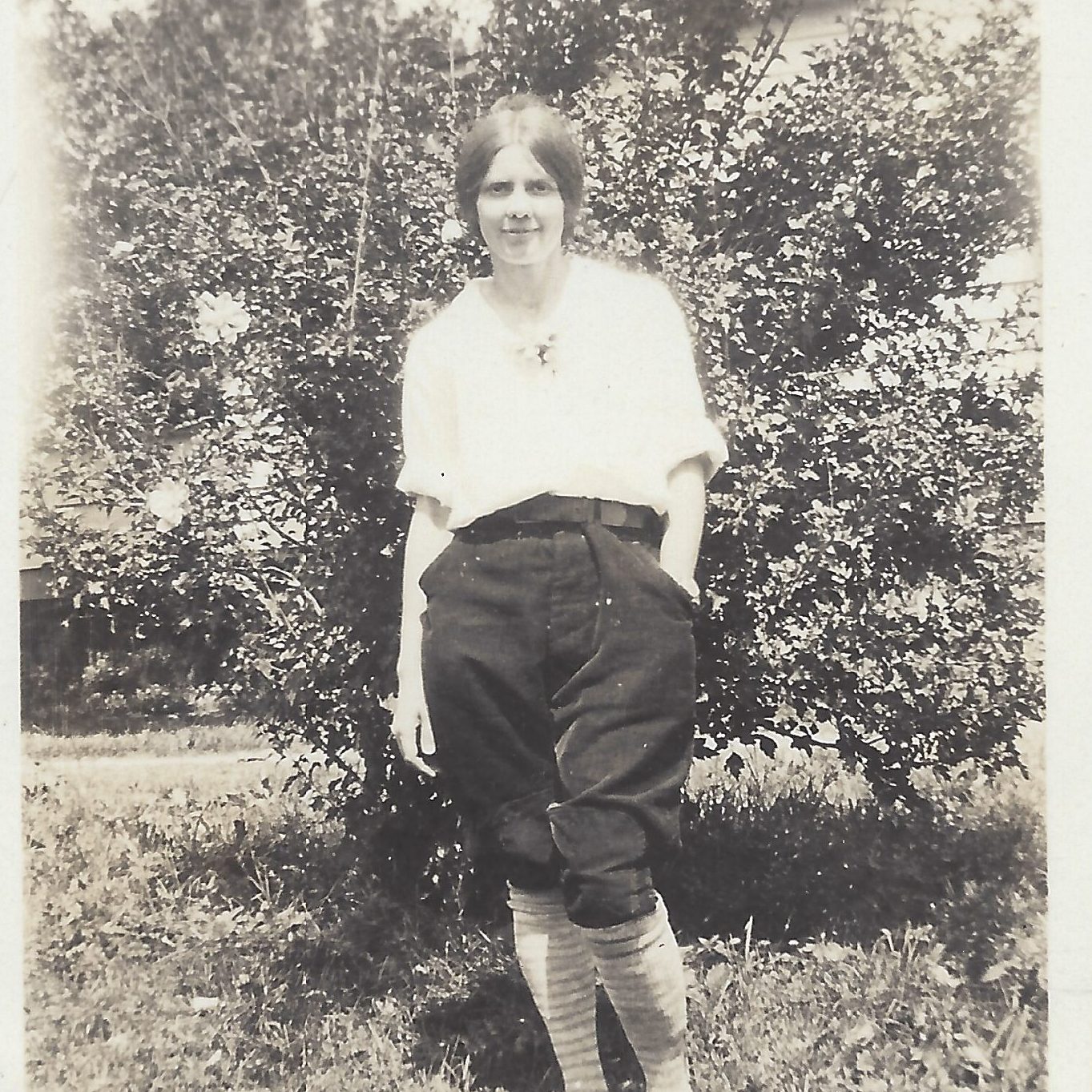
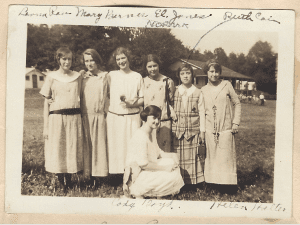 Through activities at Washington University, Norma met a young man named Melvin Dillon. It was through her that he first came to Wyman in 1930 becoming the third Boys’ Program Director at camp. Norma was also Mrs. Tillery’s Assistant when Edmonia Beal (later Eddie Dillon) first came to Wyman as a counselor. Eddie herself has said that Norma was a great influence in bringing her into social work, along with her other experiences out at camp.
Through activities at Washington University, Norma met a young man named Melvin Dillon. It was through her that he first came to Wyman in 1930 becoming the third Boys’ Program Director at camp. Norma was also Mrs. Tillery’s Assistant when Edmonia Beal (later Eddie Dillon) first came to Wyman as a counselor. Eddie herself has said that Norma was a great influence in bringing her into social work, along with her other experiences out at camp.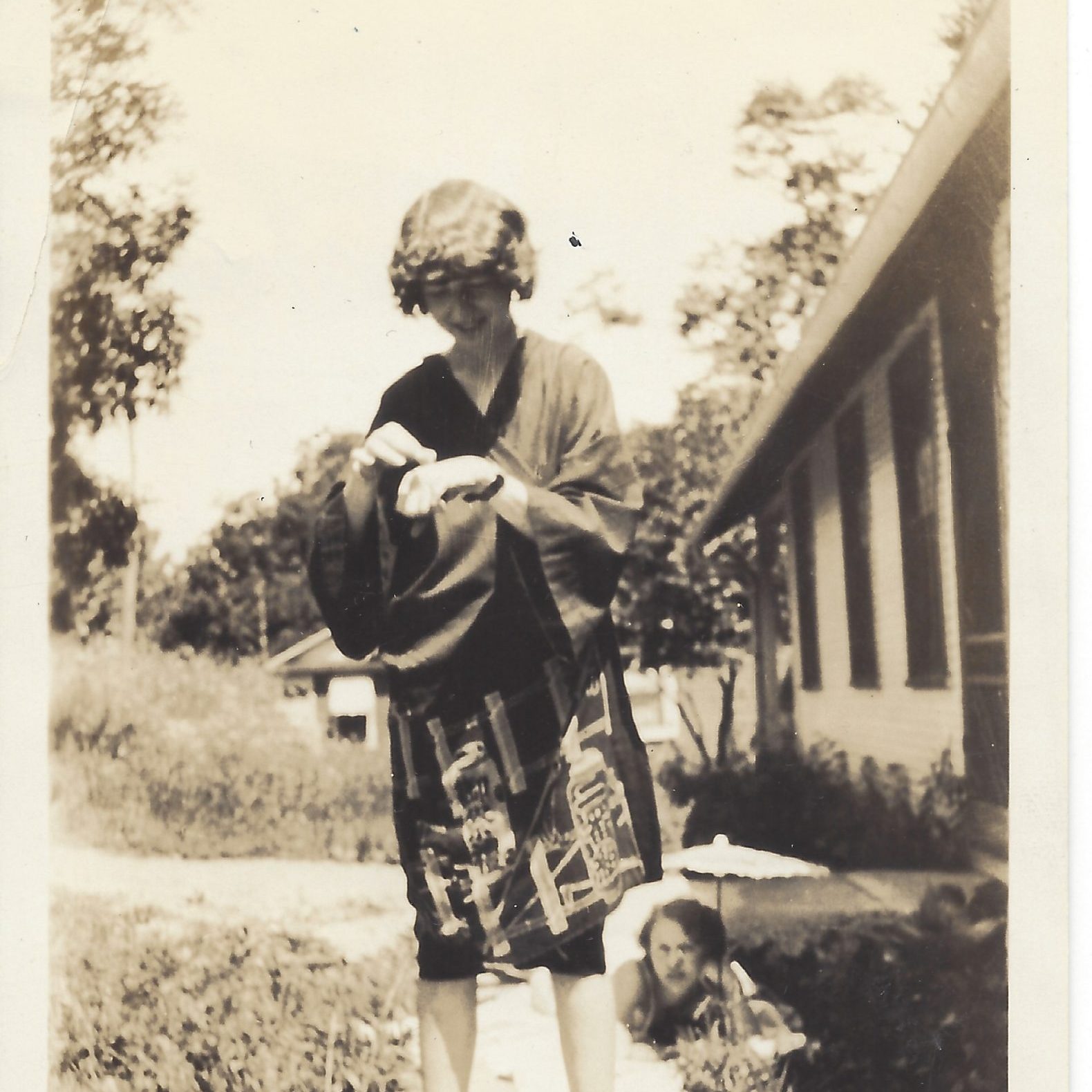
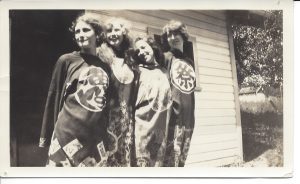 On December 19, 1949, in a one-hour live Studio One in Hollywood presentation on CBS, Mary Wickes originated the role of Mary Poppins.
On December 19, 1949, in a one-hour live Studio One in Hollywood presentation on CBS, Mary Wickes originated the role of Mary Poppins.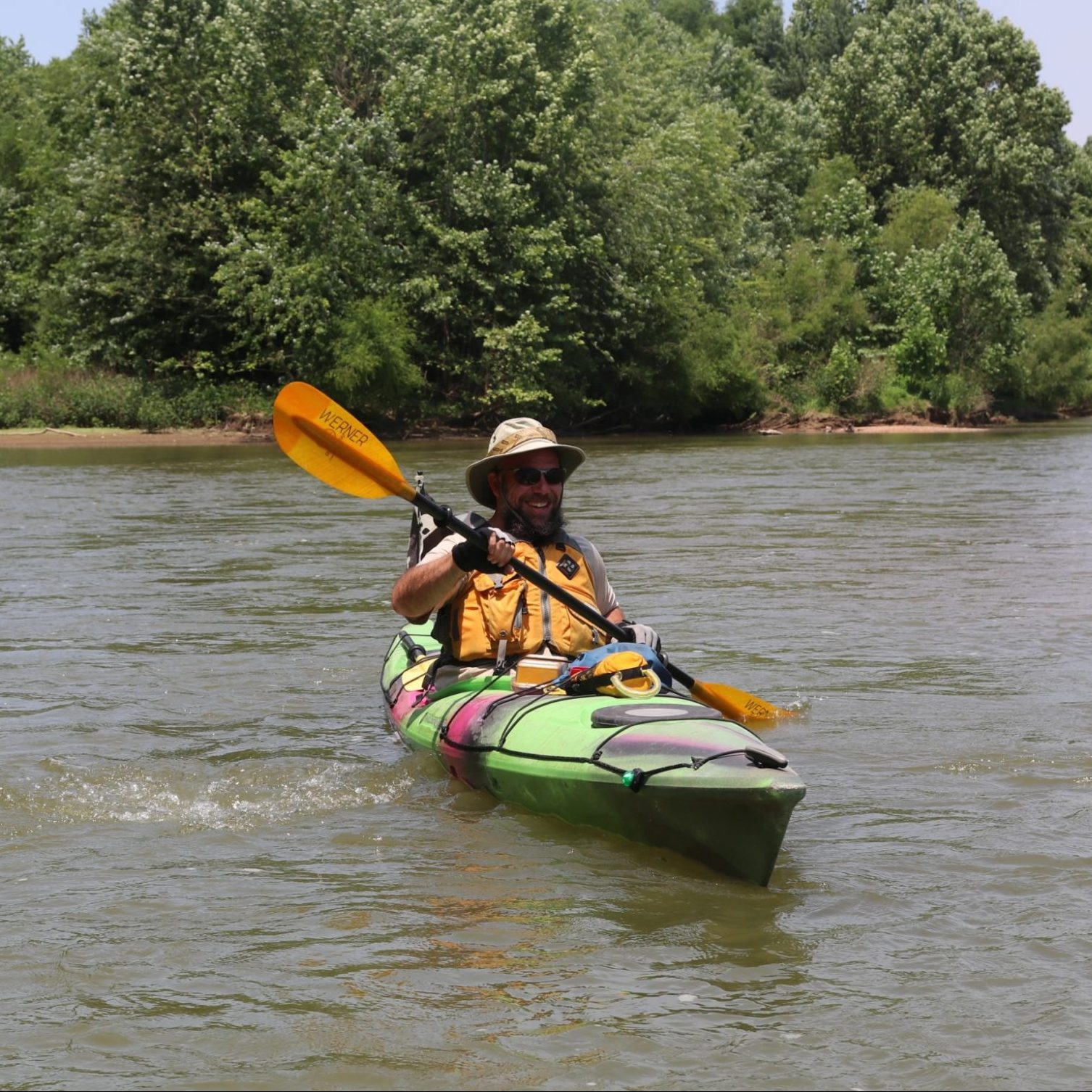
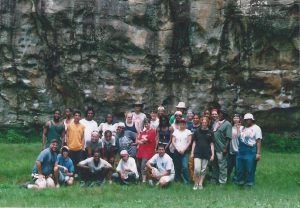 During his job search, Jason looked at other camping programs in the area, but none of them could compare. “There are other camps in the area but none quite like Wyman that have the same opportunities or are doing this caliber of programming.”
During his job search, Jason looked at other camping programs in the area, but none of them could compare. “There are other camps in the area but none quite like Wyman that have the same opportunities or are doing this caliber of programming.”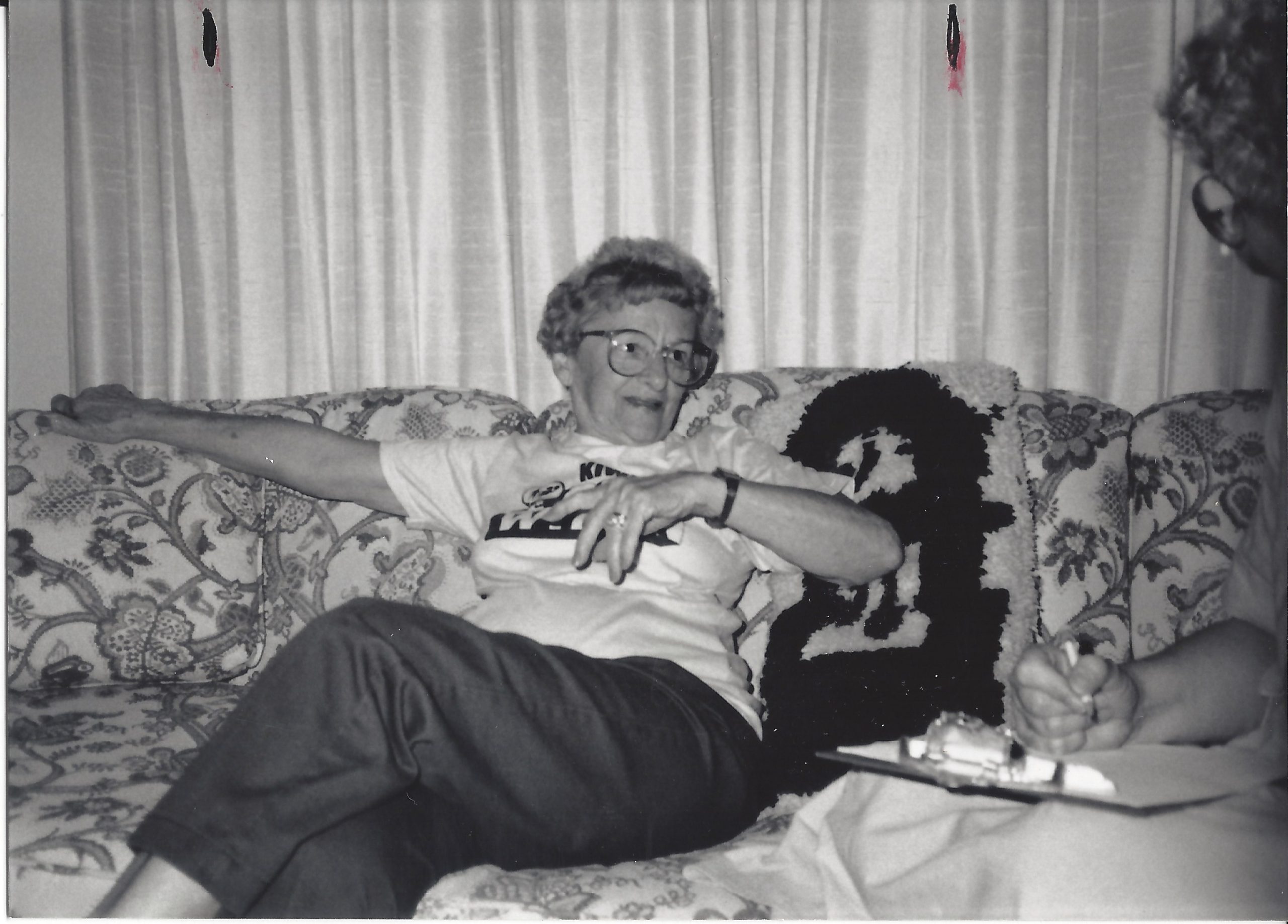
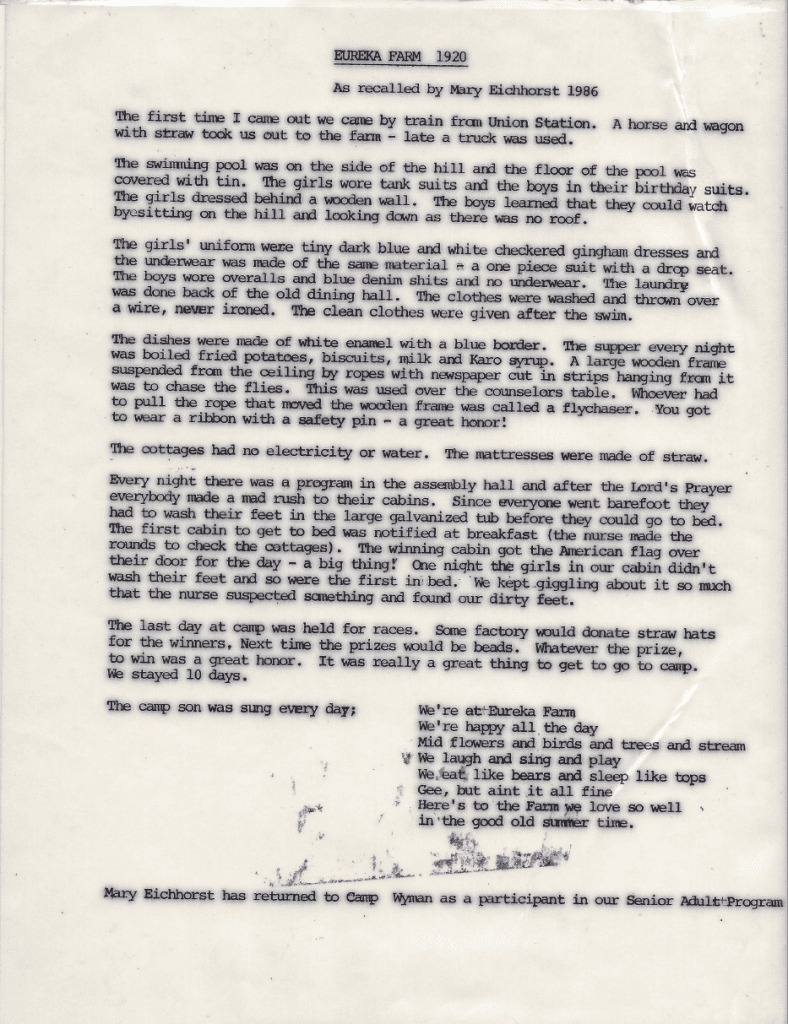

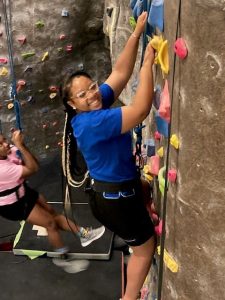 After graduating from Wyman Leaders Anisa didn’t think she’d come back to the organization. “I came up in Wyman, knew Wyman my whole life, but I never thought about working for Wyman,” she says. But during her time at the University of Central Missouri, Anisa ended up doing an internship at Wyman and a year later she applied for a full-time position. “And here I am today. I love the position. I love working with Wyman. I can tell the people that Wyman hires are passionate about their jobs, and love helping the next person out.”
After graduating from Wyman Leaders Anisa didn’t think she’d come back to the organization. “I came up in Wyman, knew Wyman my whole life, but I never thought about working for Wyman,” she says. But during her time at the University of Central Missouri, Anisa ended up doing an internship at Wyman and a year later she applied for a full-time position. “And here I am today. I love the position. I love working with Wyman. I can tell the people that Wyman hires are passionate about their jobs, and love helping the next person out.”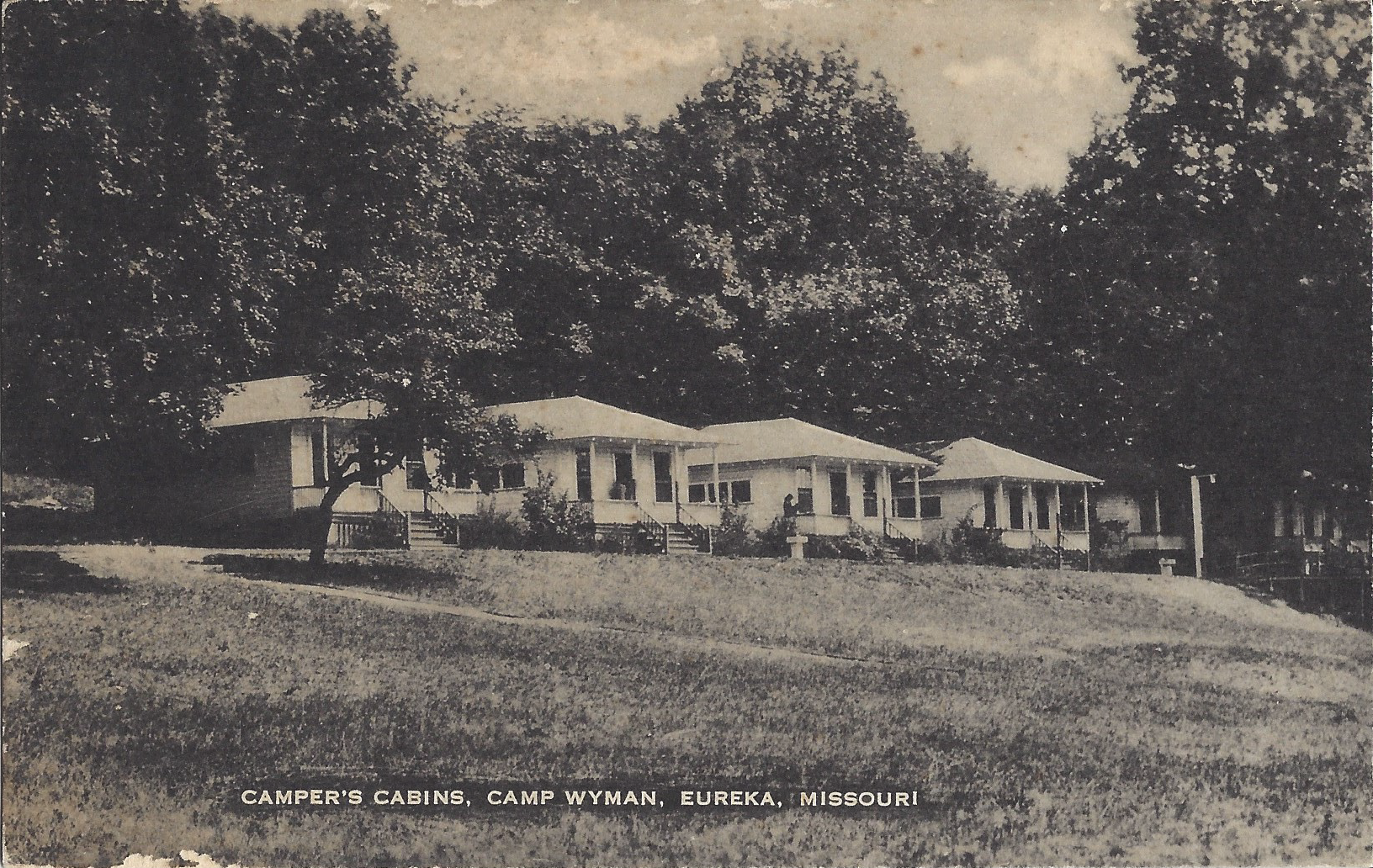
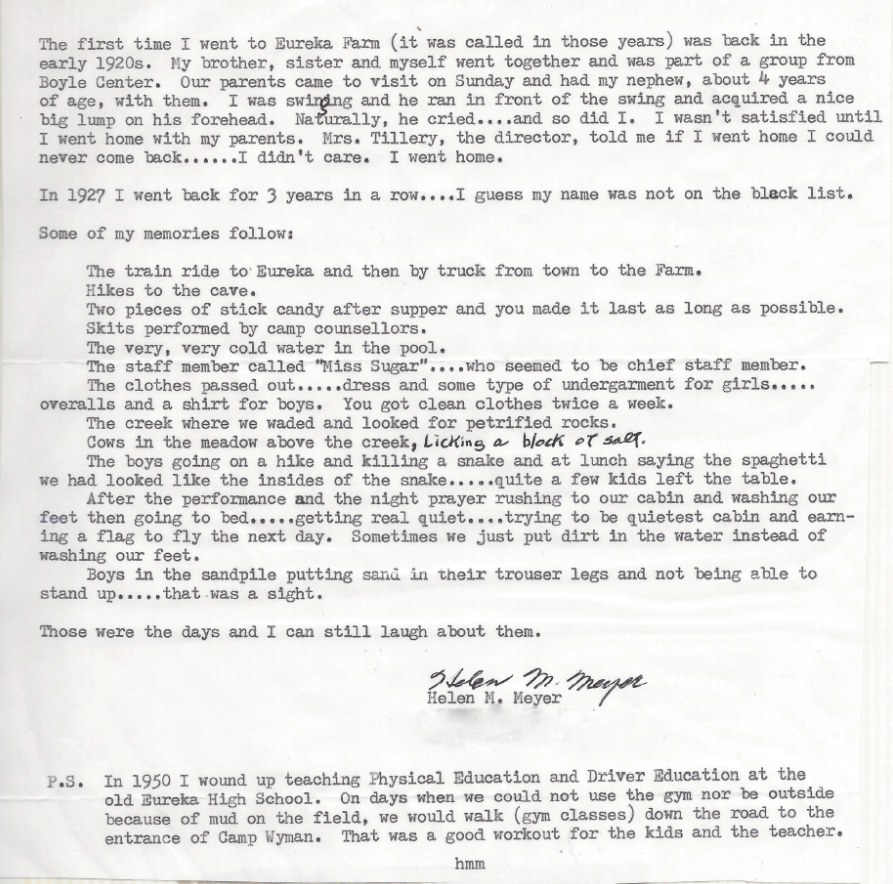
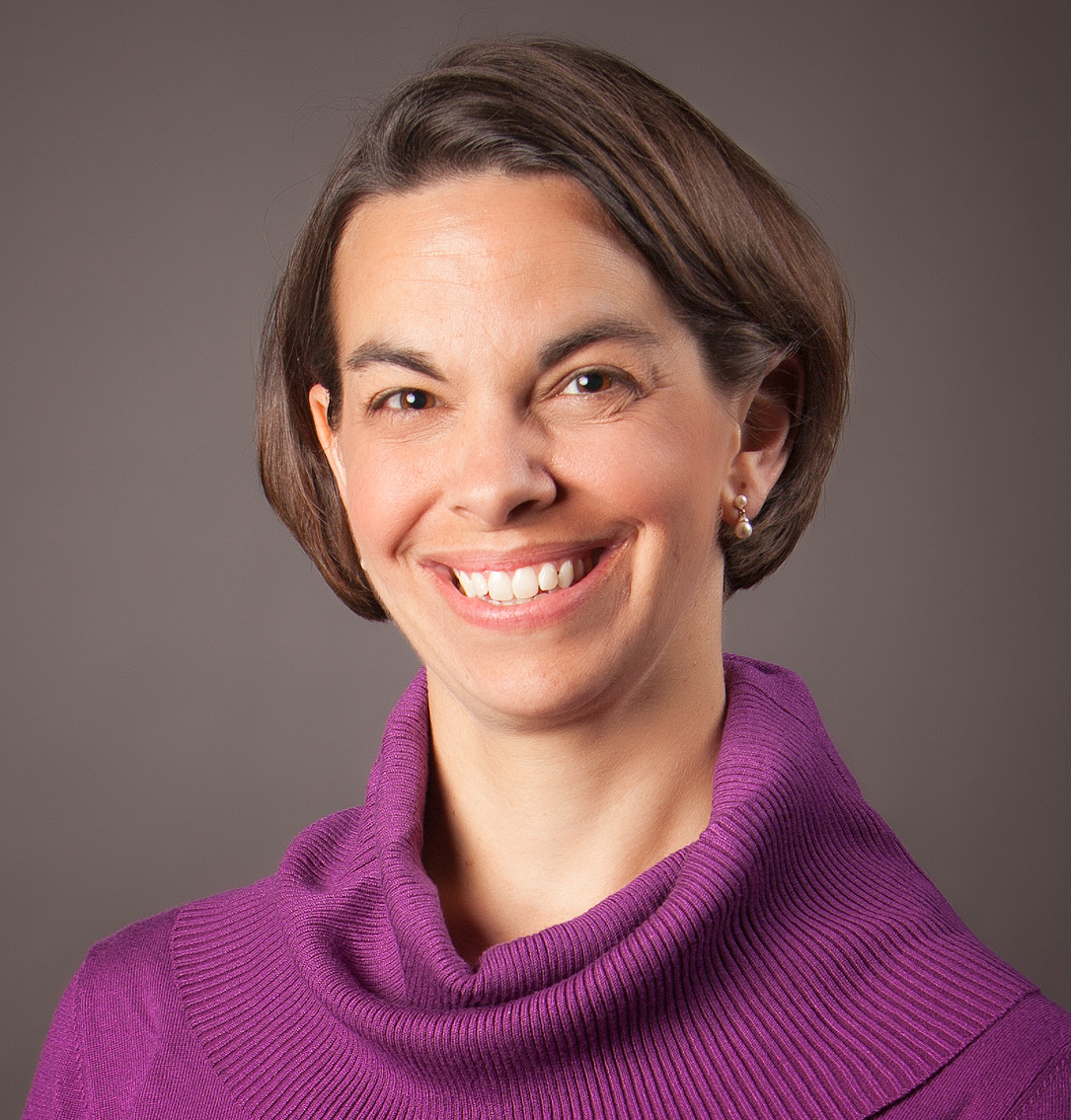
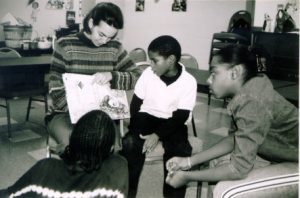 And in 2009, Allison was a part of launching Wyman’s National Network. “We knew that Wyman could only impact so many youth in our direct service programs. But we were great trainers and had this wonderful evidence-based program in the Teen Outreach Program. We wanted to use that to support other organizations who were doing similar work with young people, and expand our impact by scaling the program through partnerships.”
And in 2009, Allison was a part of launching Wyman’s National Network. “We knew that Wyman could only impact so many youth in our direct service programs. But we were great trainers and had this wonderful evidence-based program in the Teen Outreach Program. We wanted to use that to support other organizations who were doing similar work with young people, and expand our impact by scaling the program through partnerships.”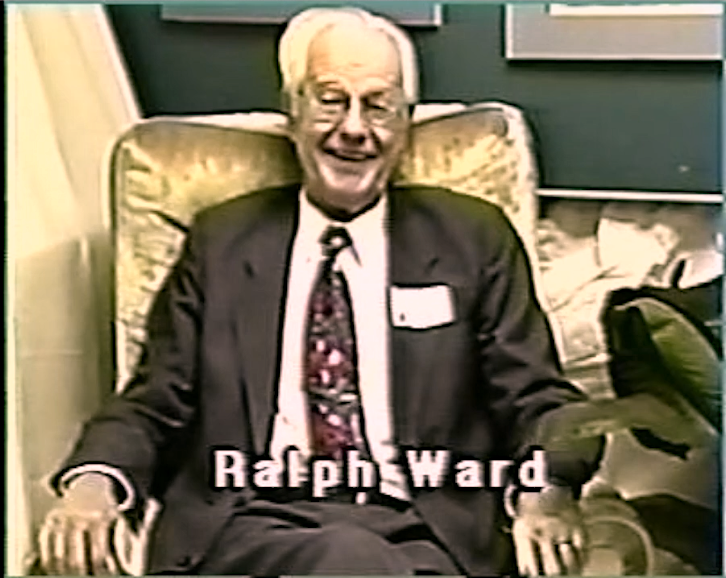
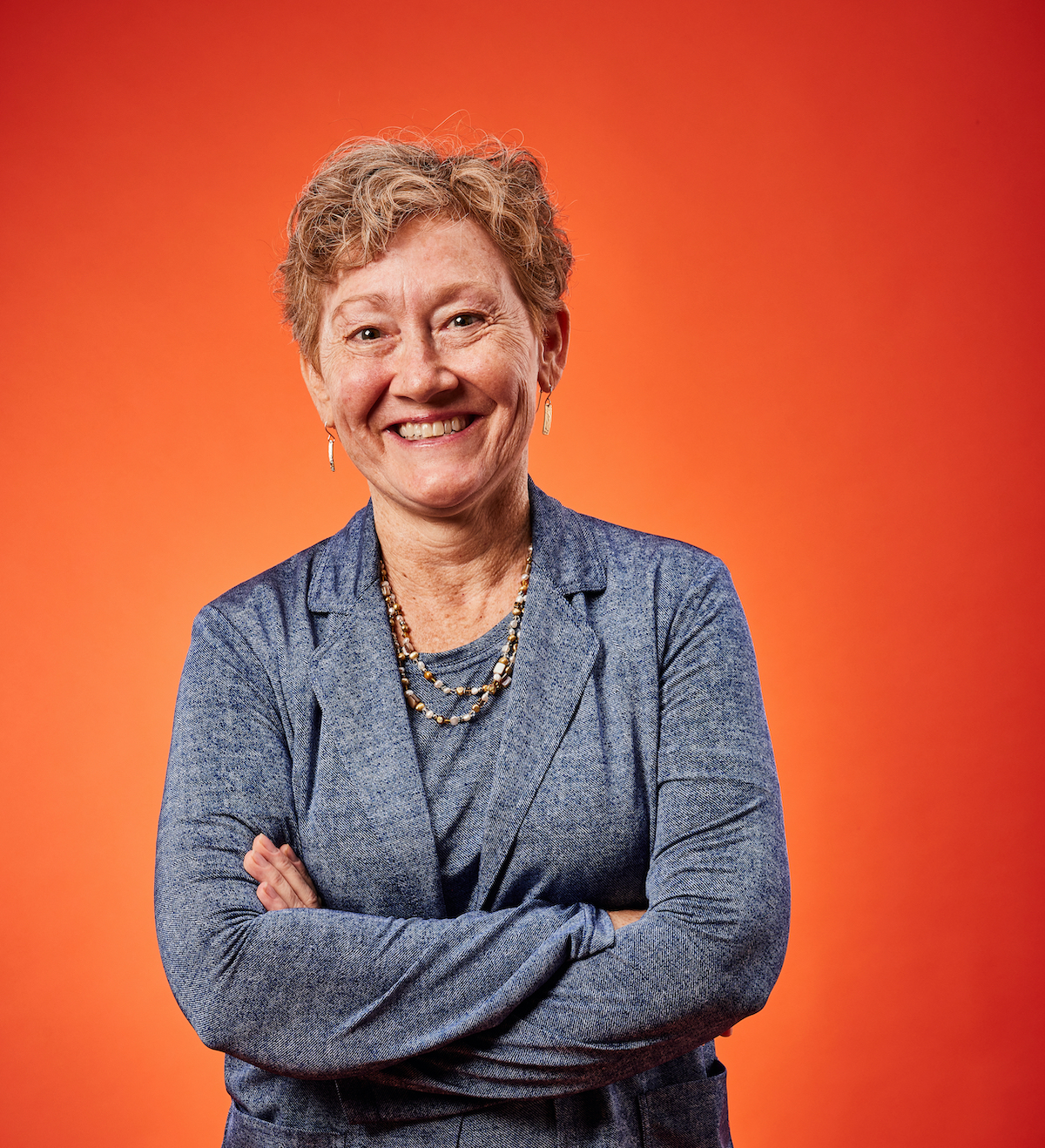
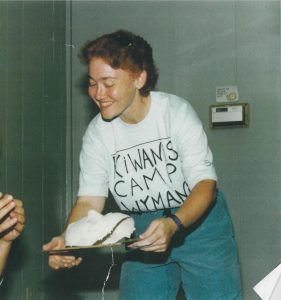 One of Claire’s largest contributions to the organization was recognizing the importance of, and securing, the Teen Outreach Program® (TOP®) curriculum. Claire worked as a facilitator and trainer for TOP around the country, and when the curriculum came up for sale, Claire knew Wyman needed to acquire it. What struck Claire about TOP from the beginning was the way she saw young people engage with it. “It was so centered on them, on things that matter to young people. Not things that adults want to matter to young people, but what teens yearn to talk about and work out. There was a lot of attention on creating a strong bond in each group, which was very aligned with how we lead and influence the environment. The other thing I saw is that every staff member that we trained in TOP at Wyman grew in their professional practice. They went from a teaching mode to being great facilitators getting at what youth development truly is. Which is centering on the young person and their developmental needs and helping them to identify and leverage their strengths.”
One of Claire’s largest contributions to the organization was recognizing the importance of, and securing, the Teen Outreach Program® (TOP®) curriculum. Claire worked as a facilitator and trainer for TOP around the country, and when the curriculum came up for sale, Claire knew Wyman needed to acquire it. What struck Claire about TOP from the beginning was the way she saw young people engage with it. “It was so centered on them, on things that matter to young people. Not things that adults want to matter to young people, but what teens yearn to talk about and work out. There was a lot of attention on creating a strong bond in each group, which was very aligned with how we lead and influence the environment. The other thing I saw is that every staff member that we trained in TOP at Wyman grew in their professional practice. They went from a teaching mode to being great facilitators getting at what youth development truly is. Which is centering on the young person and their developmental needs and helping them to identify and leverage their strengths.”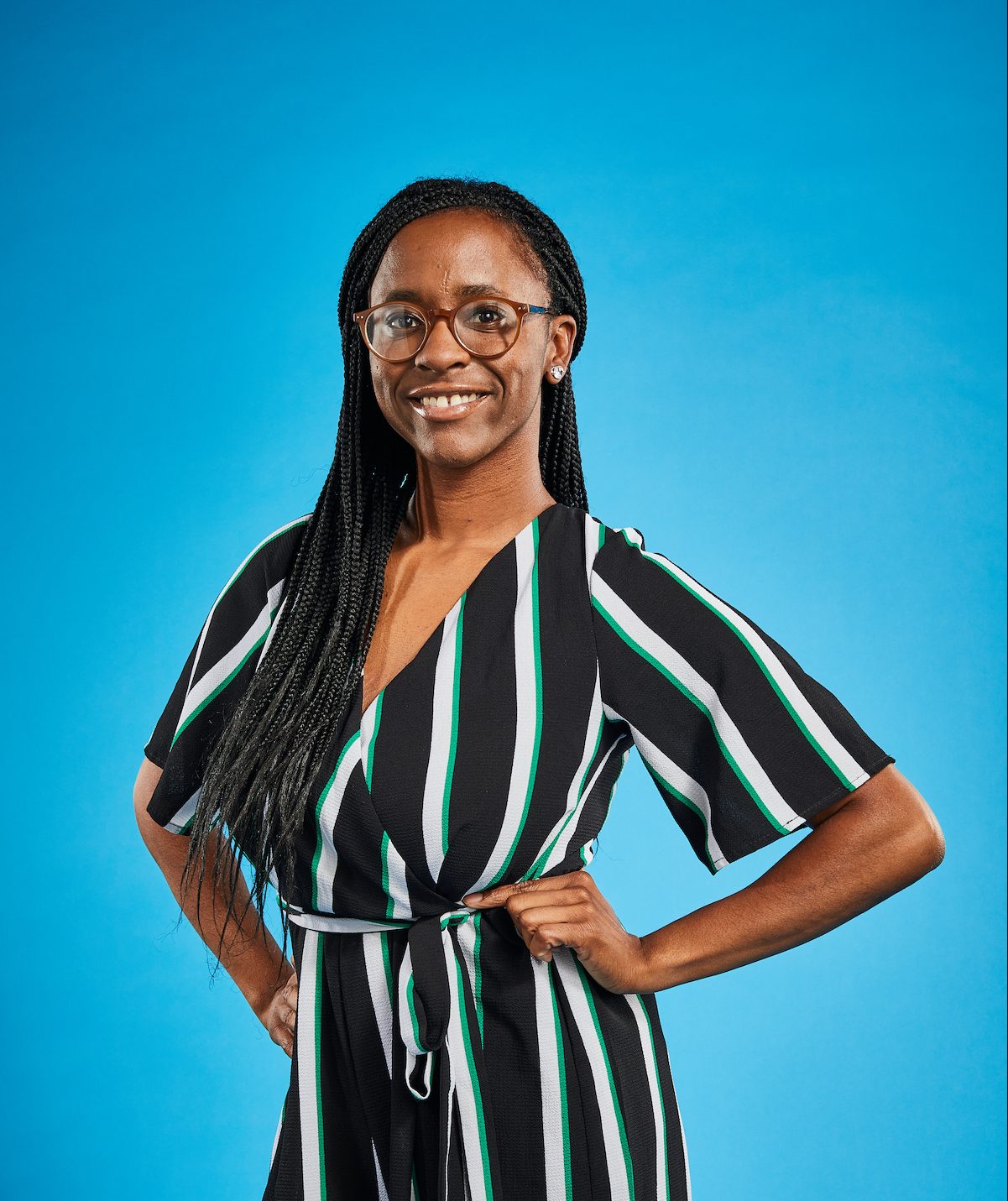
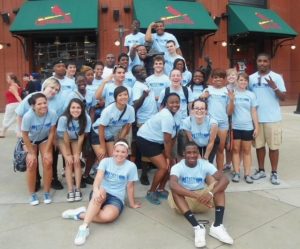 She knows how important it can be for teens to have a support system outside of their homes to help them navigate adolescence. “Having a trusting, supportive relationship with my coach – someone who helped me discover who I am and who understood what it was like to be a first-generation college student – was incredible. Through my work, I hope that I am able to impact just one student; to be able to build even just one meaningful relationship with a teen who knows that I’m here to support them in any capacity that they need, and knows I truly am a champion for their success in whatever that may look like. Because I know how important and transformational that can be.”
She knows how important it can be for teens to have a support system outside of their homes to help them navigate adolescence. “Having a trusting, supportive relationship with my coach – someone who helped me discover who I am and who understood what it was like to be a first-generation college student – was incredible. Through my work, I hope that I am able to impact just one student; to be able to build even just one meaningful relationship with a teen who knows that I’m here to support them in any capacity that they need, and knows I truly am a champion for their success in whatever that may look like. Because I know how important and transformational that can be.”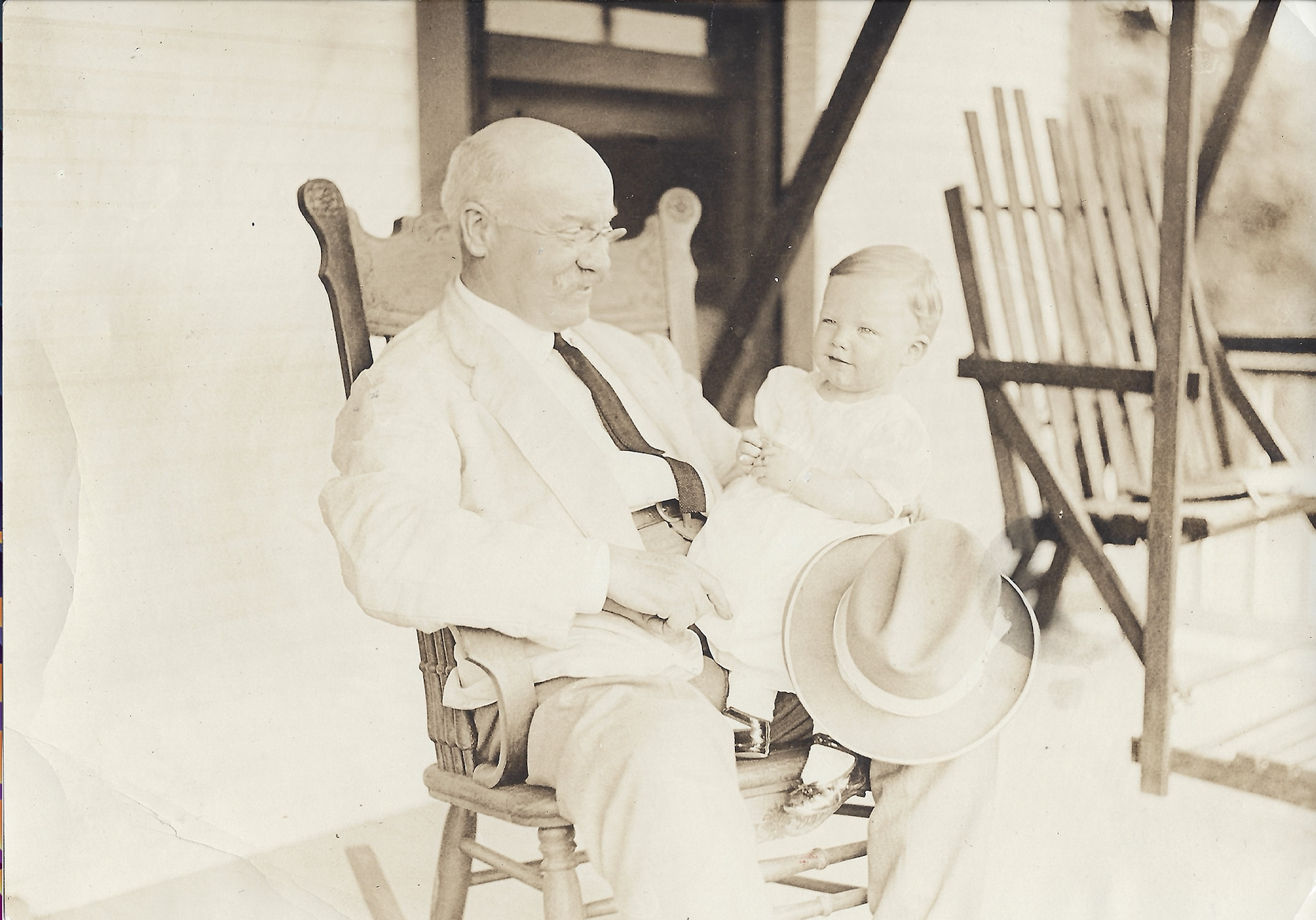
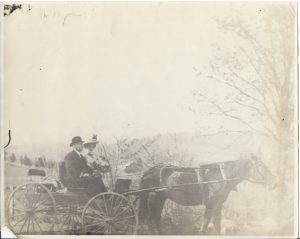 In the absence of a regular system of support, the presence of Frank Wyman was vital. The effect of his constant and extensive fund-raising efforts was to assure a steady flow of operating funds. Had he not been interested, the
In the absence of a regular system of support, the presence of Frank Wyman was vital. The effect of his constant and extensive fund-raising efforts was to assure a steady flow of operating funds. Had he not been interested, the